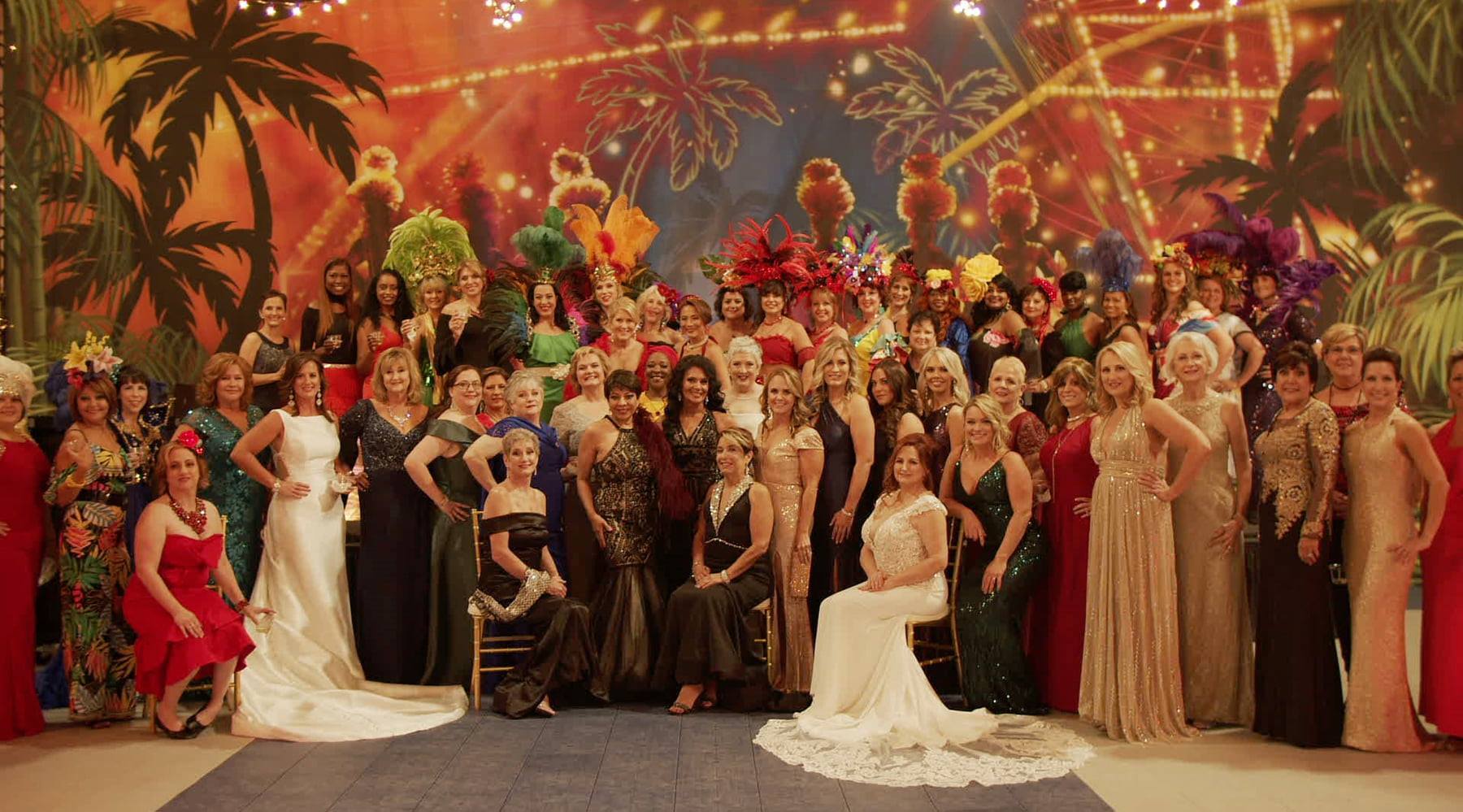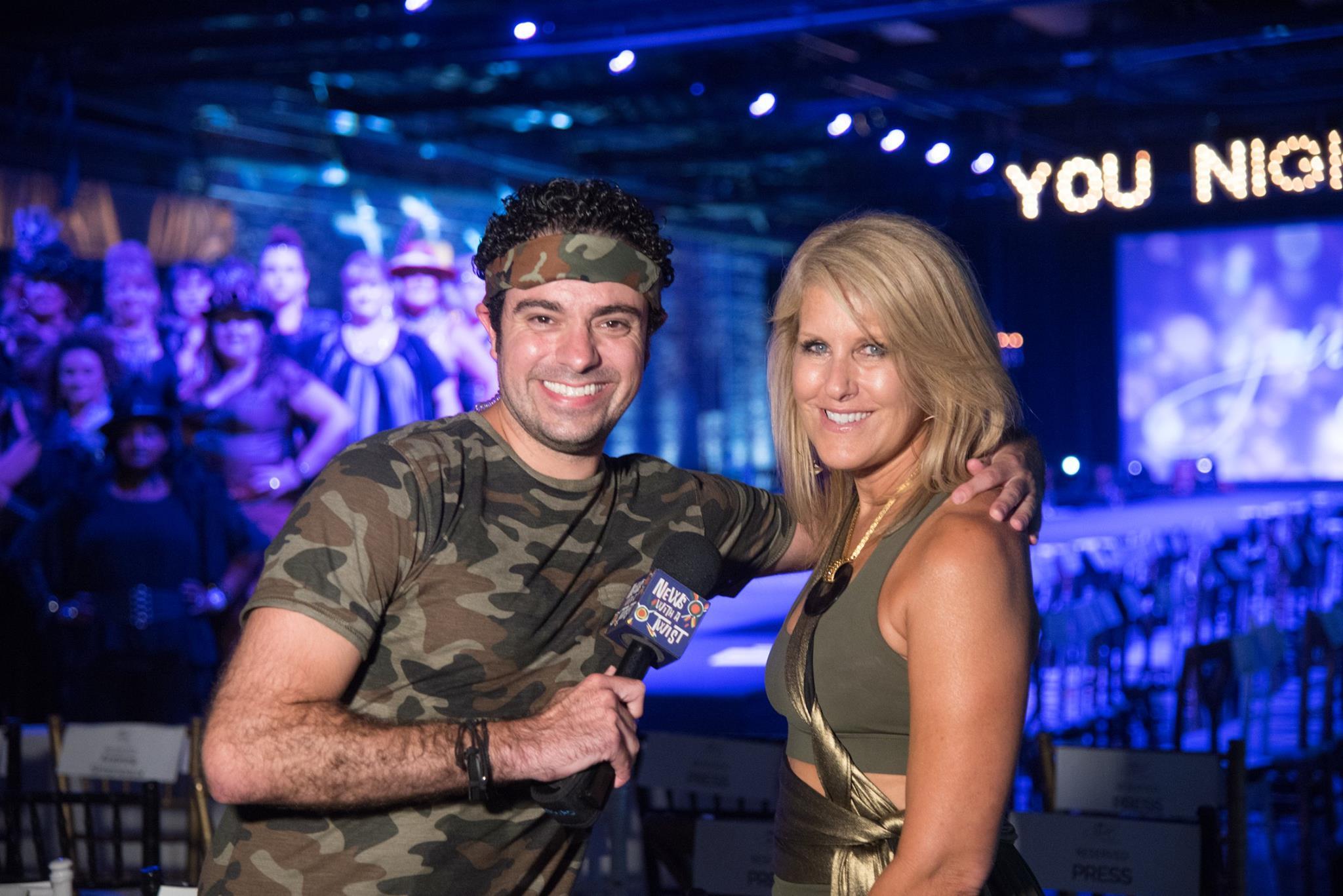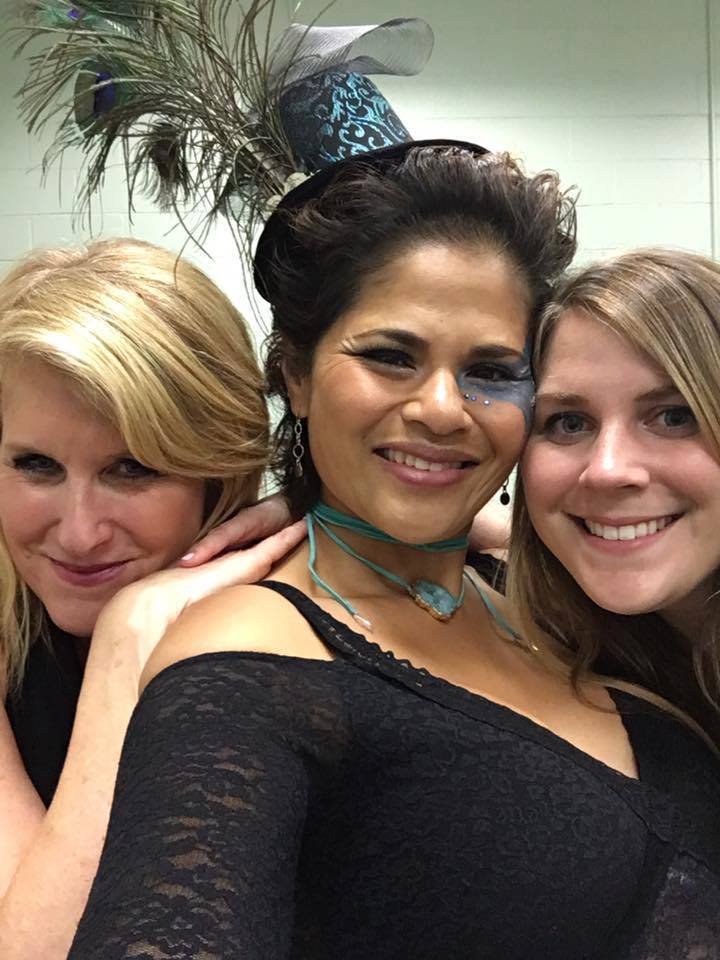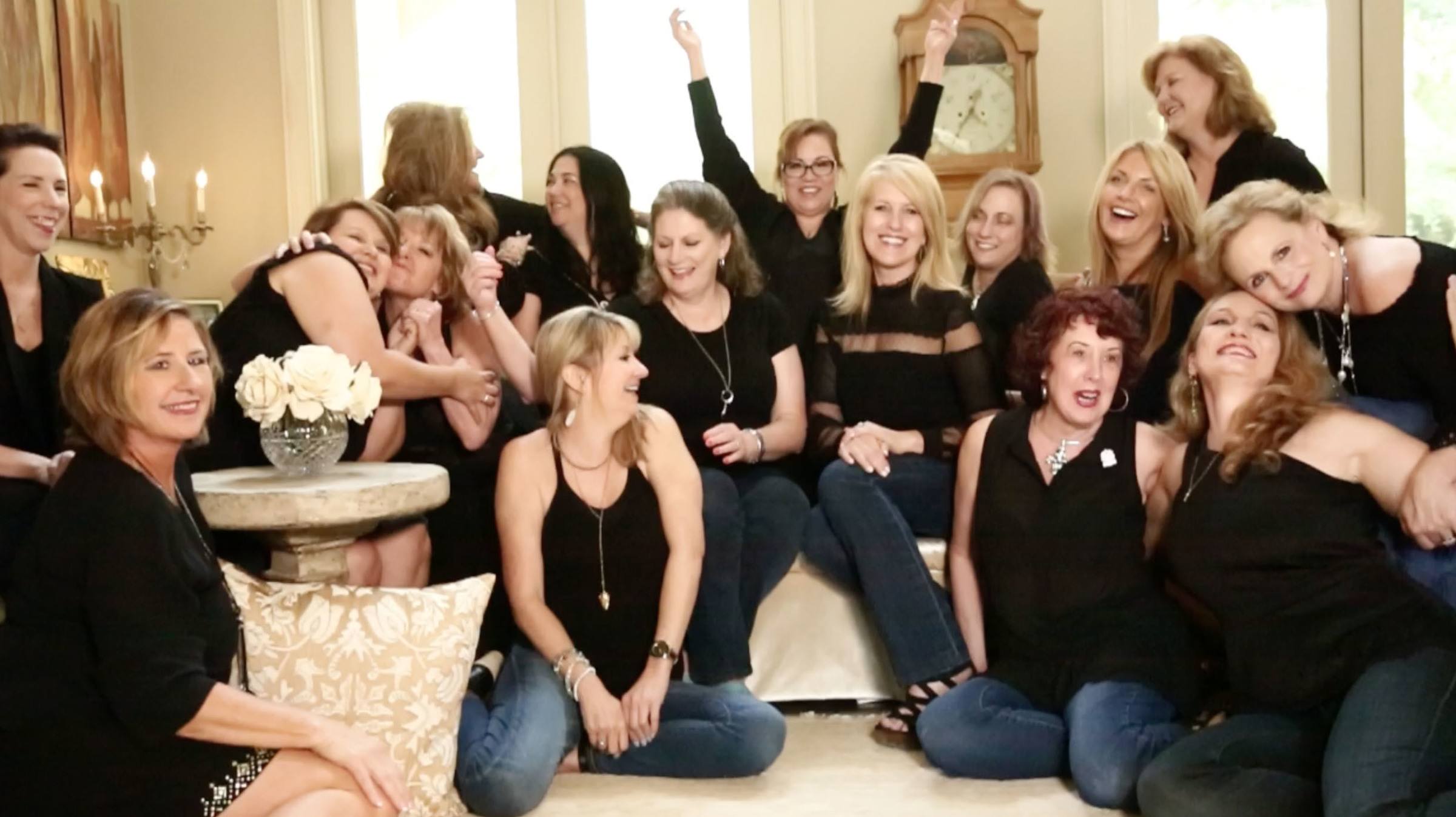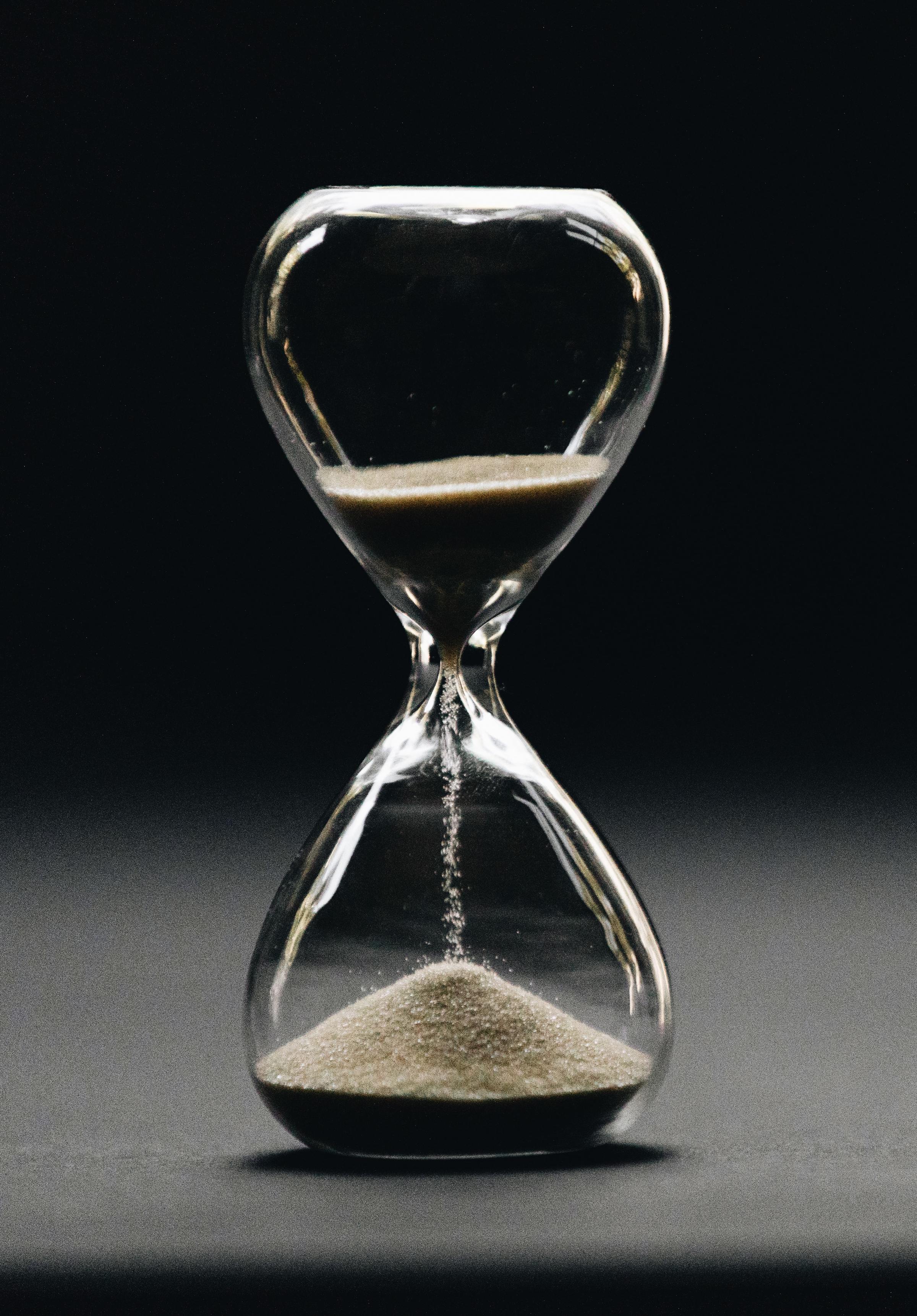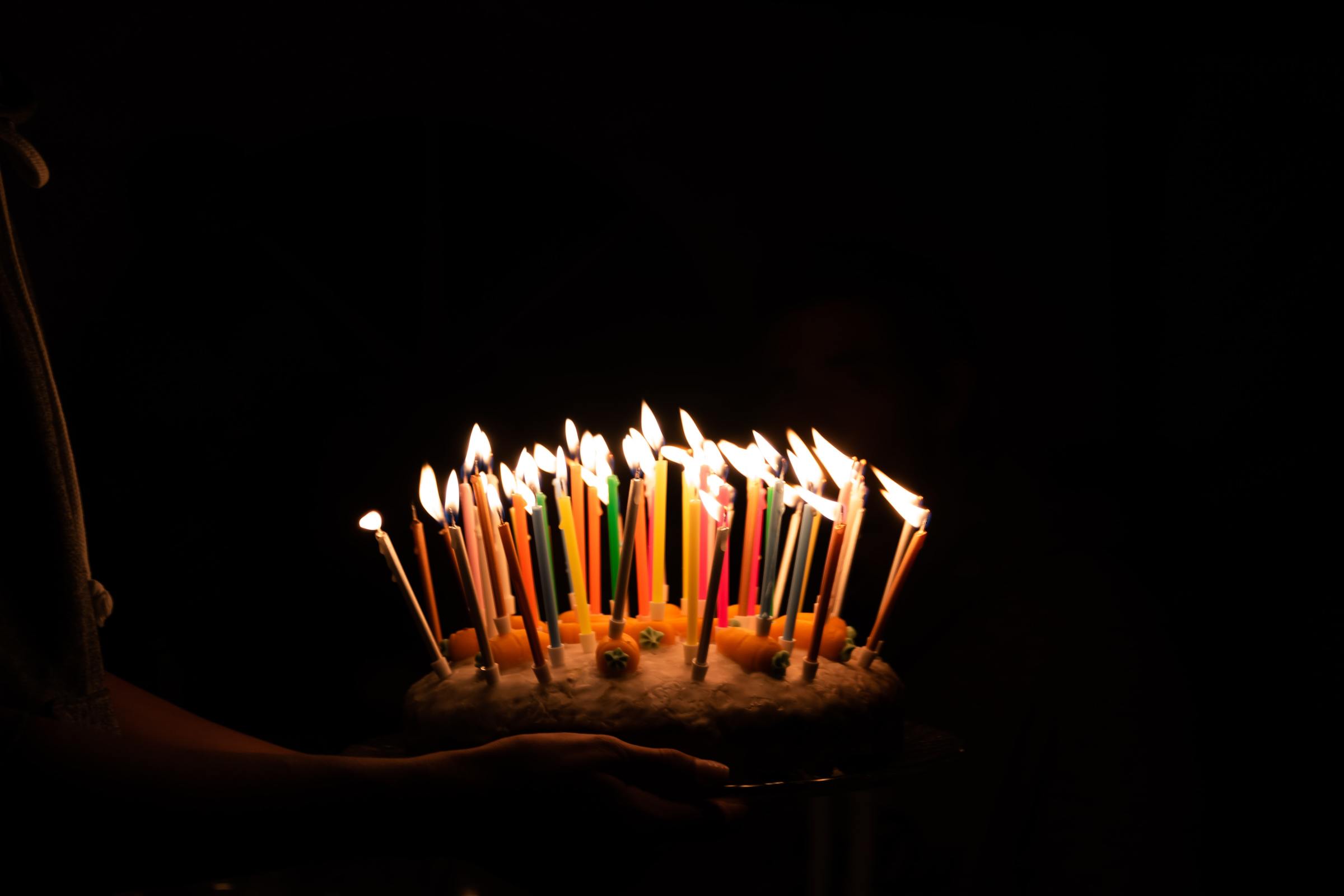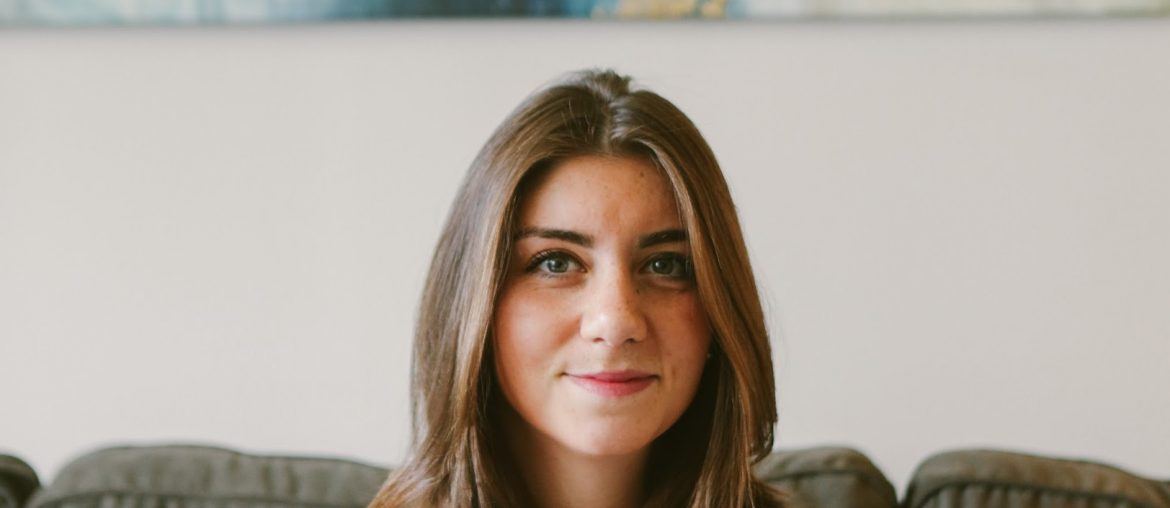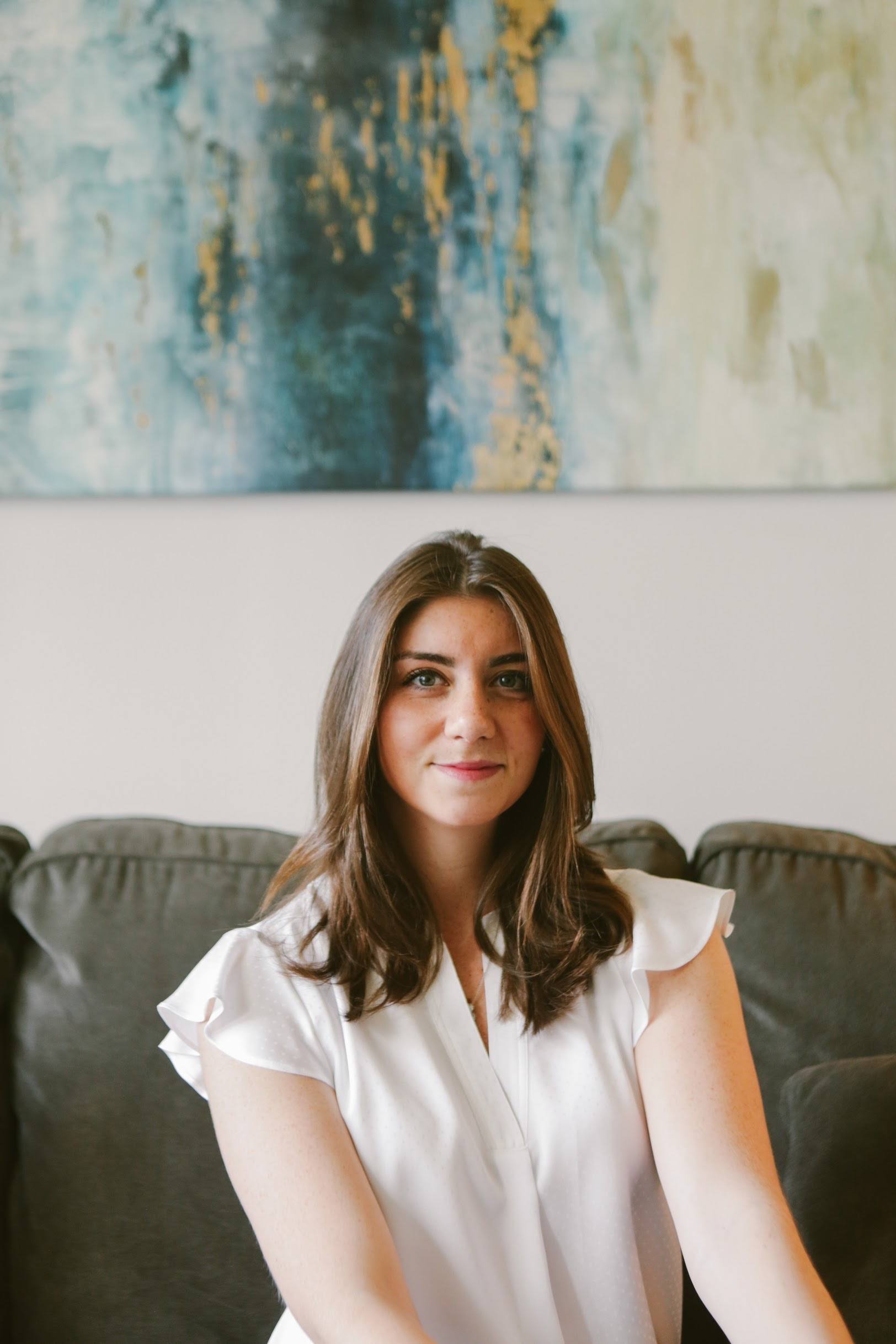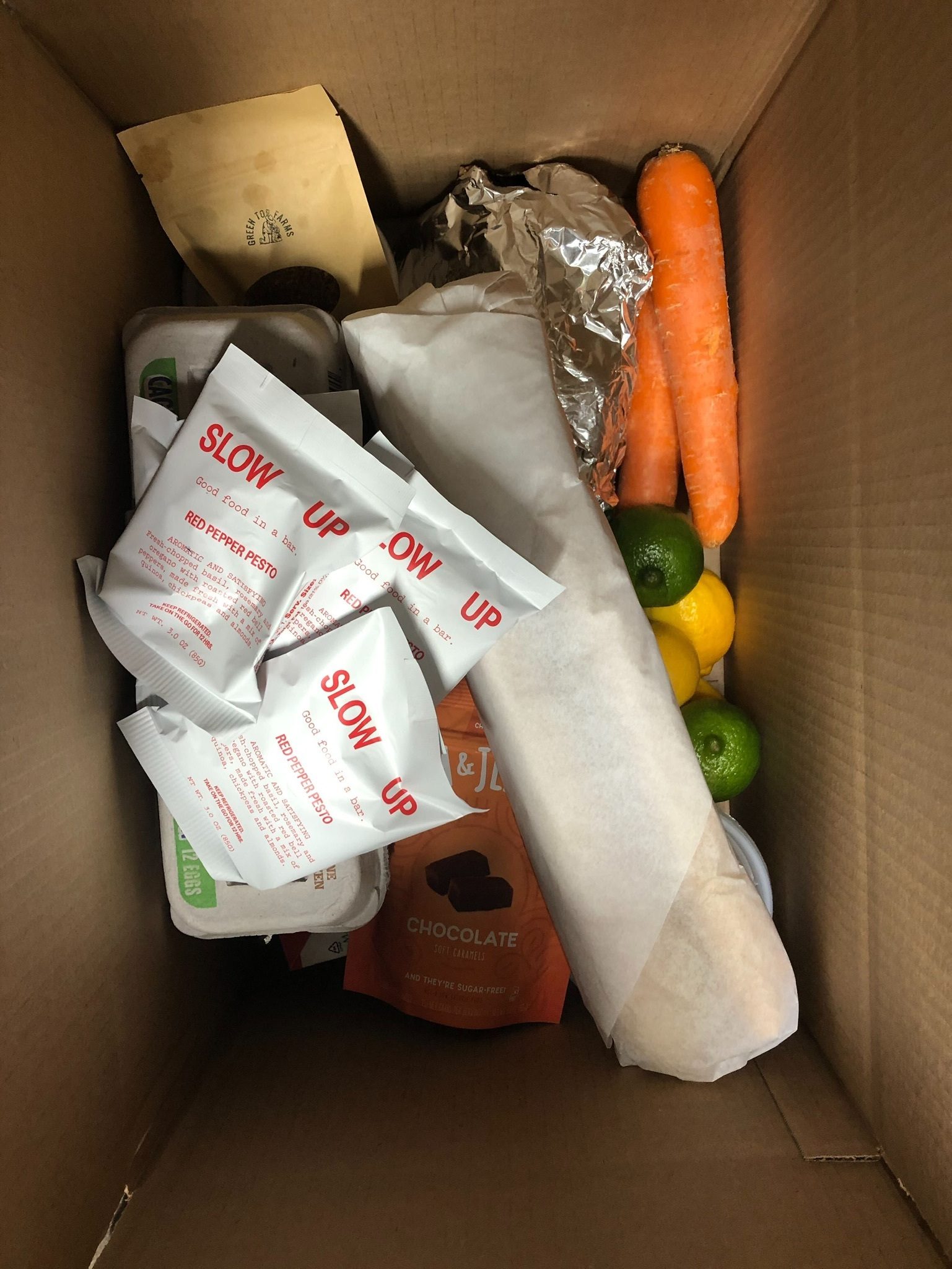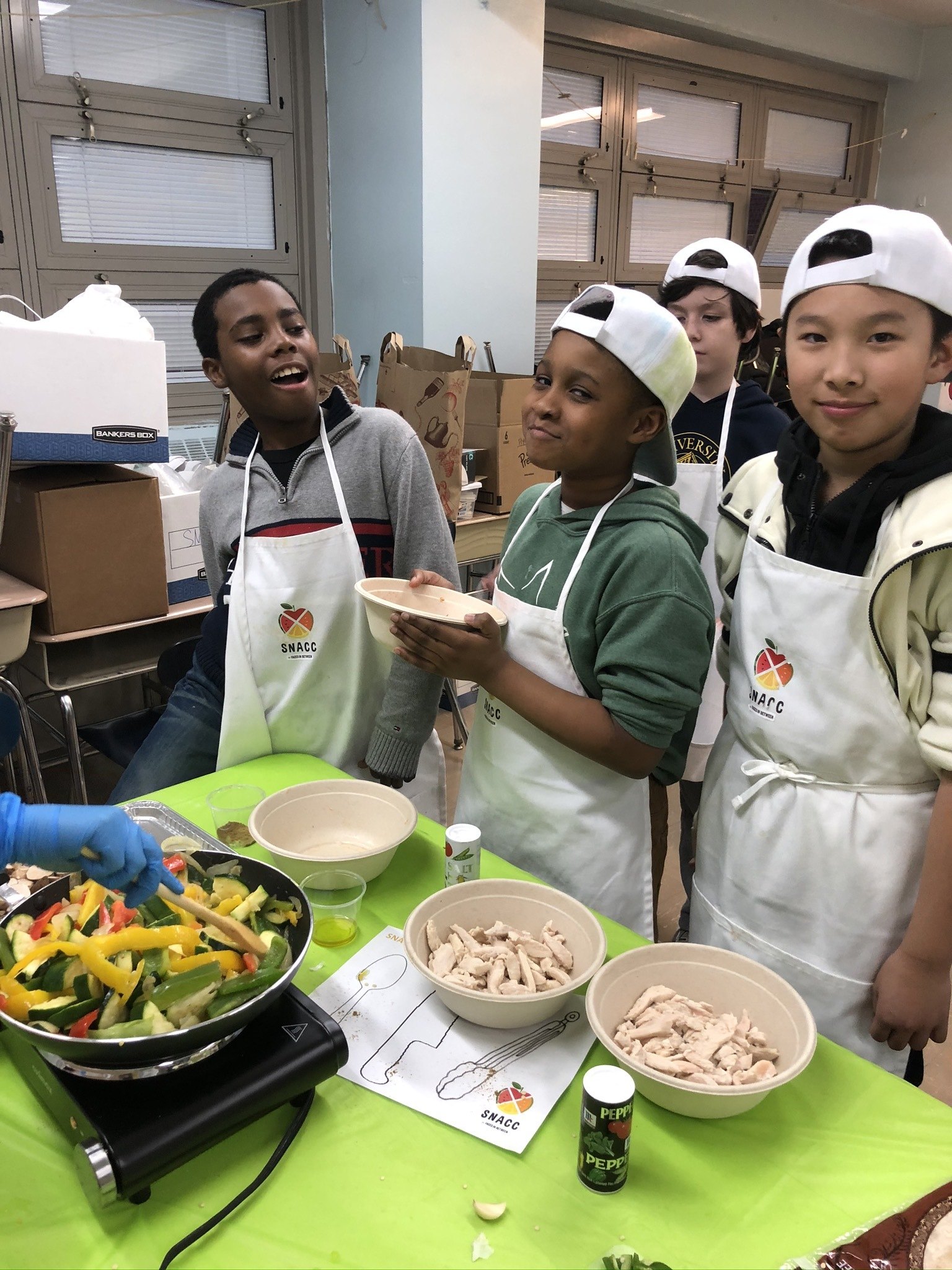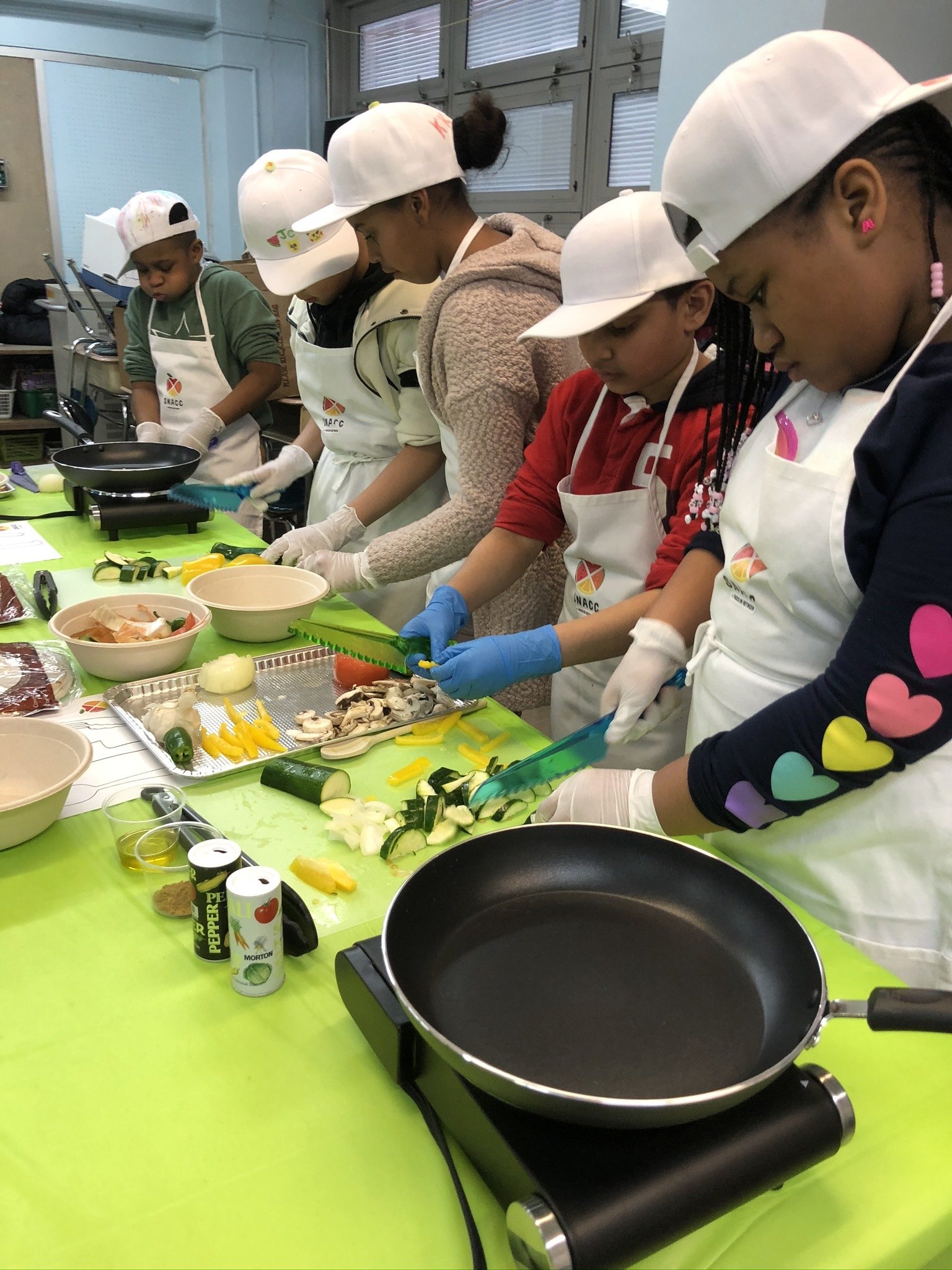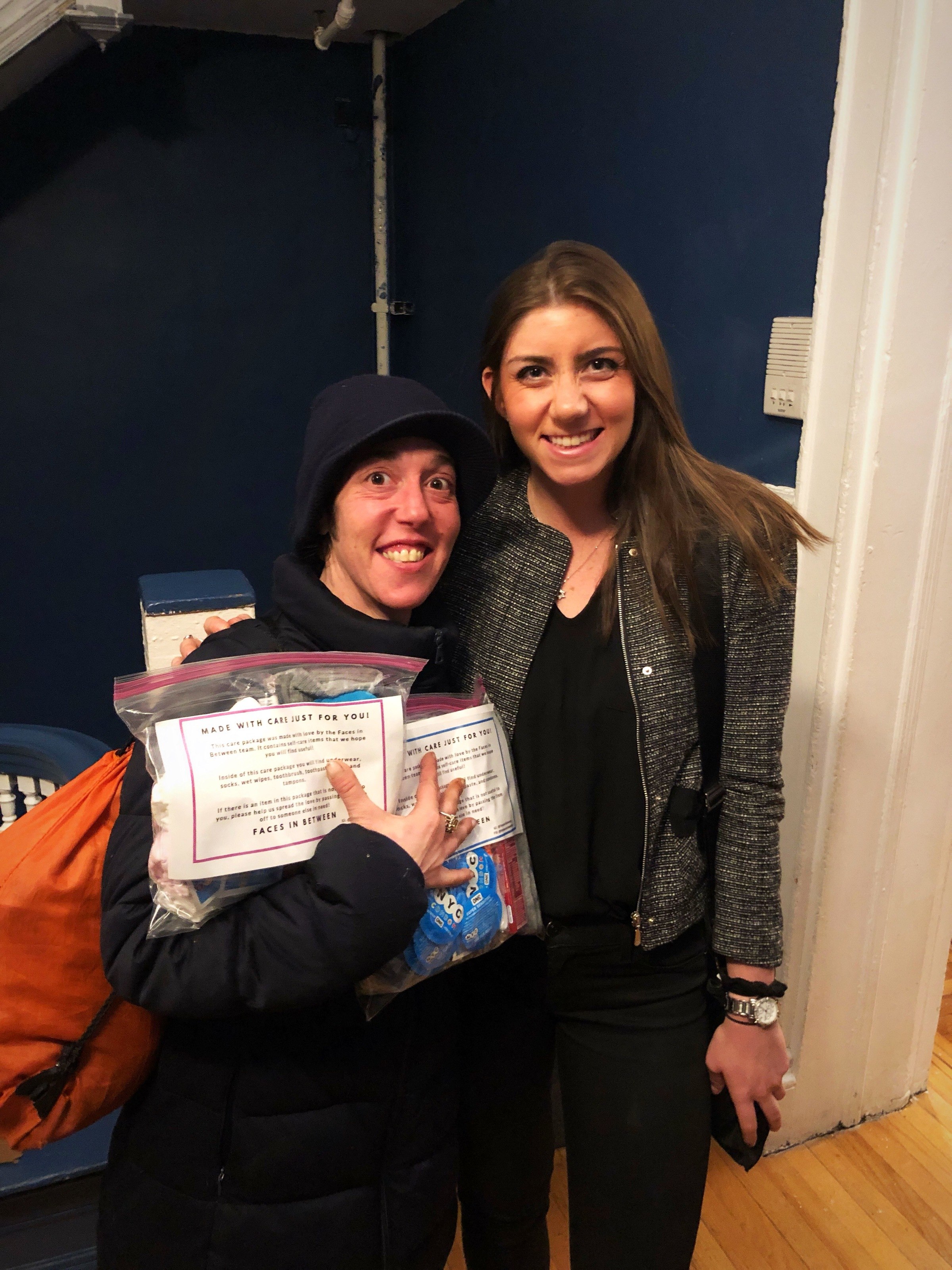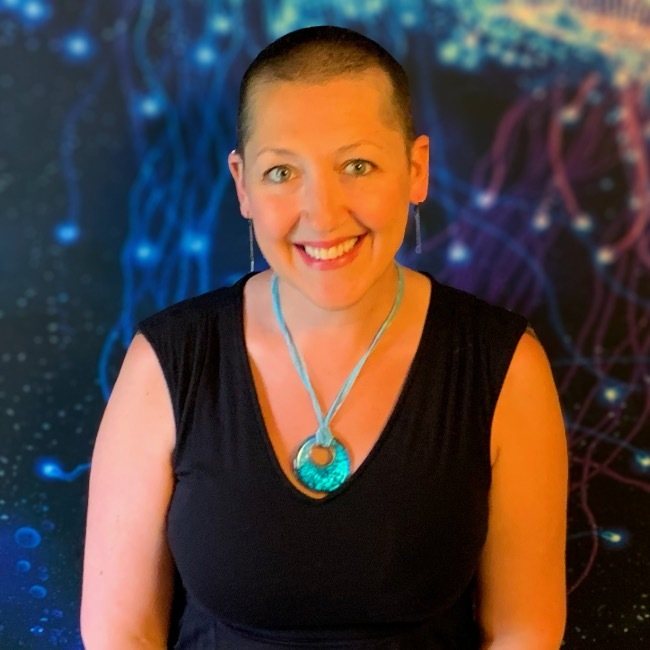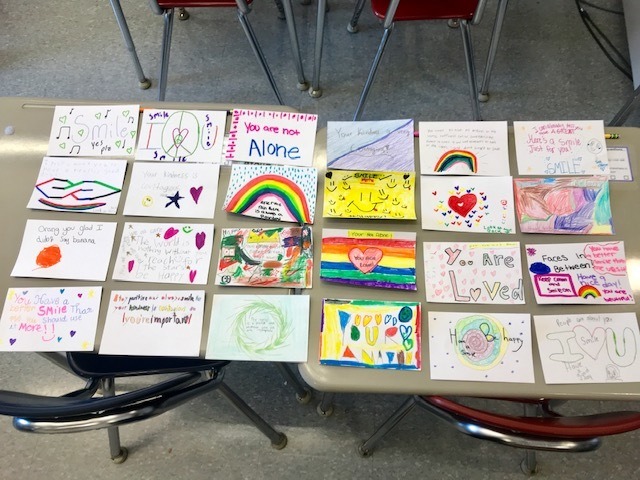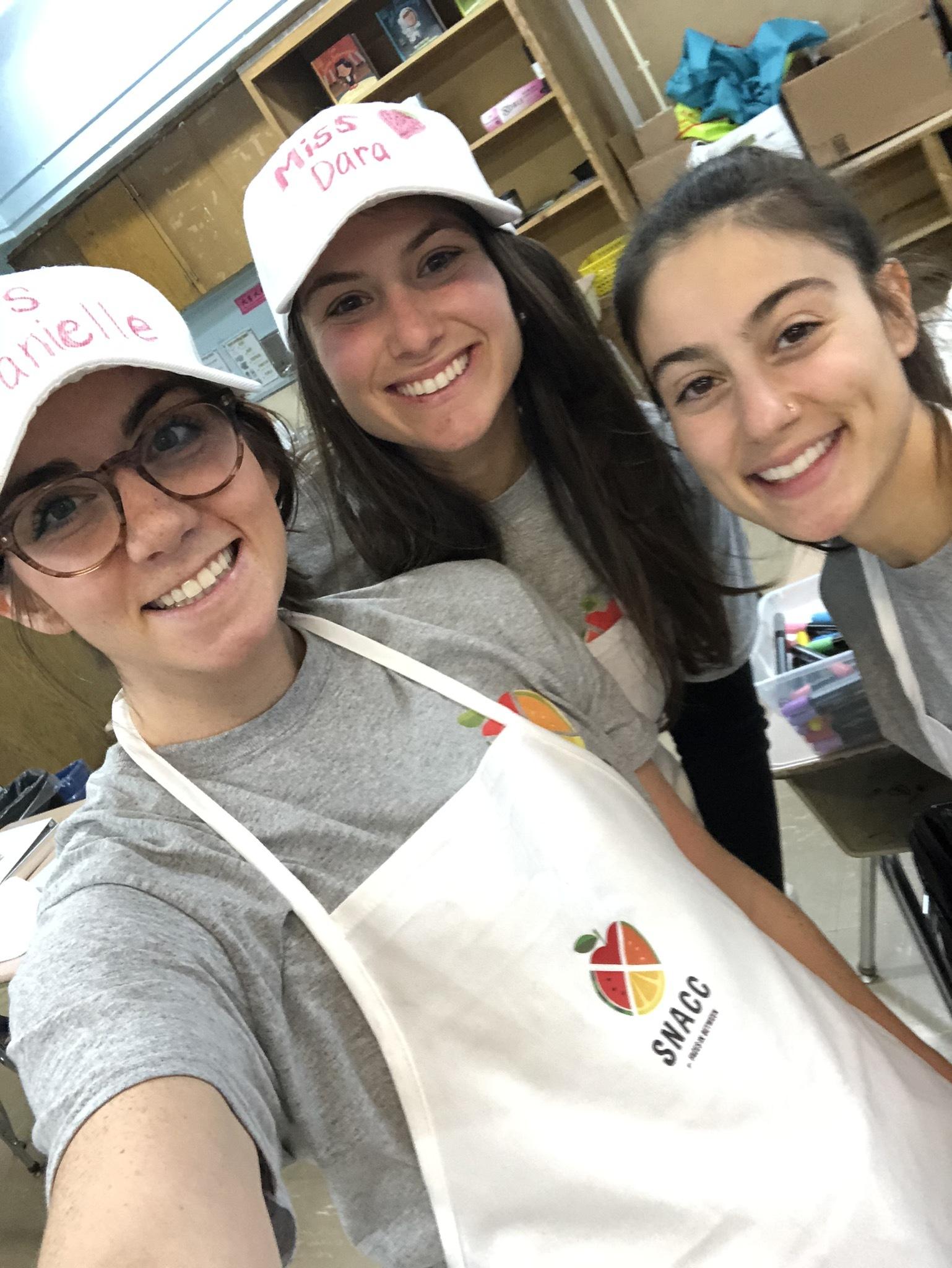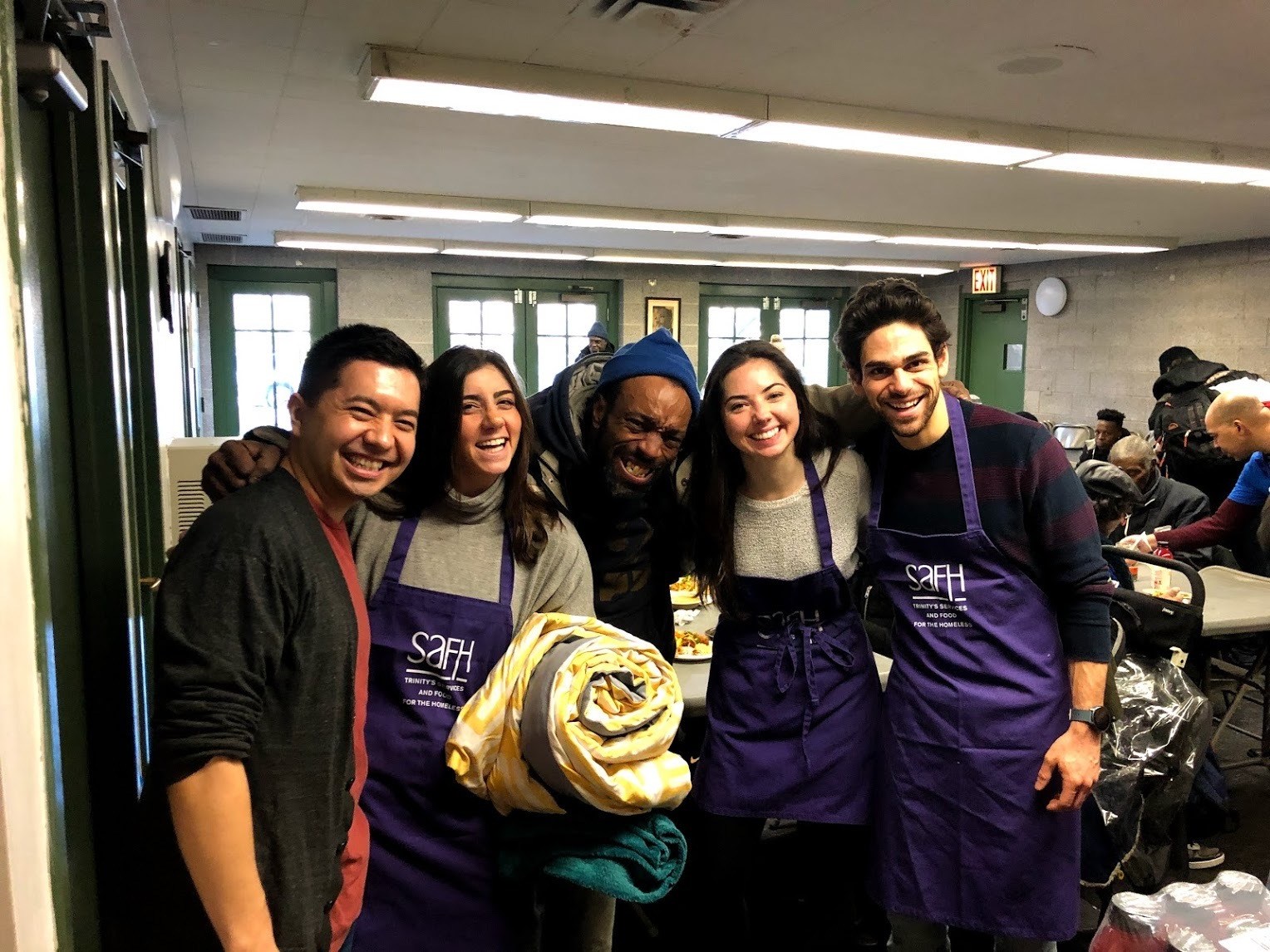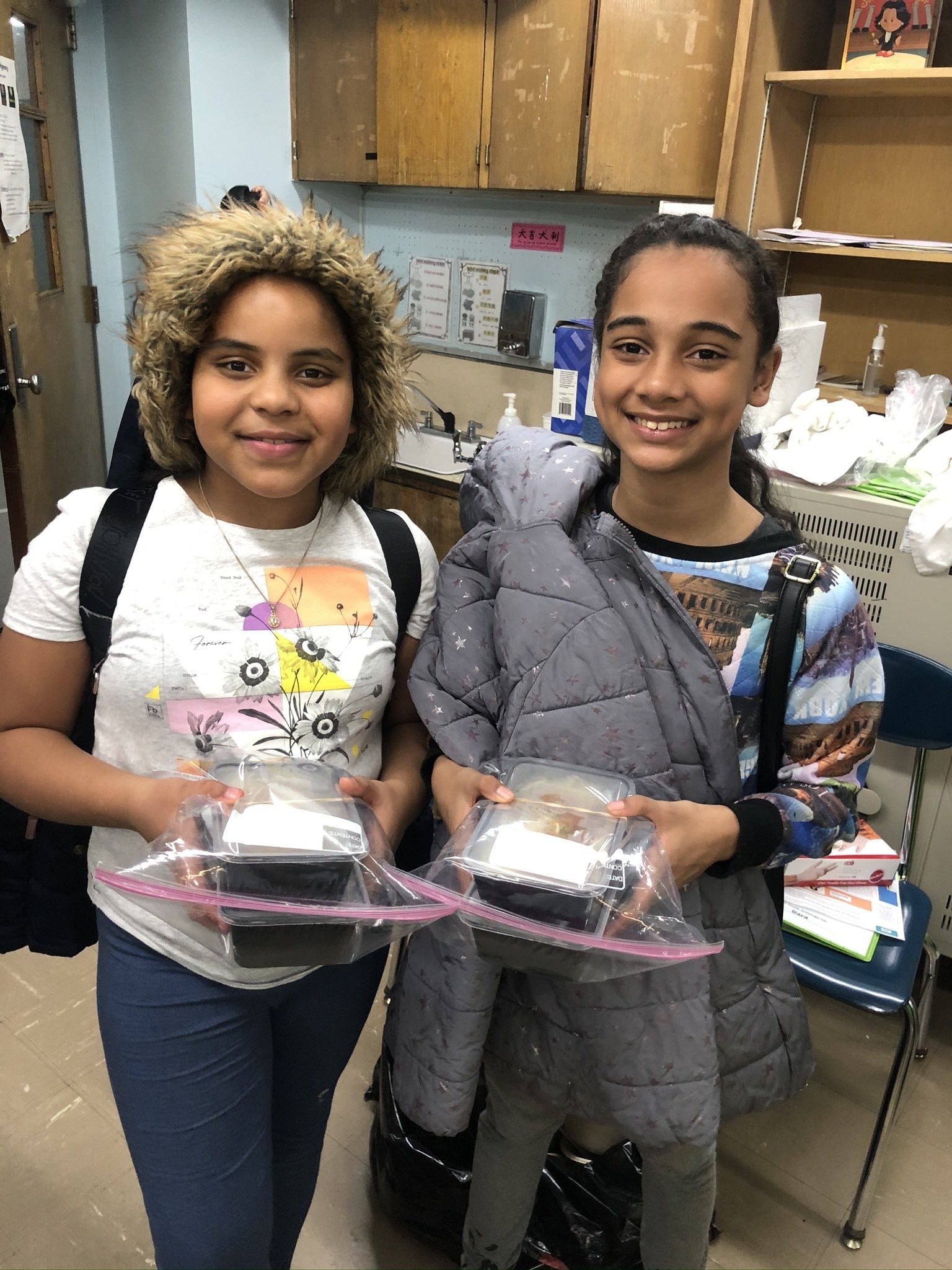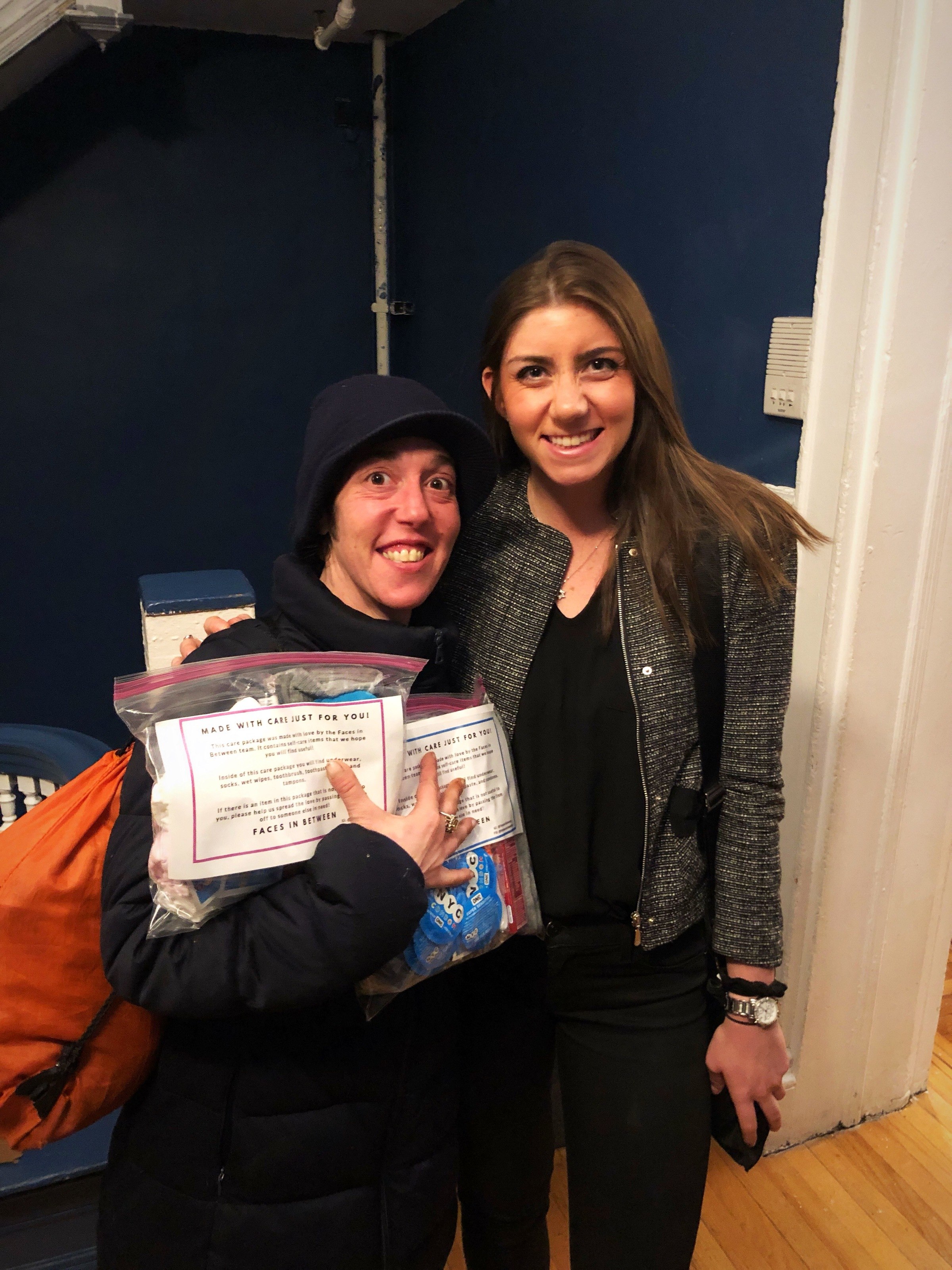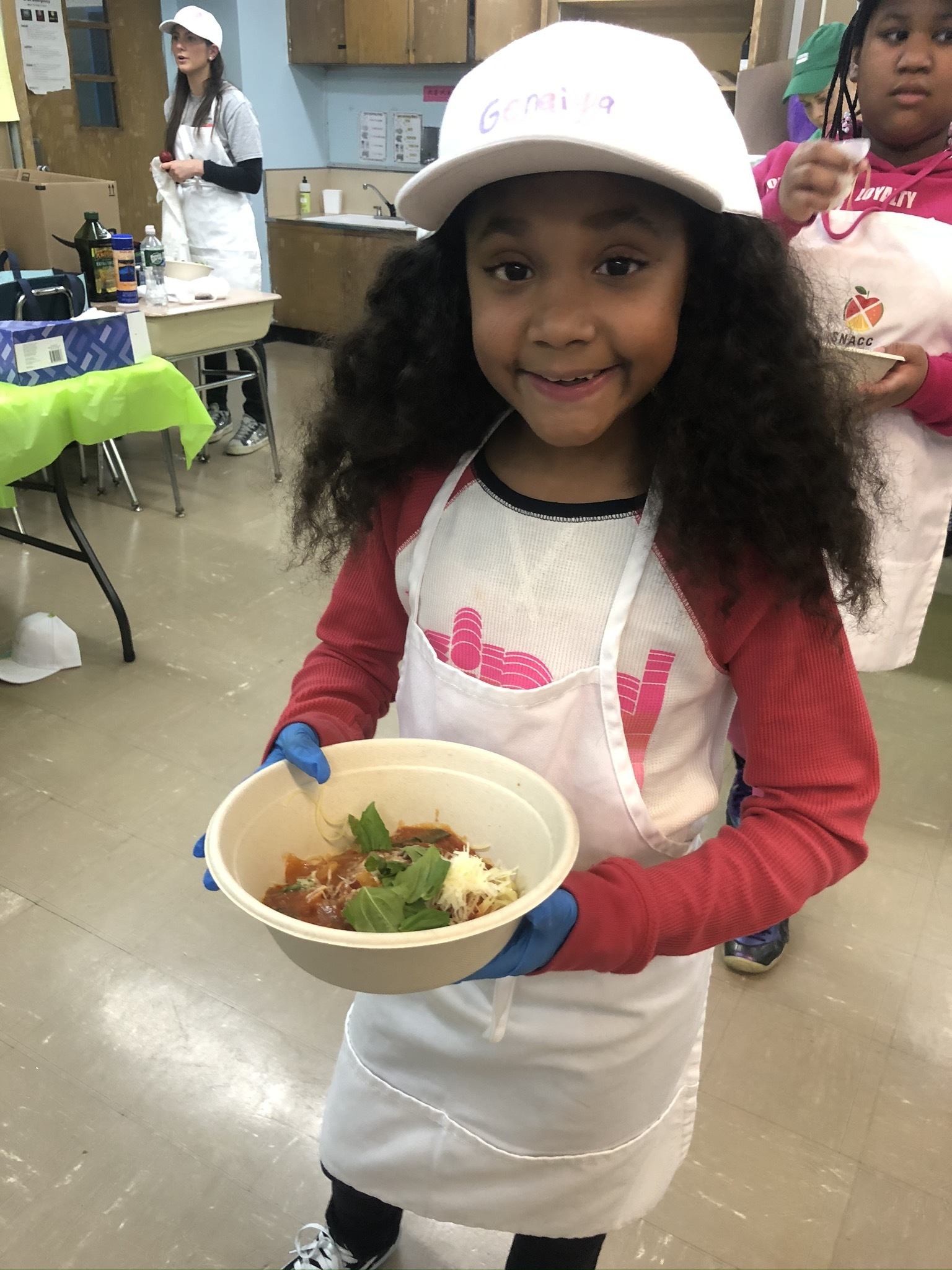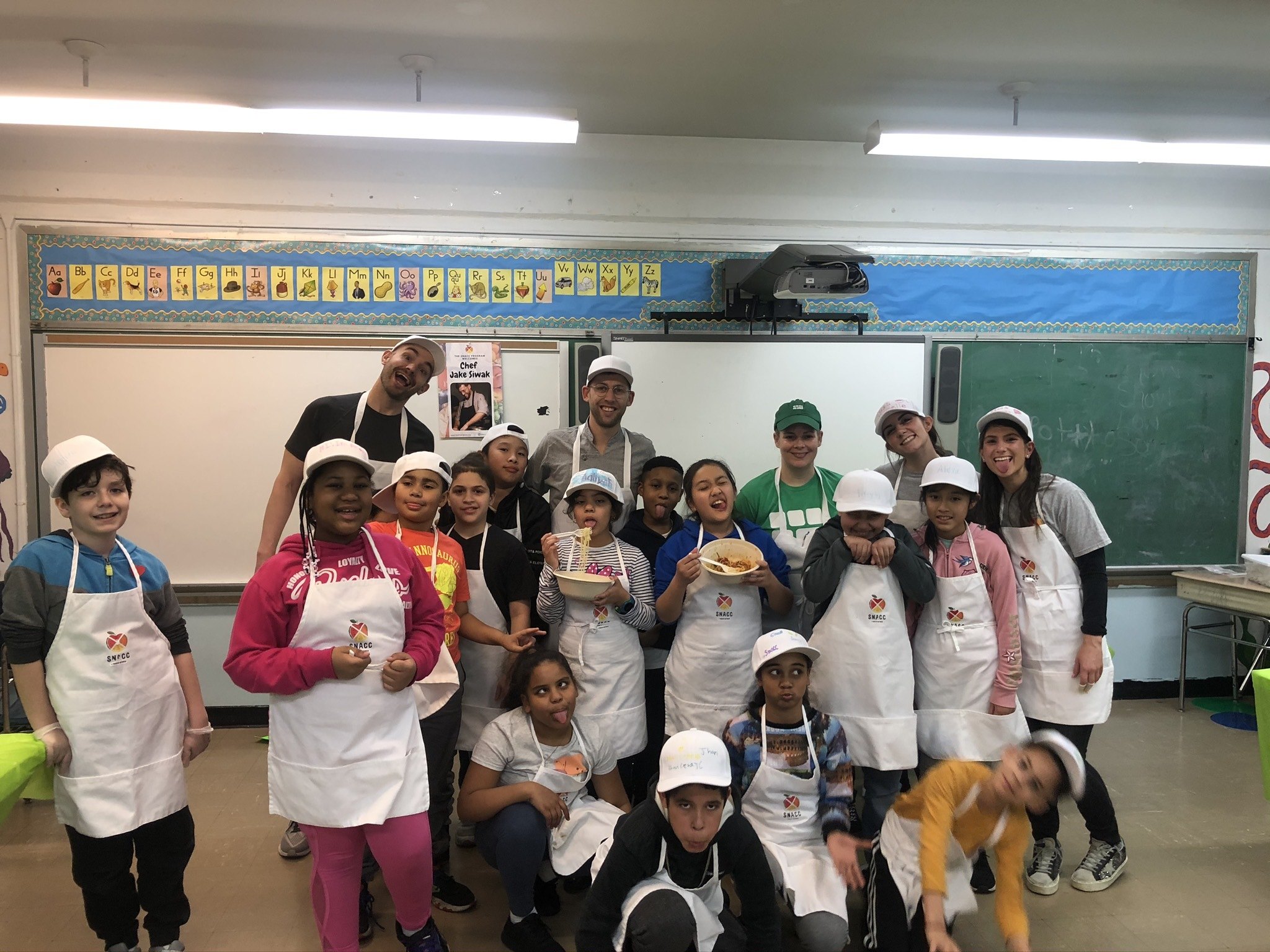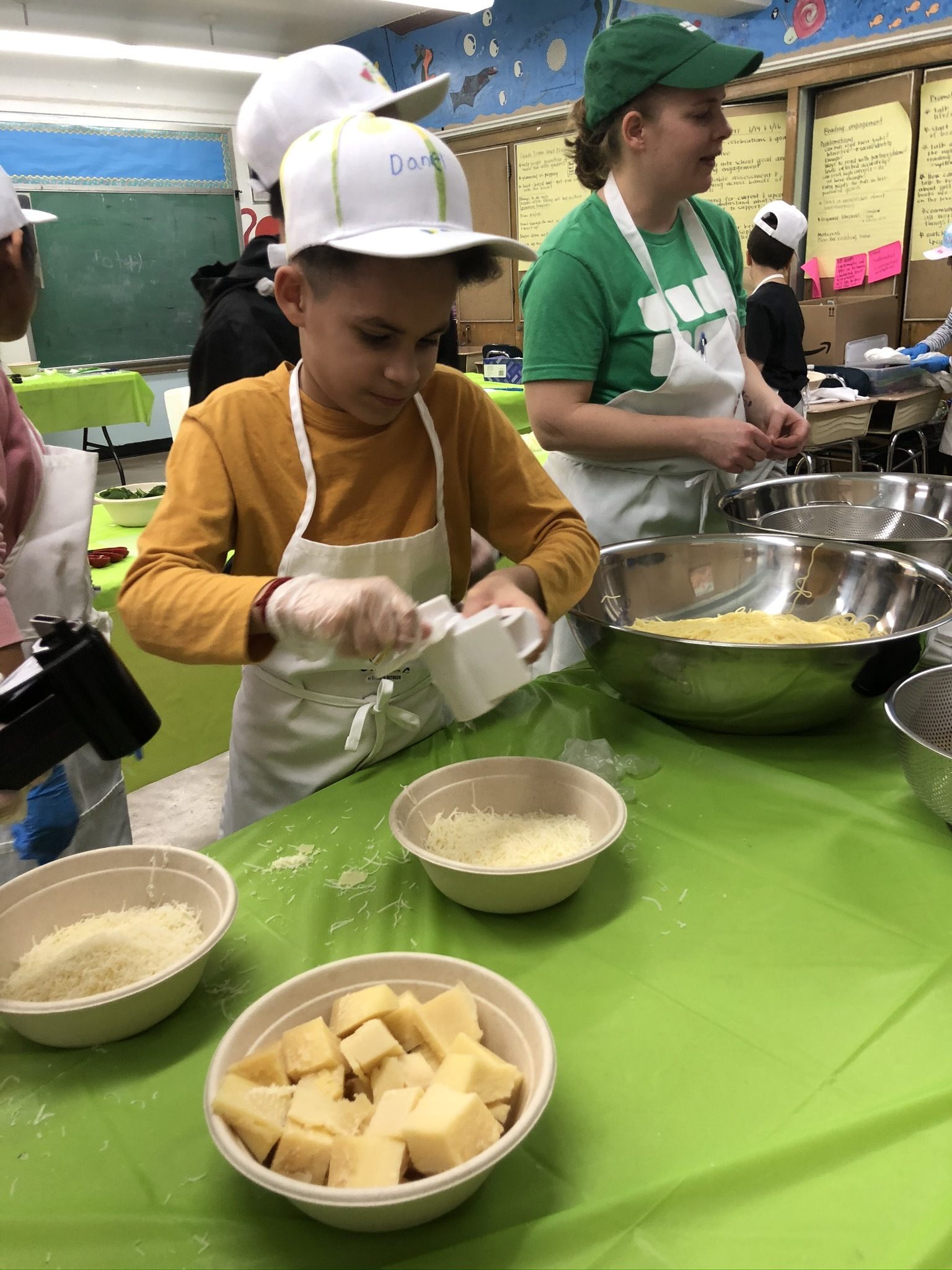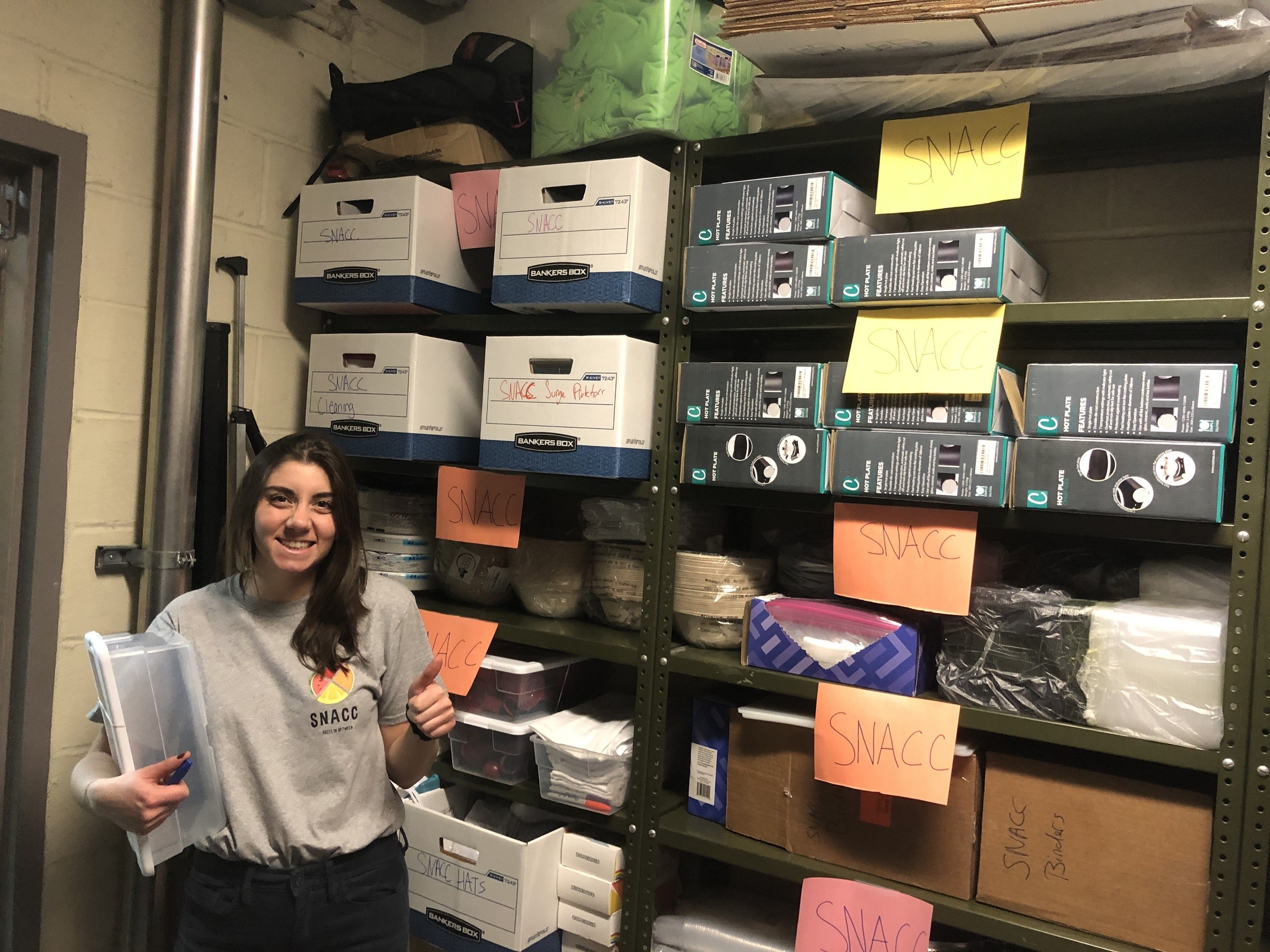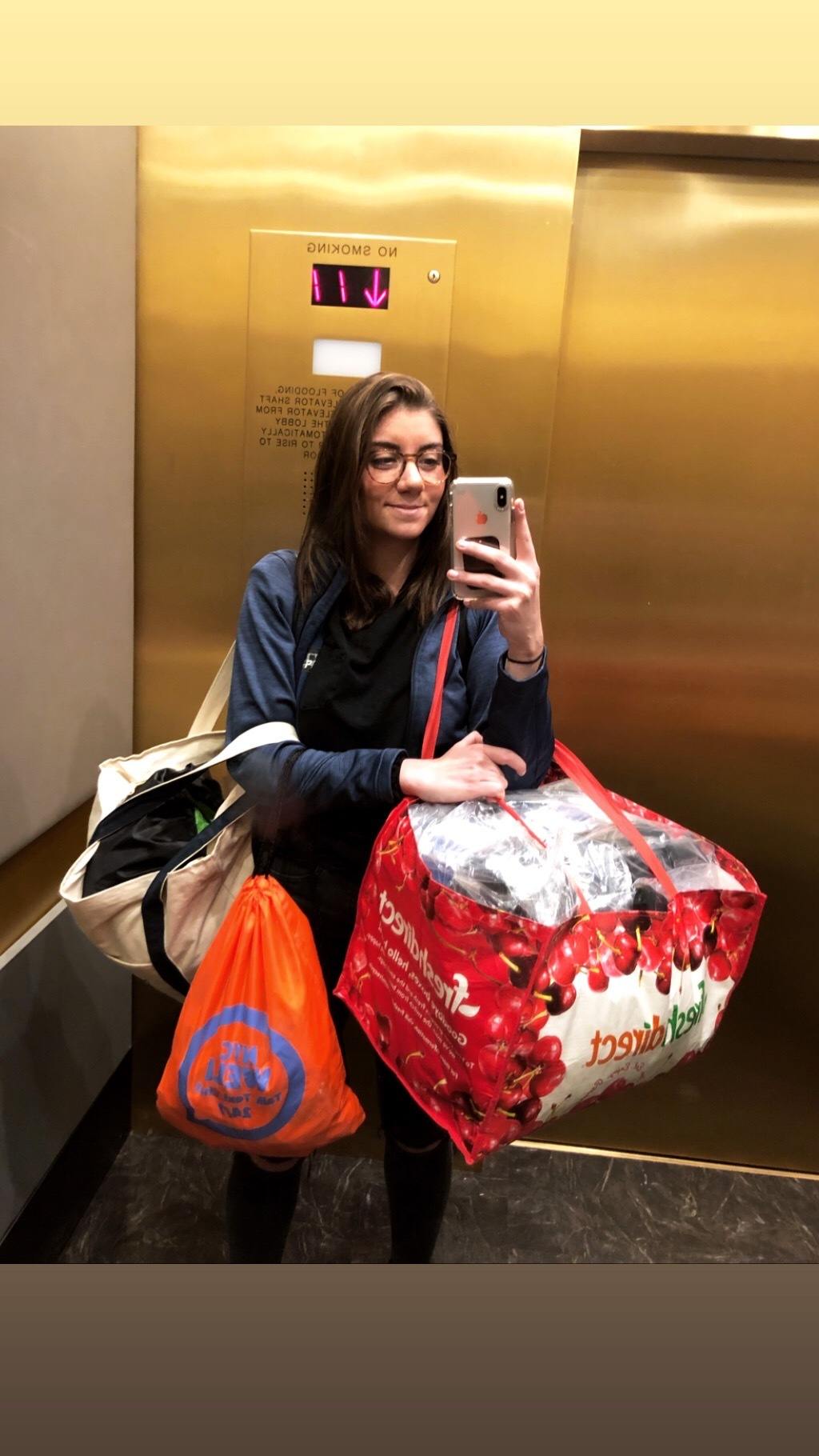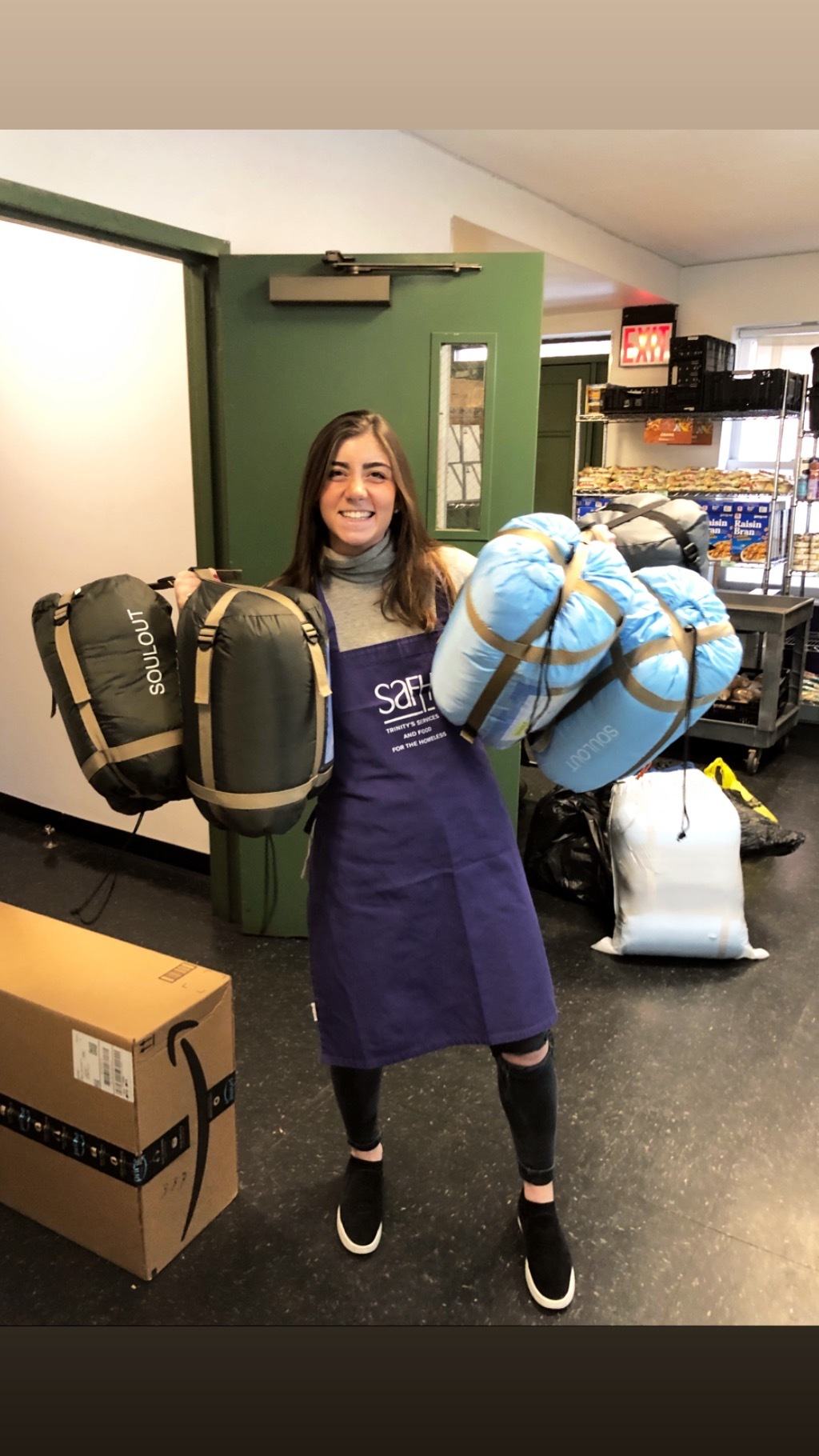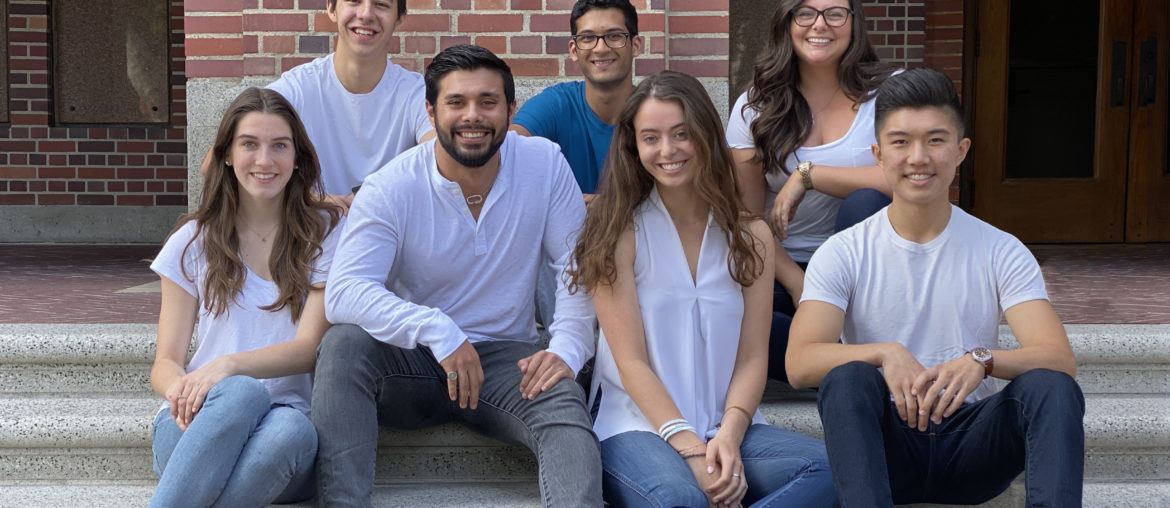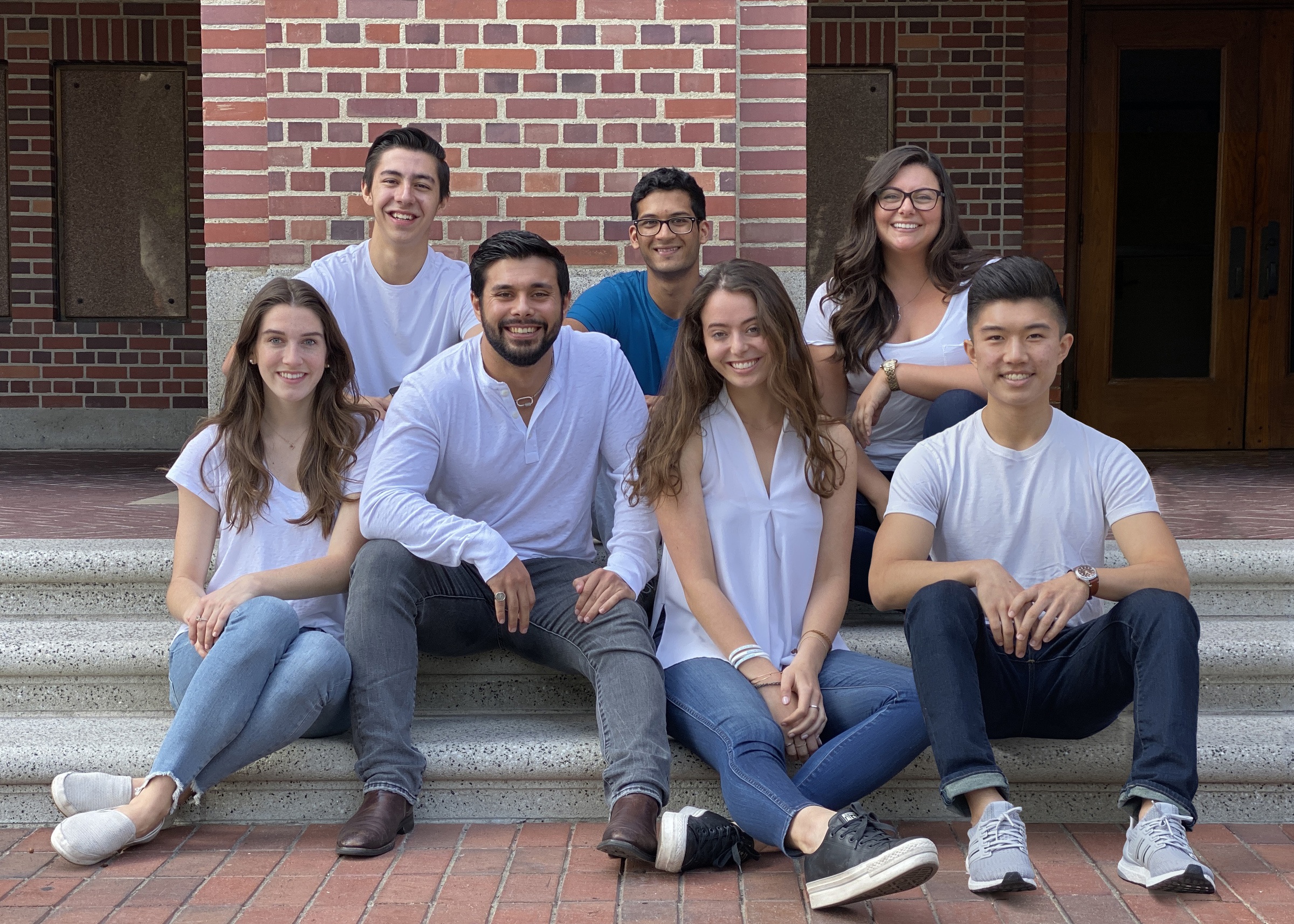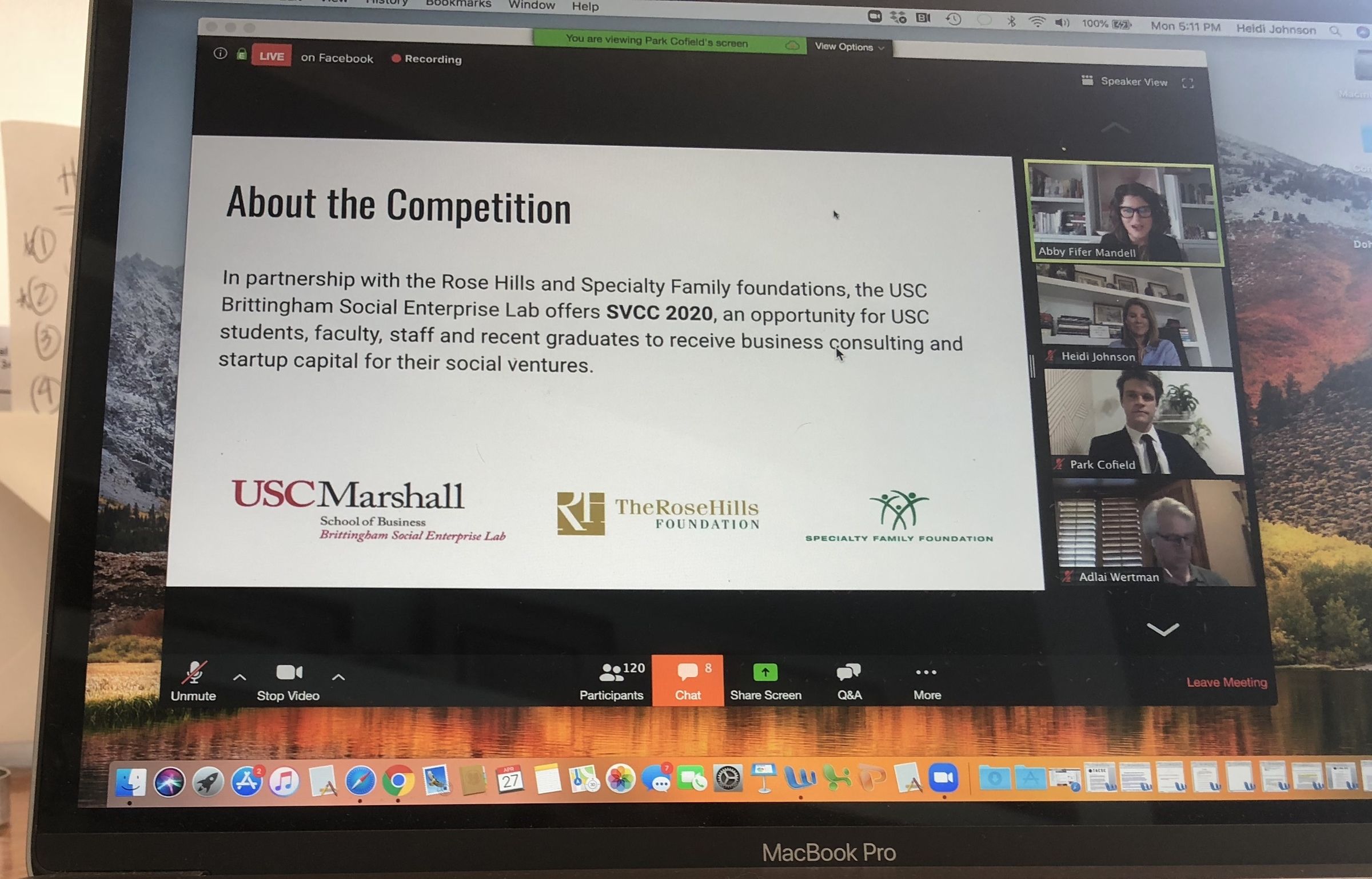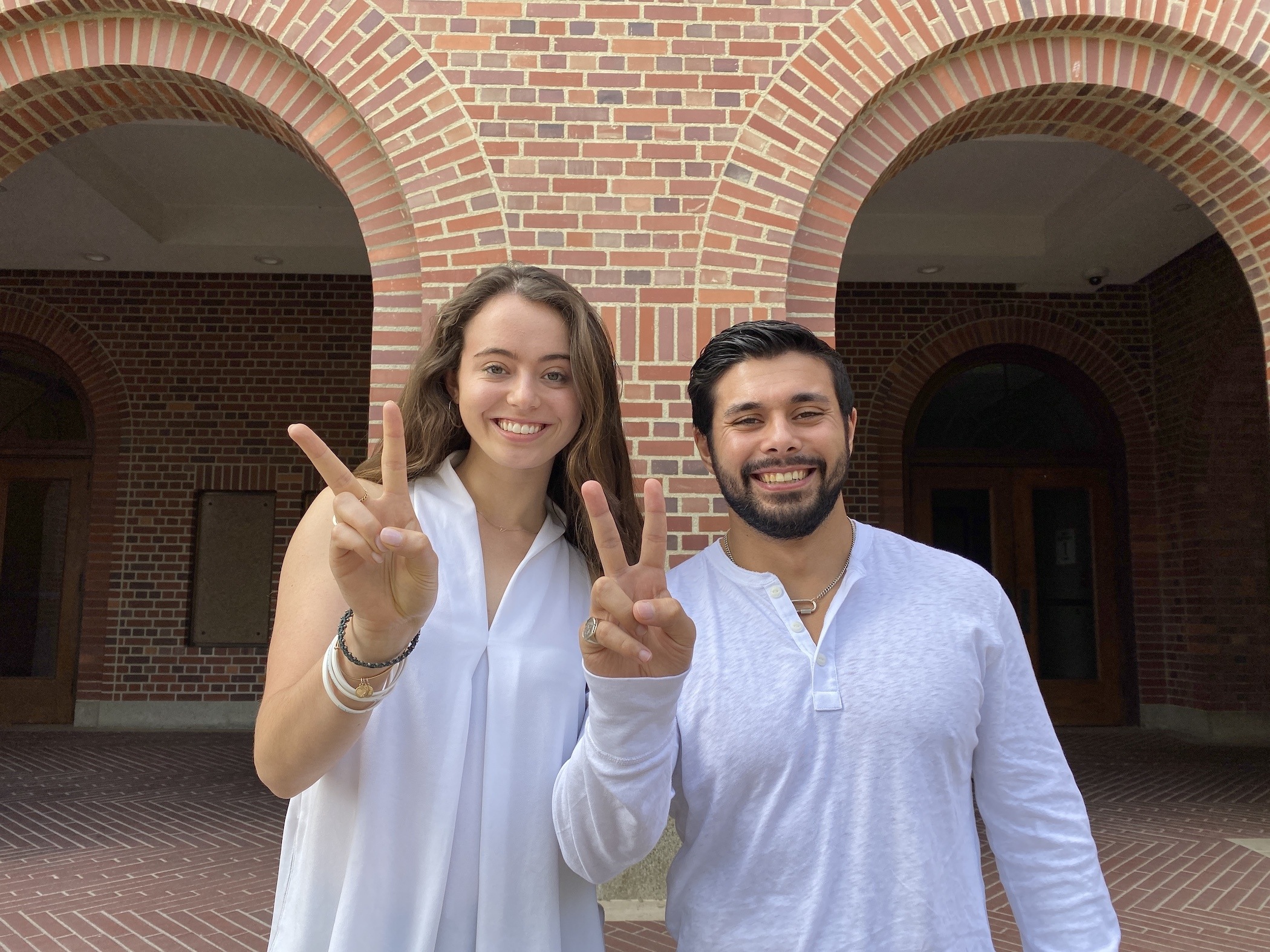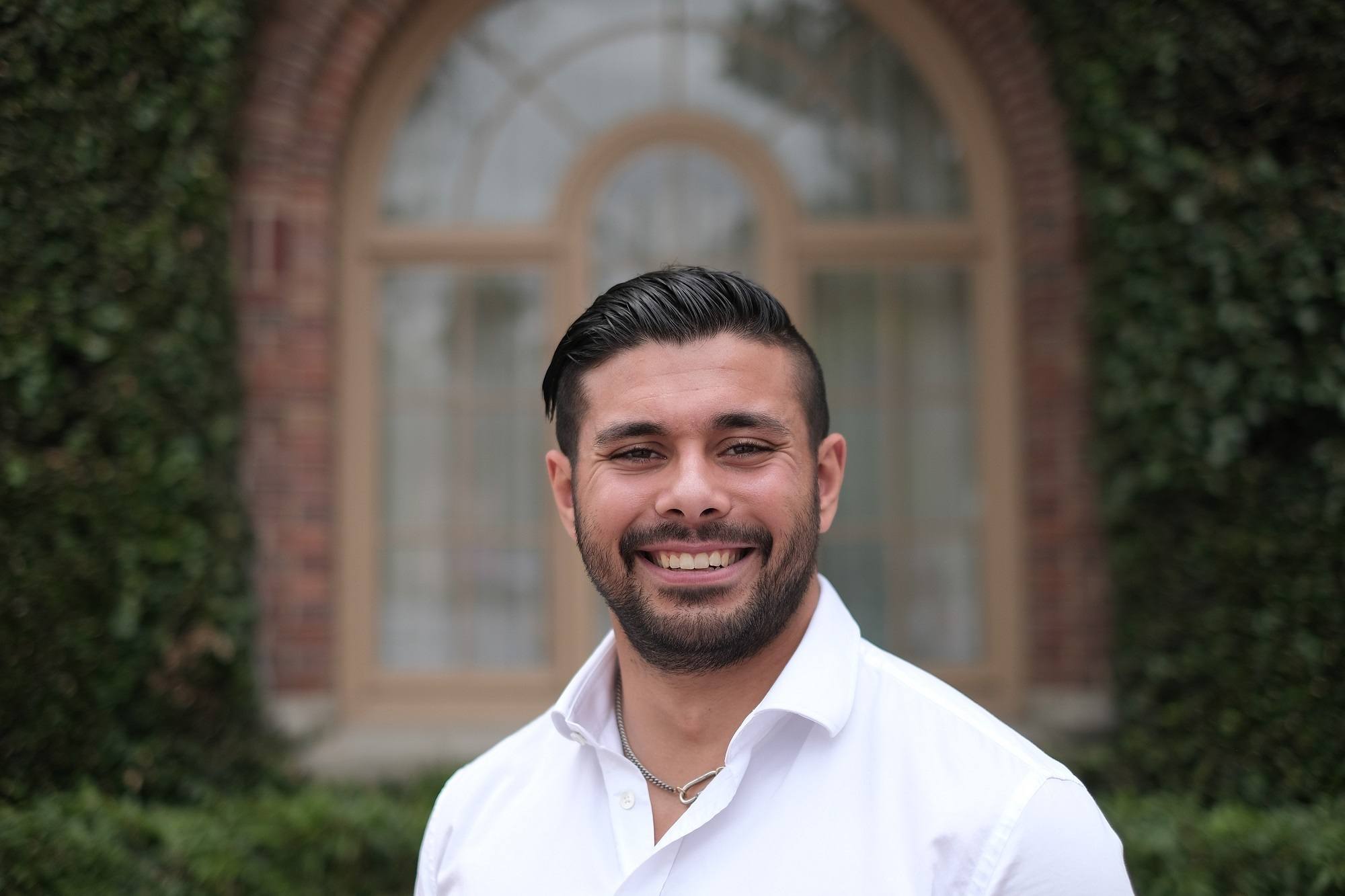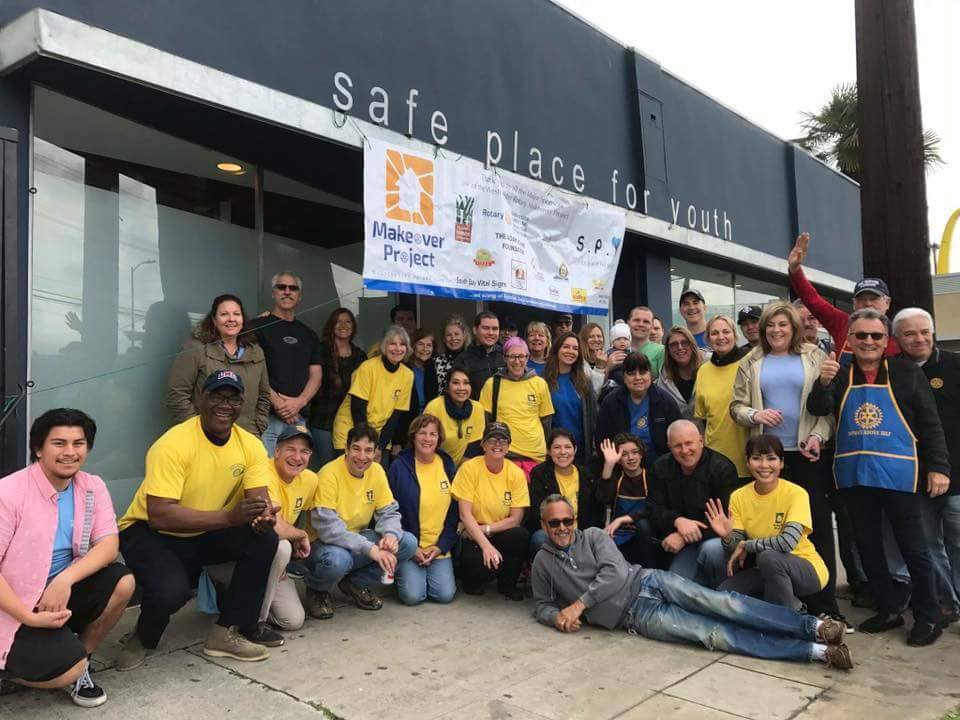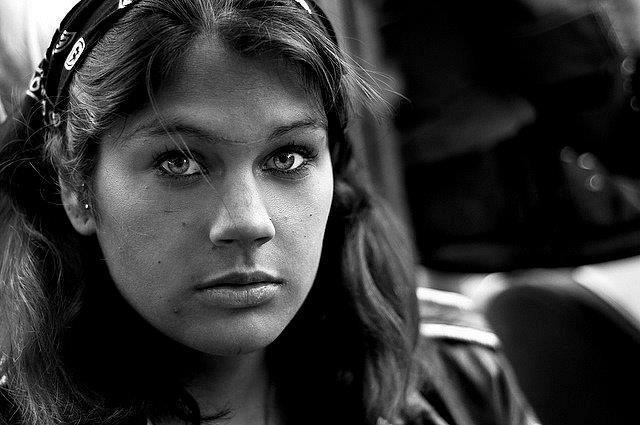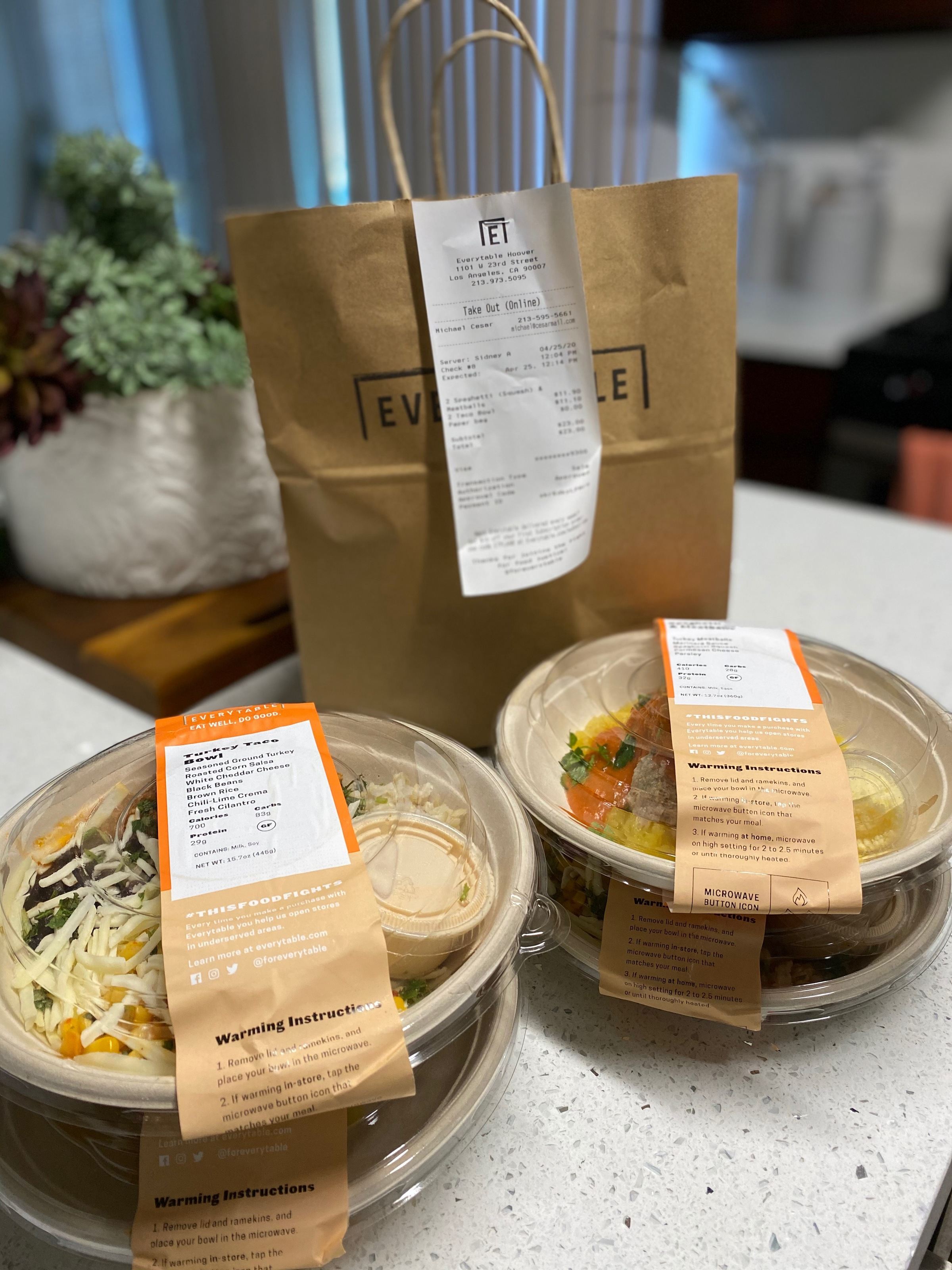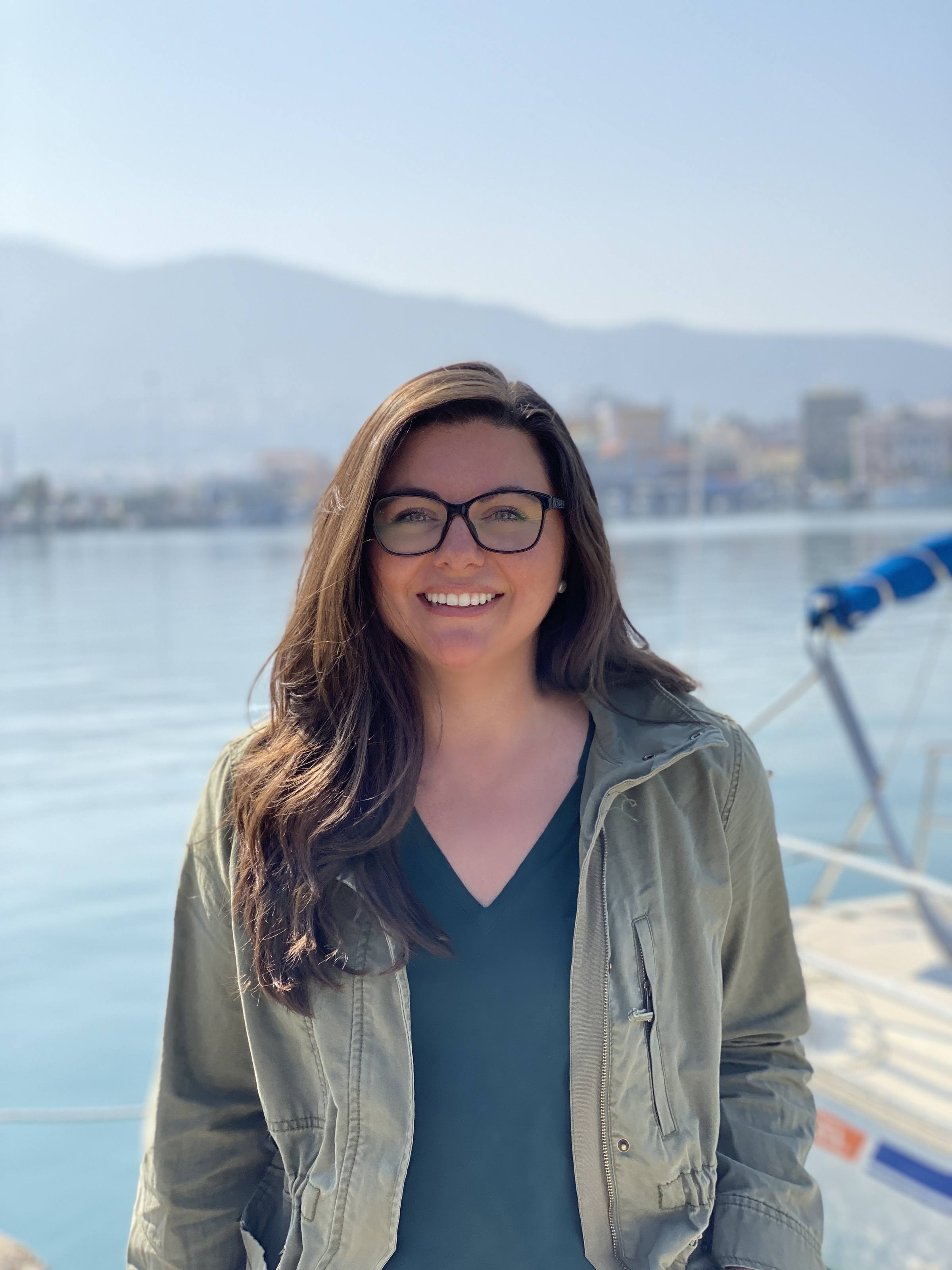Every day the news around the globe seems overwhelming. Where there is darkness, there is always hope. Never did I feel that sense of hope more than from my inspiring conversation with the CEO of Project HOPE, Rabih Torbay, earlier this week. When crises happen around the globe, hurricanes, floods, war, pandemics, Project HOPE is there. The news may tell you every night that the world is dark but I can guarantee you there is hope.
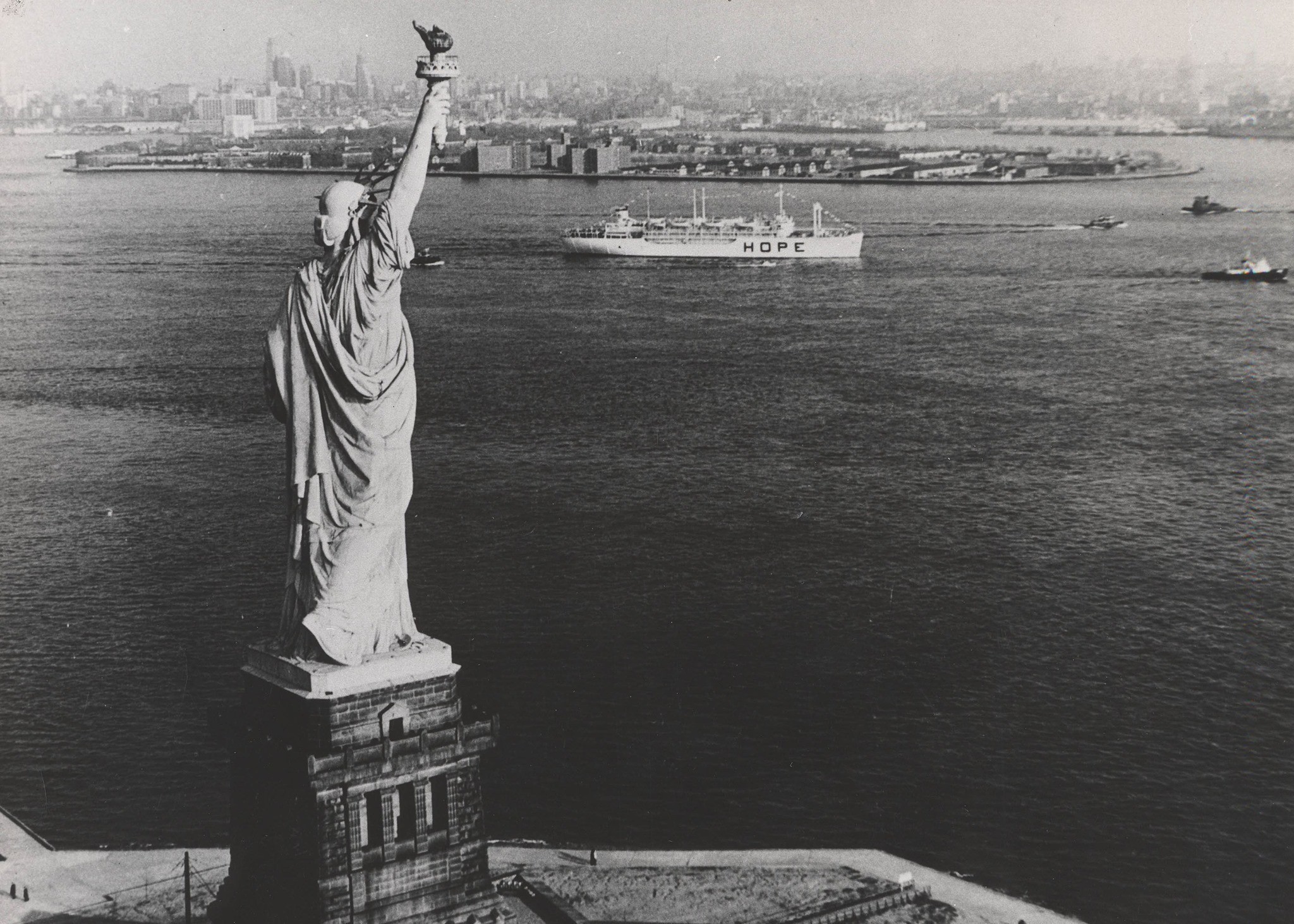
Charity Matters: Tell us a little about what Project Hope does?
Rabih Torbay: We play our role in making people’s lives a bit better. As you probably know, Project HOPE has been around since 1958. So we’re a little bit over 60 years old. And our focus has been mainly on training health workers. Because we believe that the solution isn’t the hand in the hands of the healthcare workers working all over the world, especially the first responders.
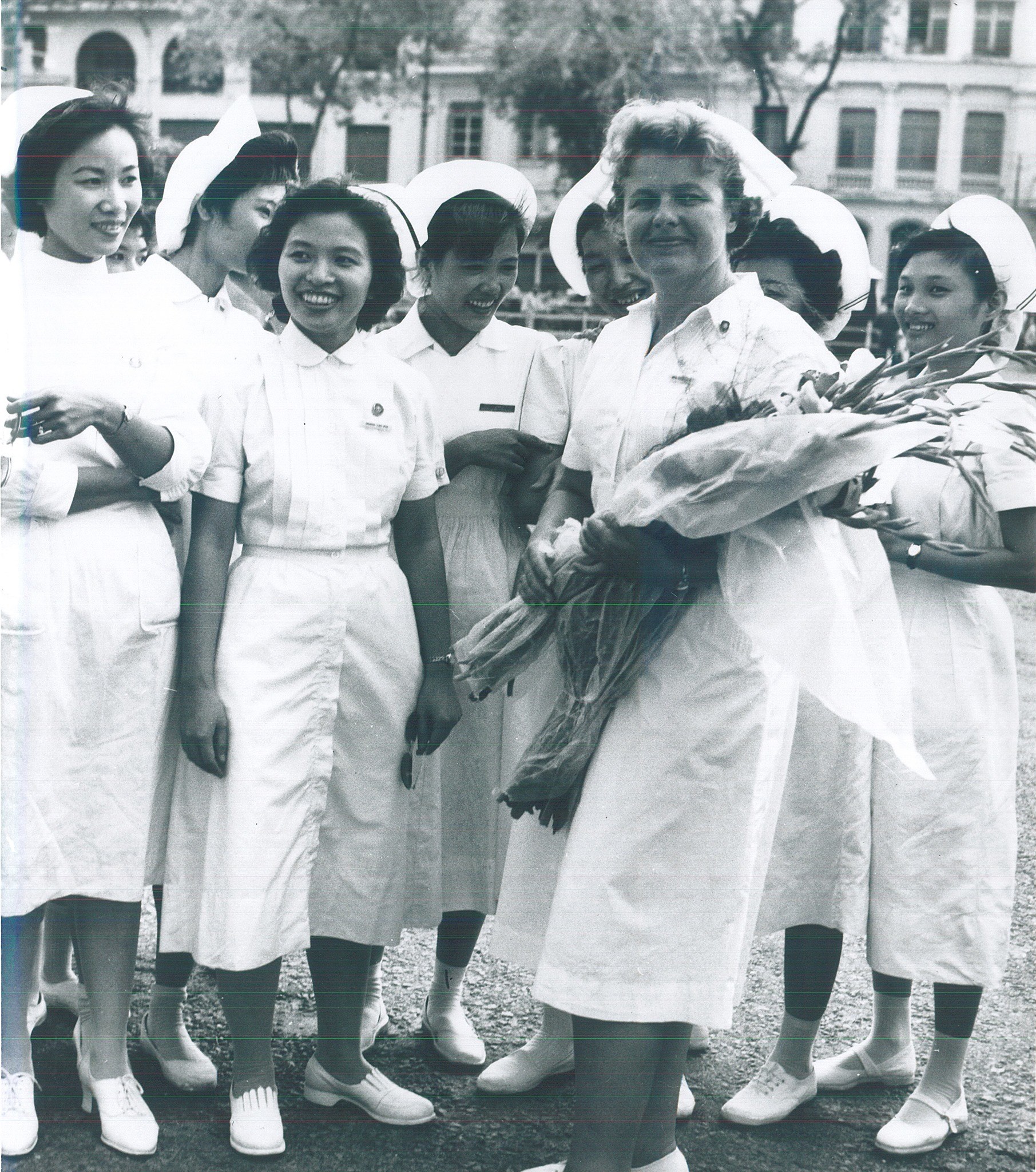
So when you go to any disaster area, or when you go to places in Africa, and you see who’s actually carrying the load is the health care workers. So we focused quite a bit on doing that through different interventions. disaster response is one of them whether it’s a hurricane or an earthquake or as We’re seeing now with COVID-19 as well.
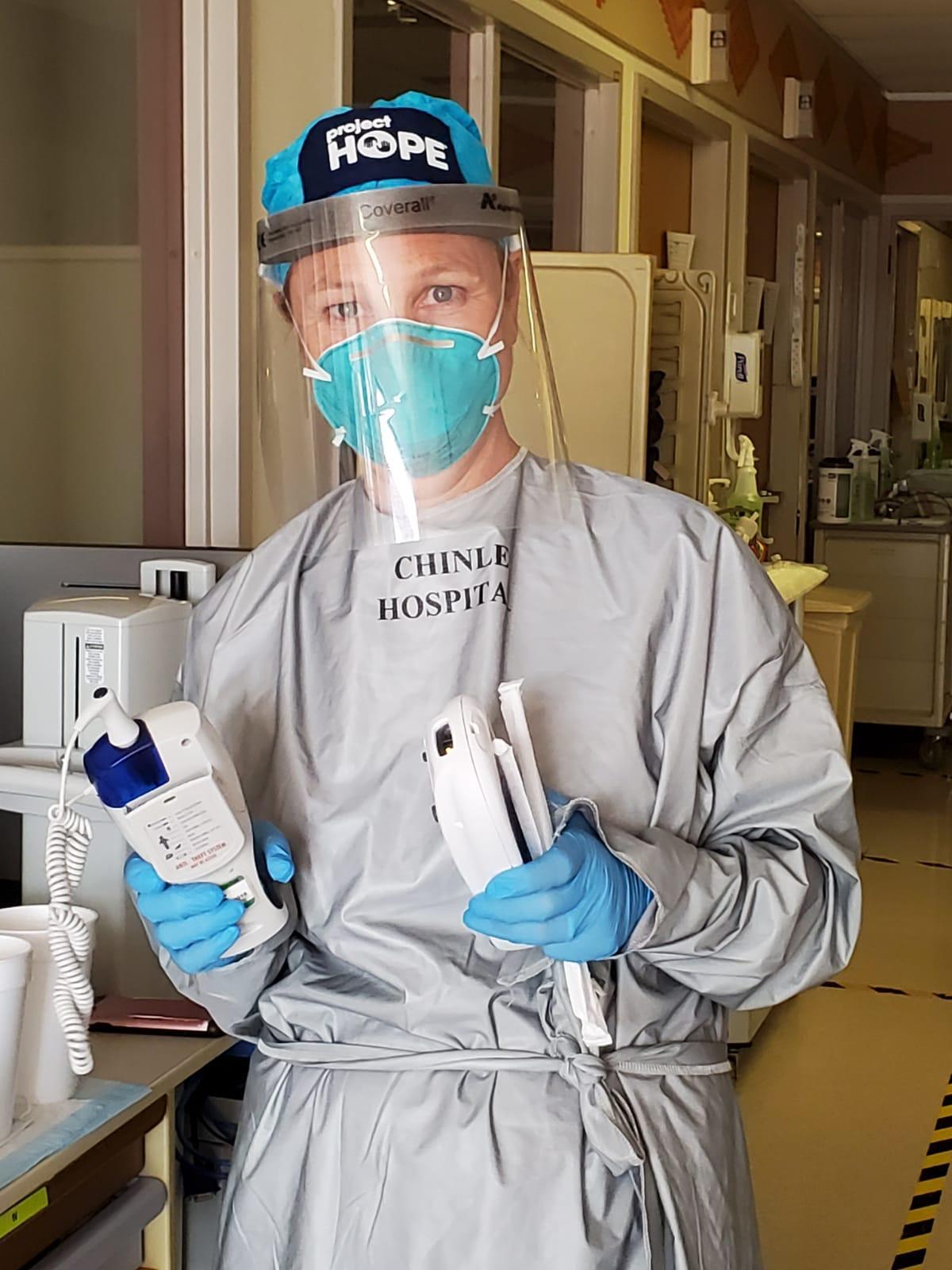
We have doctors and nurses that are deploying that are helping other doctors and nurses that are training them. We’re sending supplies, we’re supporting them. We’re empowering those first responders on the ground to do a better job as much as possible. We also focus on infectious diseases, whether that’s HIV, tuberculosis, or COVID-19. We work at the community level because, at the end of the day, the communities have to own the problem. And our role is not to solve the problem for them, our role is actually to support them and empower them because they have the solutions. We really take pride in, in terms of empowering and supporting those communities to solve those problems.
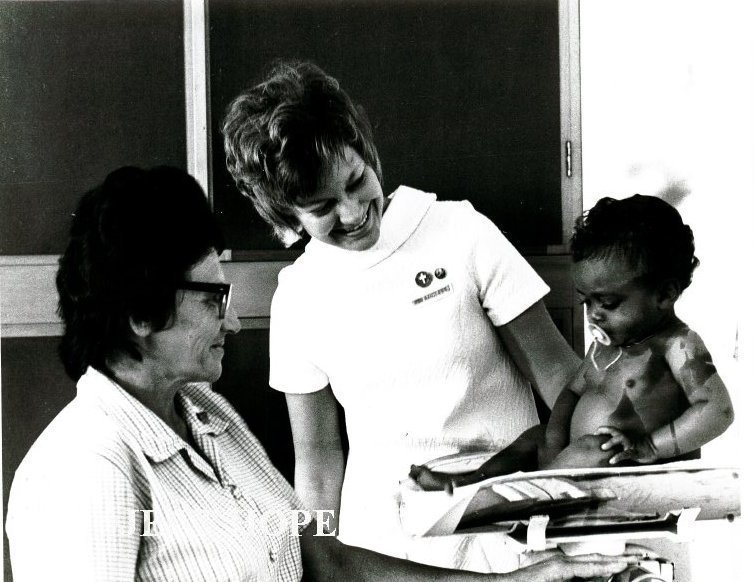
Charity Matters: Has Project Hope’s Strategy always been a community-based approach?
Rabih Torbay: It has been right from the beginning. You know, Project HOPE is people. It’s people to people. That’s how we connect. And it has always been the community, it has always been the doctors and nurses on the ground. And for us, the last thing we want to do is replace them. Our job is to support them and working at the community level working at the clinic level, the hospital level.
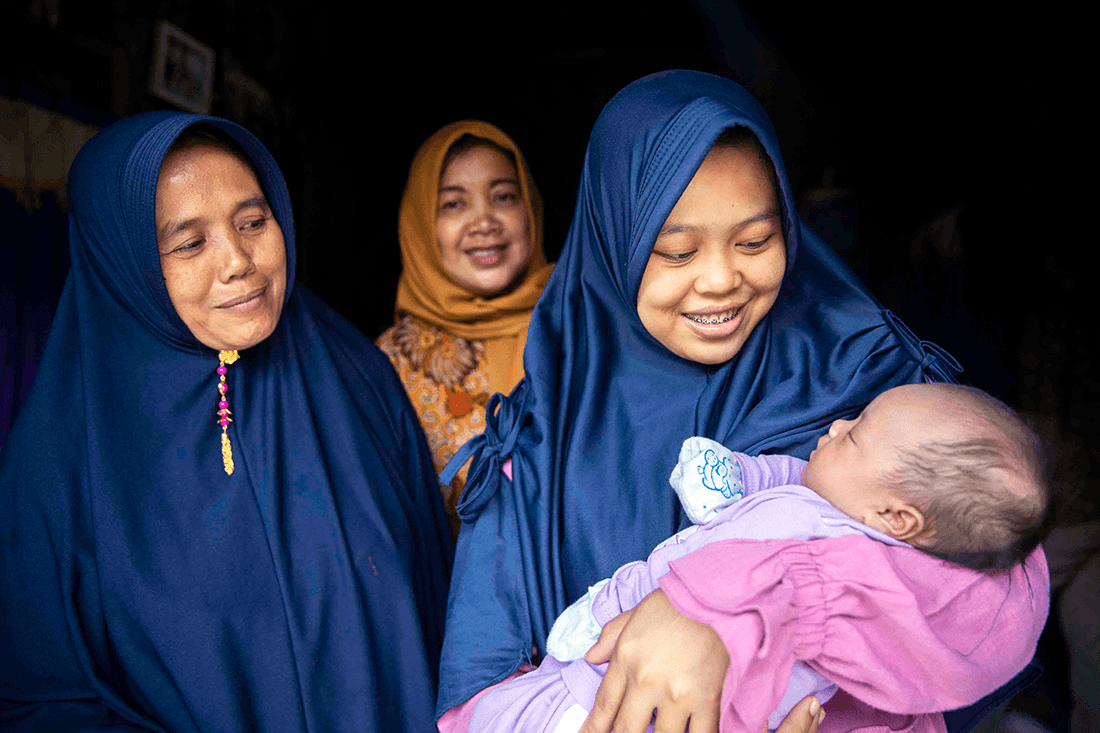
We go and ask them, “What do you need? What kind of support do you need? How can we help you?” And that’s how we come in and help them whether it’s an infectious disease or chronic diseases, and maternal and child health, especially the newborn health, which is a focus for us. That’s, that’s what makes us different than that’s what makes us special.
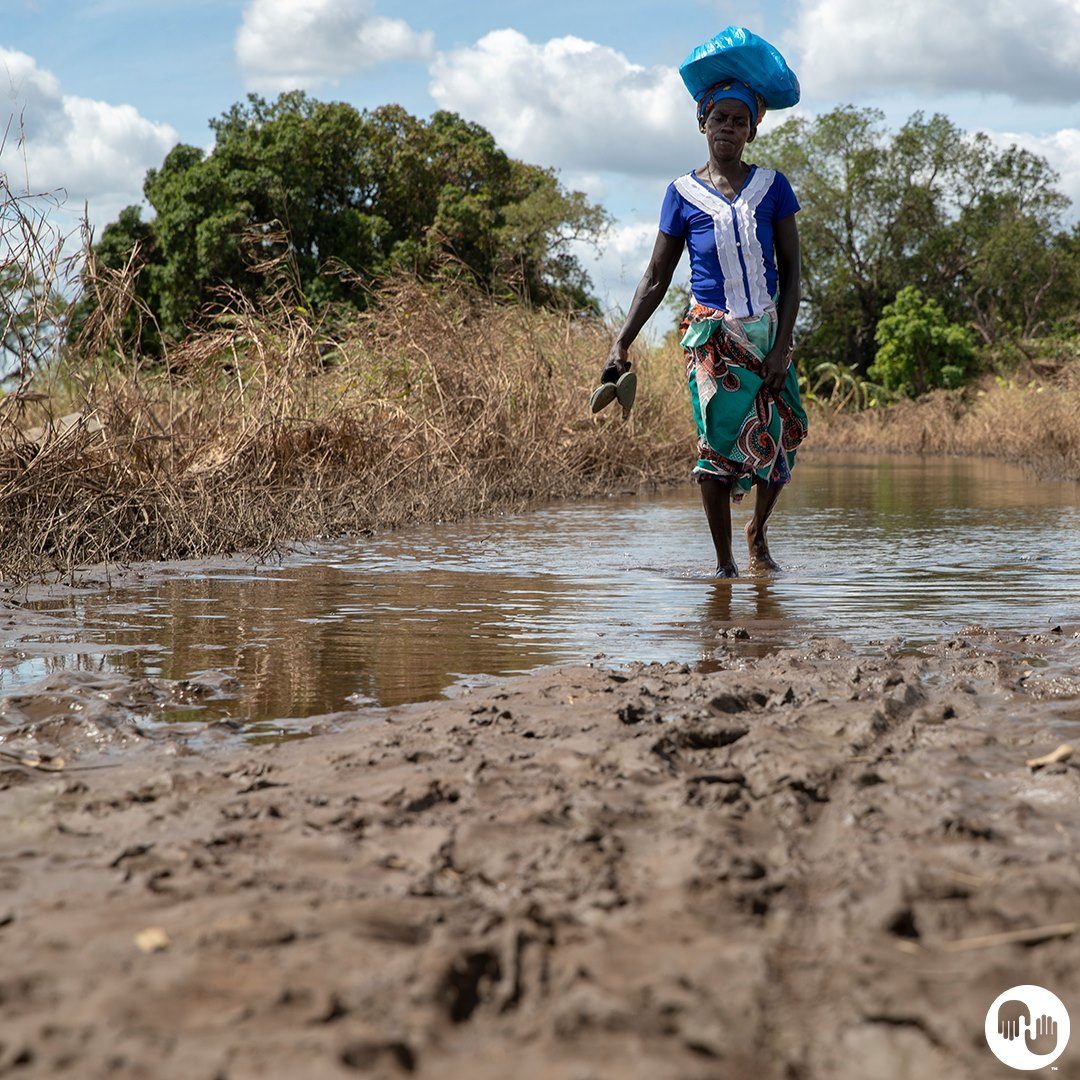
The Back Story
Charity Matters: Tell us the journey that lead you to Project Hope and this Humanitiarn work?
Rabih Torbay: I wish I could say I planned it all but I didn’t. I’m a civil engineer by background. So I have no health, education, or health background. And I grew up in Lebanon during the Civil War. And after the Civil War ended, I ended up going to Sierra Leone in West Africa. Initially, the plan was to go for two weeks and I ended up you know, stretching that to nine years.
It was during the Civil War, and I was still doing construction work with my civil engineer. There was a cholera outbreak on an island. And somebody asked me if I would volunteer for their organization and represent them for a couple of weeks until they send a team. So I said, “Sure, I’ll help out, although I have no idea what I’m going to be doing because again, I’m not a health care person.”

And I ended up going to that island. We took a hand canoe with an outboard engine, it took us four hours in rough seas. But we made it to the island. There are always those triggers that change people’s lives and this was mine. I got to the island which has about 10,000 people, very poor. They had one clinic and one nurse in that clinic. So I walked into the clinic and people were dying from the current outbreak. There was a sick baby by the door. The clinic had no roof, no windows. And frankly, the nurse was actually sleeping. He was drunk and sleeping.
So I walked in and I spoke to the nurse, and I asked him, I said, mean, people are dying. What are you doing? You’re sleeping and you could smell alcohol. And he looked at me said, I have no medicines. I have no medical supplies. I have no support. All I’m doing is seeing people die. What do you want me to do?
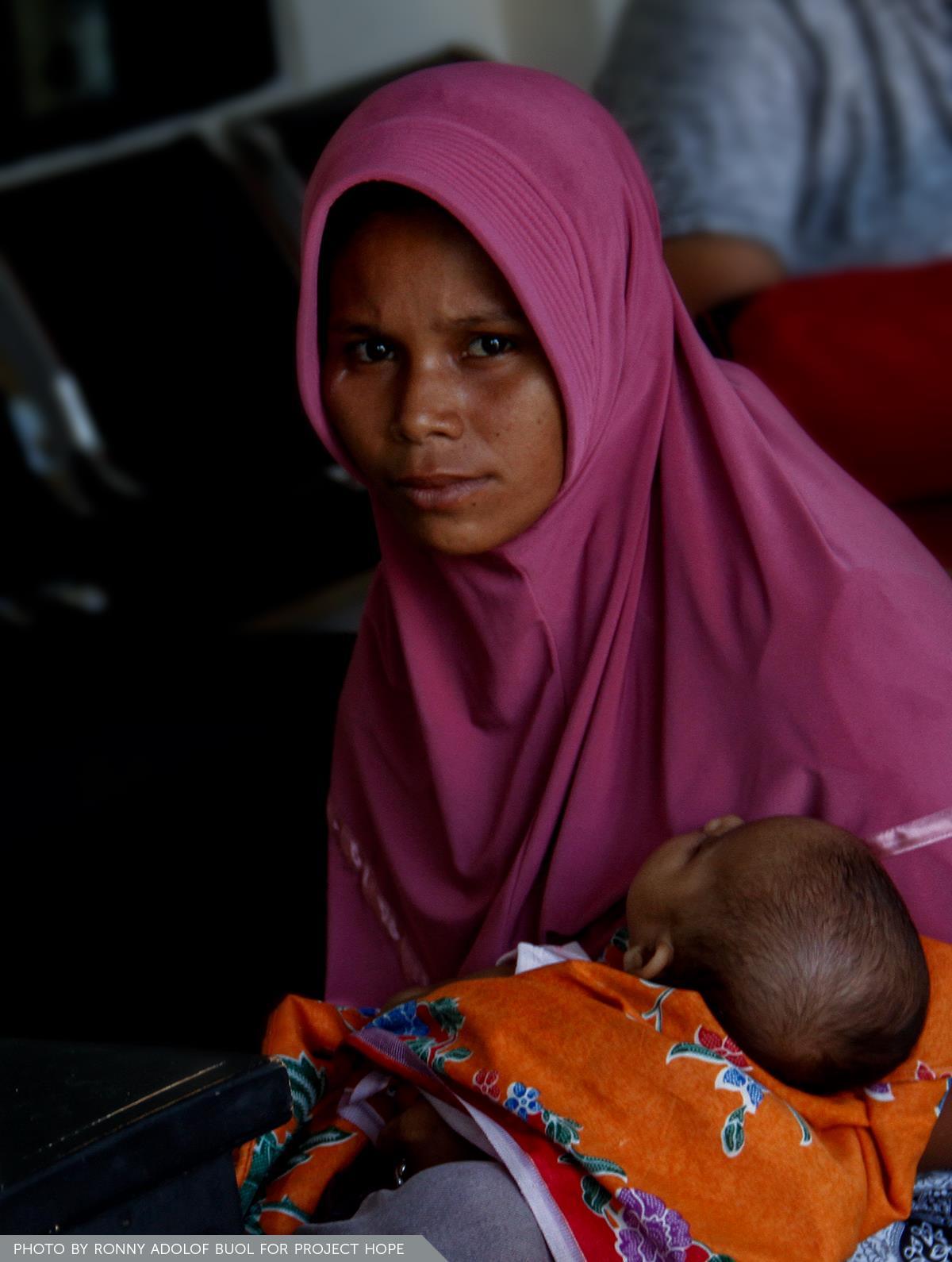
And for me, that was a wake-up call. That baby was dead, the one that I saw at the entrance. So I went back, I went back to the Capitol and I said, “We have to do something.” With a little bit of money that I had, we bought some medicines, we bought some IV fluids, we bought some chlorine. And that’s when I used my engineering background to start coordinating the water and making it clean and we went back to that island.
And from when we went there, the first time there were about 100 people dying every day, within a week, it went down to two people, and within 10 days, there was no more death. Oh my god. And it showed me what a little smart investment could make in terms of an impact on people’s lives. So that’s an I never looked back. That was 1999. And I started doing this work. And yeah, it’s been, it’s been amazing ever since.
Charity Matters: What are your biggest challenges?
Rabih Torbay: I think one of the biggest challenge challenges is getting people to know what’s going on in the world. When people hear only bad news, they don’t react to the good news that’s going on. So one of our challenges is to bring what we’re doing in the field, whether it’s in Africa and Asia and Latin America, or here in the US, so they would know that there’s a lot of good still happening and that they can actually contribute to that they can do some of they can participate in some of that good.
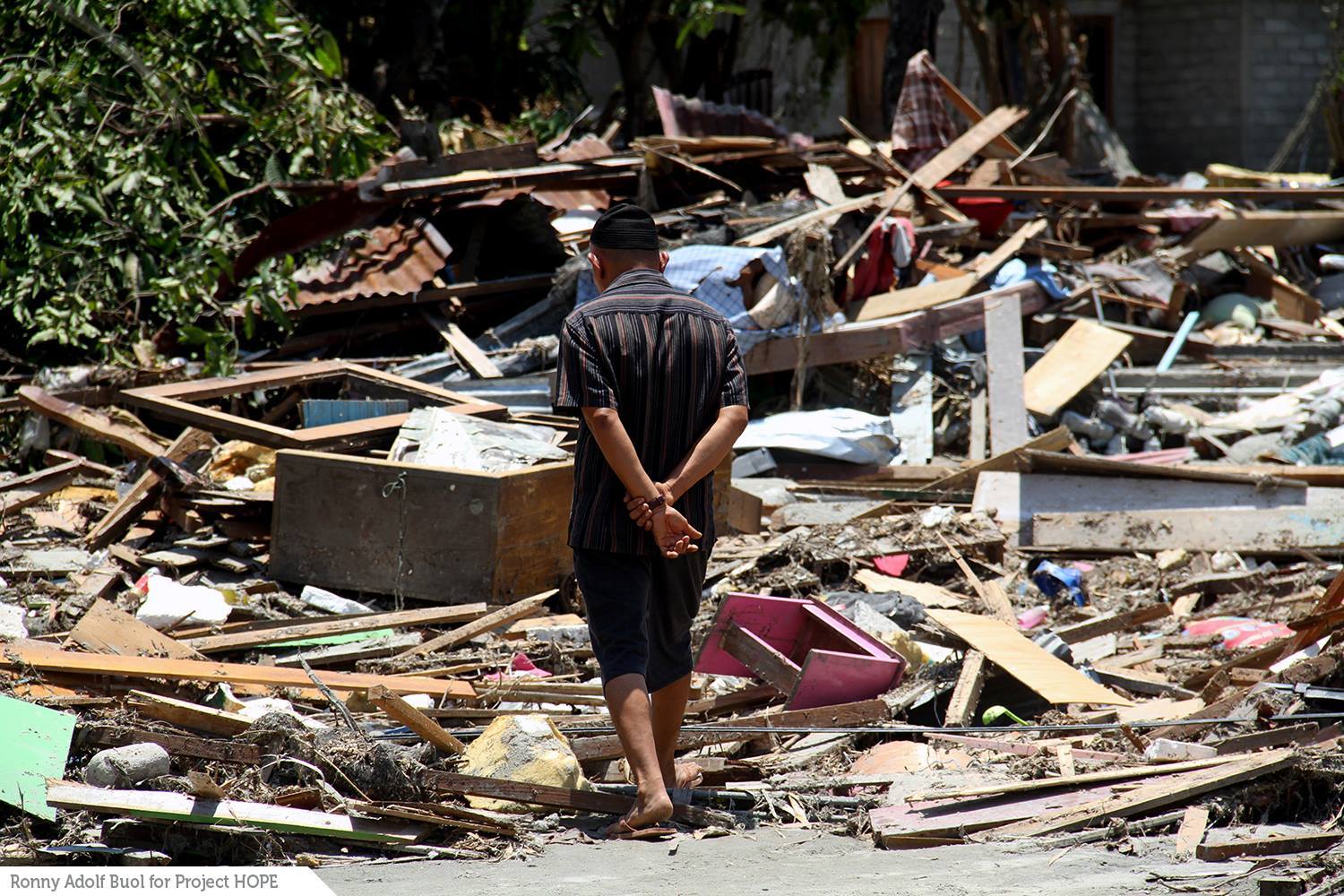
And that’s why we’re holding the event on Wednesday (tonight). You know, to really bring what we’re doing in the field, to people’s minds to people’s eyes so they can see it and feel it and feel that this they can actually contribute to a good cause. Instead of you know, wallowing in the negativity that we have these days.
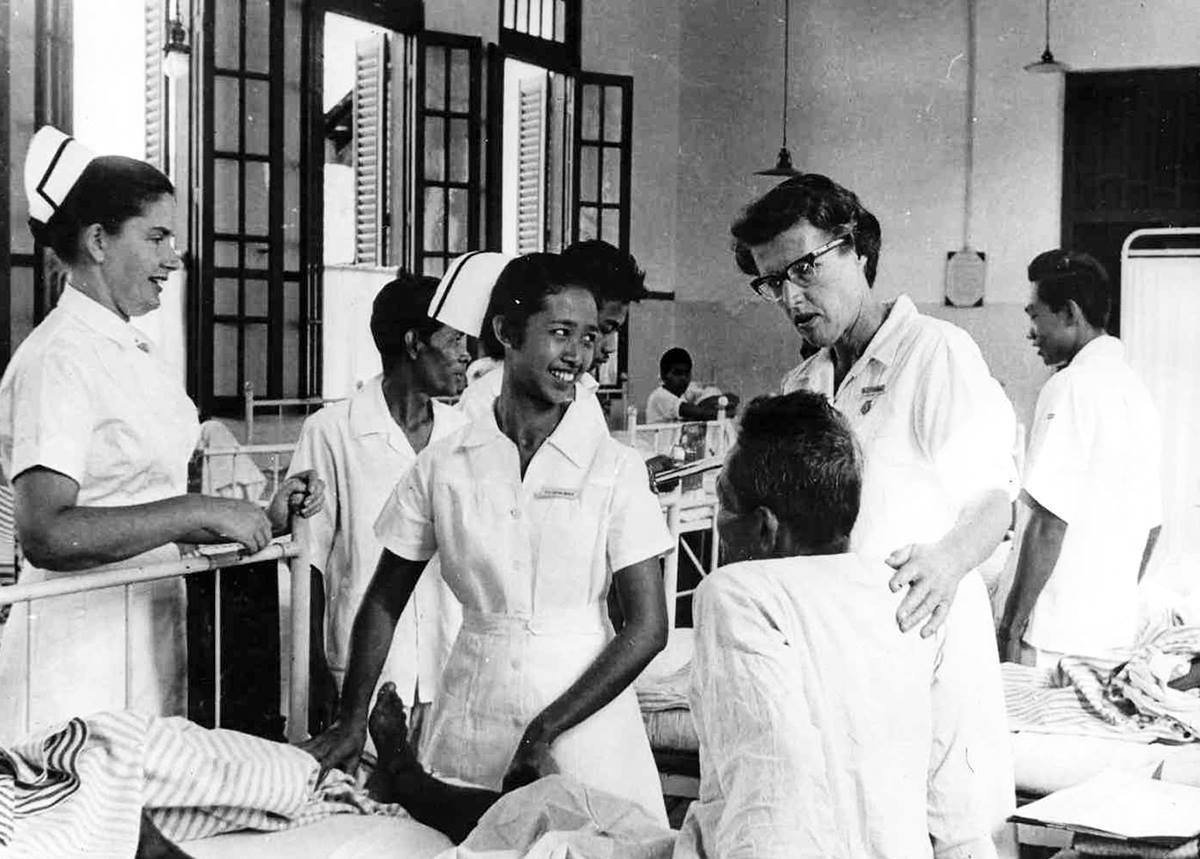
Charity Matters: How would you recommend people start getting involved?
Rabih Torbay: Sometimes we look at the problems around the world and it’s overwhelming and we think you know What can I do about it? You know, right, my $1, $5, one hundred dollars isn’t gonna make any difference with the huge problems that we’re facing. And the reality is everything counts every single penny, every single thought and action comes, even for people that cannot donate.

If they spread the word about, what Project HOPE is doing about the needs. And it’s not about us. It’s about the people that we’re helping, right. It’s about the women and the children that we’re serving. If people can spread the word or donate or volunteer, all of that has a huge impact.
We actually show them that the world cares about them. So we will present that hope that people need because at the end of the day if people have hope they can survive to the next day with the hope that something good is going to come. Right. And that’s what we do. So partnering with, with our donors, whether the $1 donor or the $100,000 donor, is actually what enables us to provide people with health care and hope, and hopefully a brighter future.
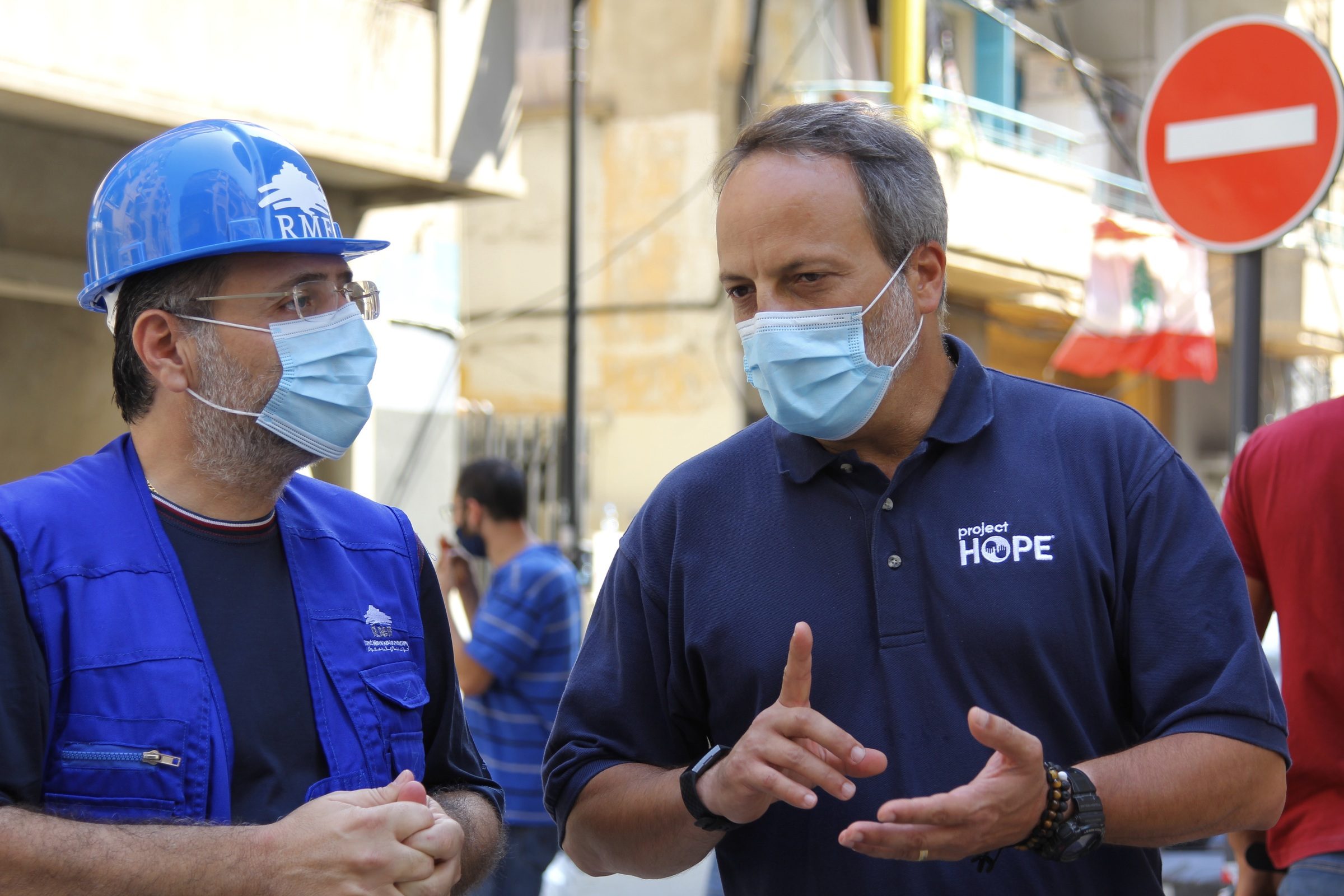
Charity Matters: What fuels you to keep doing this work?
Rabih Torbay: People always ask what keeps you going? I mean, it’s that human resilience that we underestimate the human resilience is amazing. Whether it’s the people that I saw in Beirut when I went and visited after the blast in Beirut, or in Sierra Leone, or Iraq or Afghanistan.
People’s resilience is what makes us work harder when you see them that they’ve got nothing, but they still have a smile on their face. And they’re pushing forward. They’re trying to make ends meet, they’re still trying to provide that gets the same way we want to provide of our kids, put them to schools, make sure they’re not sick. I mean, when you see How can you give up? How can you sit back and say, okay, I’ve done enough?
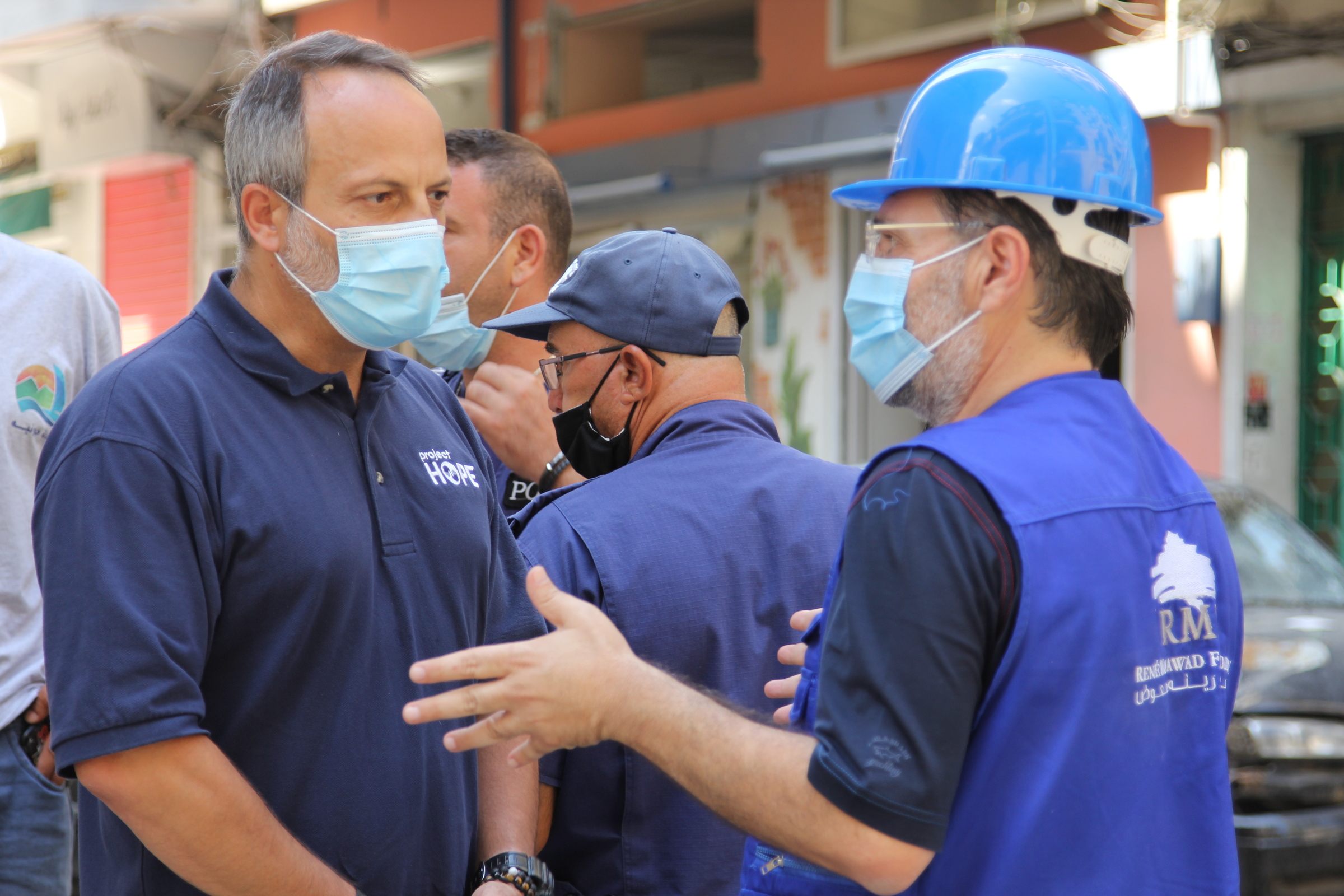
Charity Matters: When do you know you have made a difference?
Rabih Torbay: People think that we’re actually helping others when it’s very reciprocal. When you go to a place like Beirut during a blast, and you see the youth who came from all over the country to help clean up the streets, help pick up the pieces, volunteer, donate money, donate medicines, donate food, and they’ve got nothing themselves, but they brought whatever they can to help. I mean, how can you not fall in love with people like that?
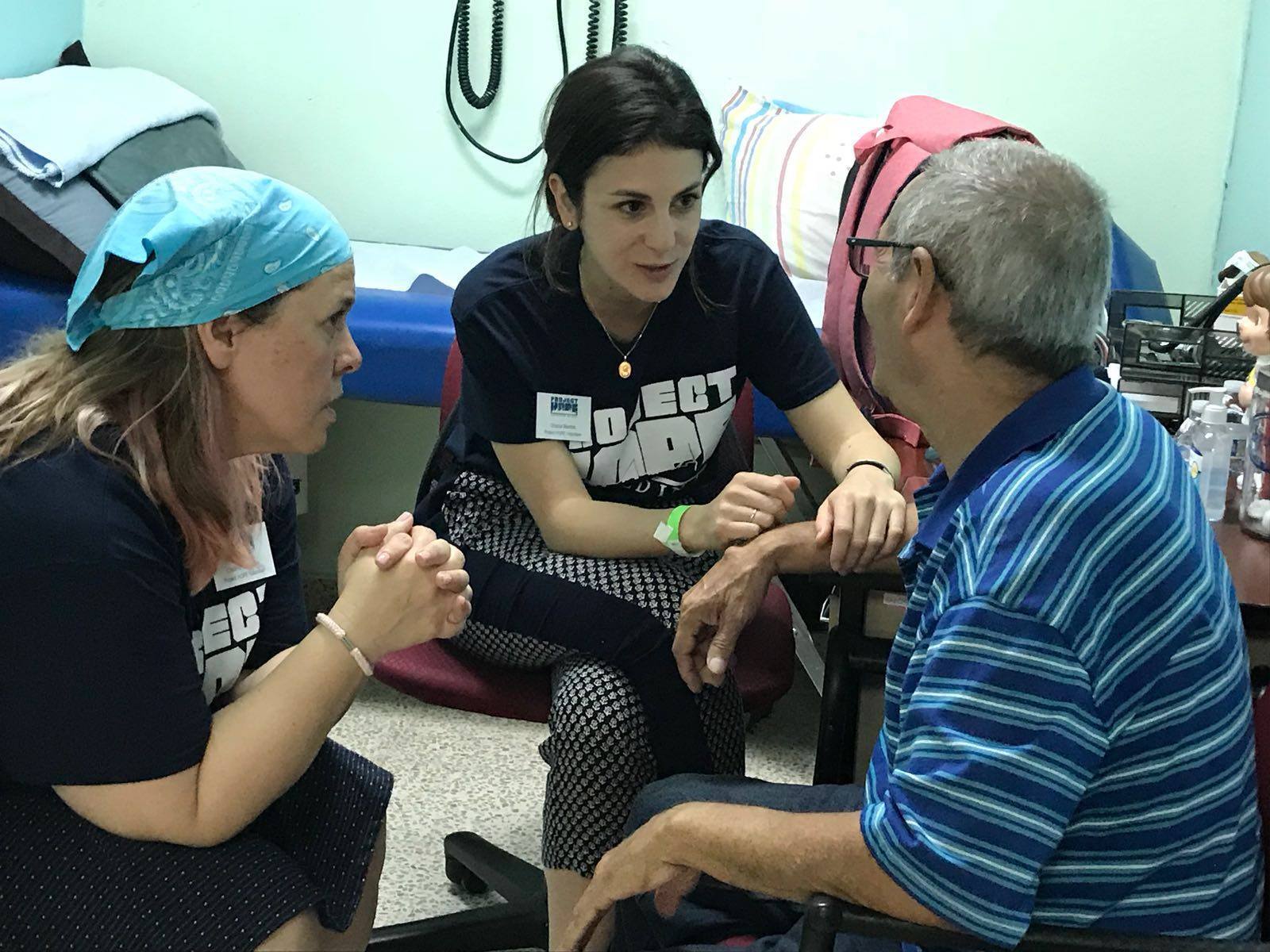
People that are actually doing and it gives you an unbelievable sense of, you know, a humility. They don’t need a hand up. Nobody wants a hand up. People need a helping hand people and need to be able to help each other and help themselves with pride and with dignity. To be in a position where you could actually help them achieve that. It’s just amazing. It doesn’t get better than that.
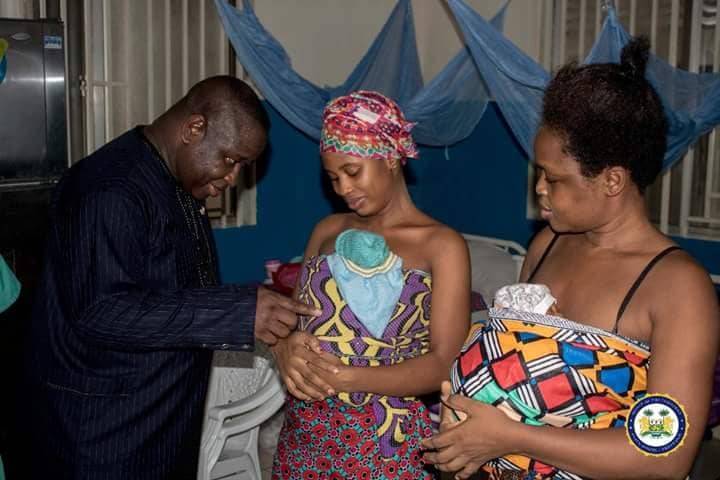
Charity Matters: Tell us what success you have had? What has your impact been?
Rabih Torbay: How can you put a price on somebody’s life? You know, how can you monetize that? How can you say, life is worth $2? That’s life is worth $100,000. Right? You start looking at that. But that being said, donors want to make sure that their money is going to the right people, and that you’re maximizing the impact of that money, and the money’s not being wasted. And, and for us, it’s critical. We take that very seriously.
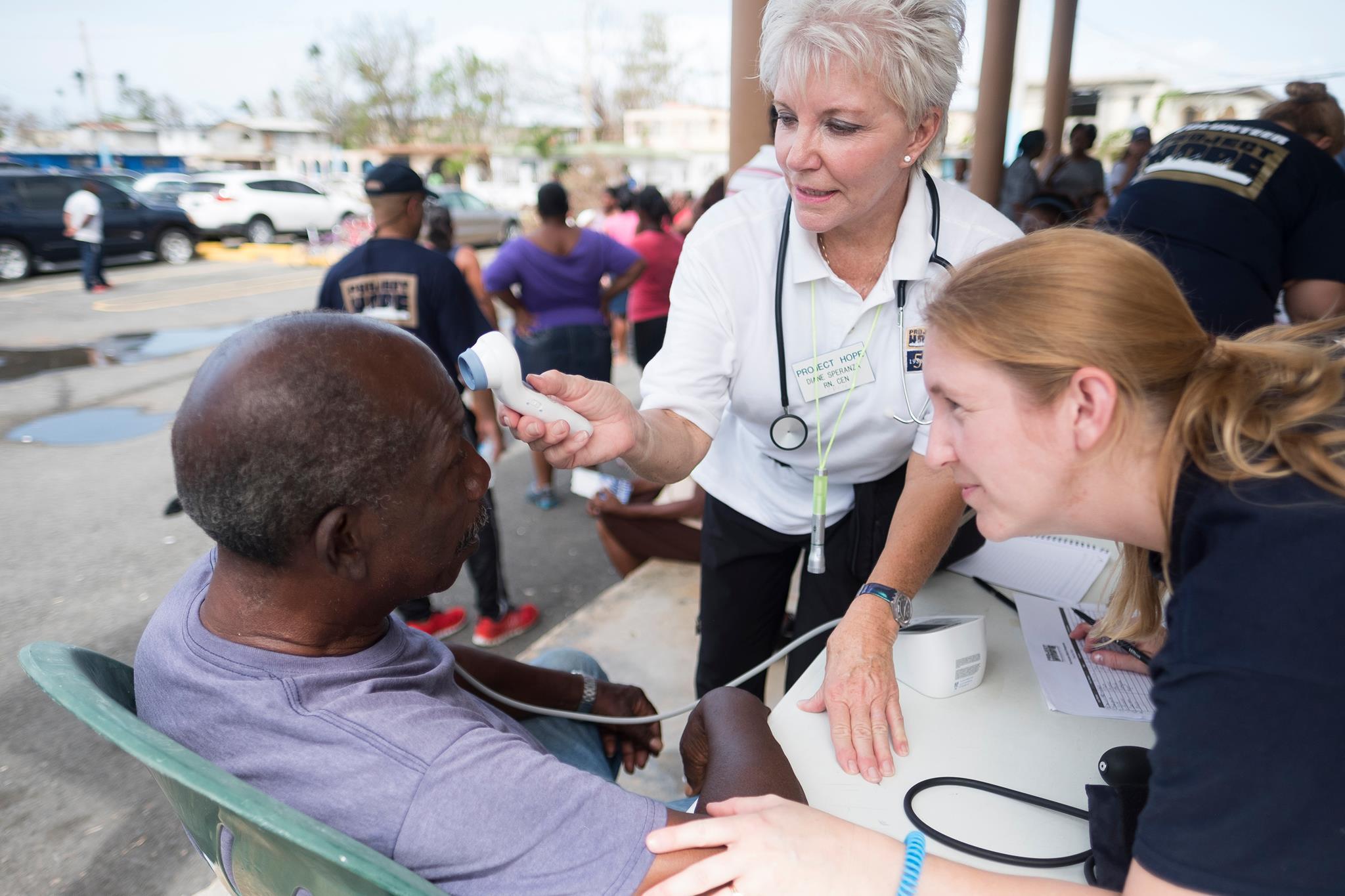
We work hard for every single cent that we get from our donors. And we appreciate every single sound because we want it we you know, every cent counts and it saves people’s lives. And one of the most impactful things that we do is actually training. Now, think about the multiplying factor of the training of doctors. If you go in as a doctor and treat 10 patients, that’s fantastic. You’ve just saved 10 patients.
But if you go in as a doctor or as a nurse, and you treat five patients and you train one doctor, who in turn will actually everyday treat 50 to 100 patients, look at the impact of your money, and put the potential of those doctors and nurses will train other doctors and nurses. So the model is the biggest return on investment that anybody could ever have, especially when it comes to health care workers.
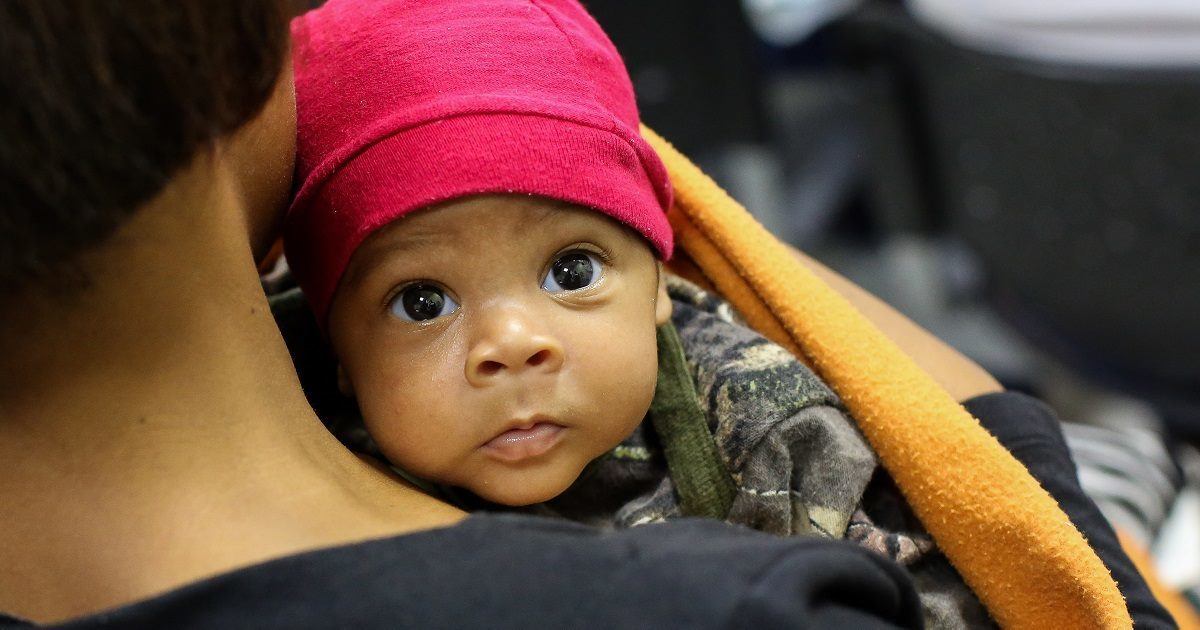
And for us, that’s why everything we do, whether it’s during a disaster response or a program that deals with maternal and child health, or tuberculosis or HIV, or diabetes, training of healthcare workers is critical. Because that is the one thing that we leave behind. You can build a clinic, it could get destroyed, right? You can provide medicines and medical supplies don’t get used and they run out. But when you train people, that knowledge stays behind. And it’s a permanent knowledge. And for us, that is the most impactful work that any organization can ever do.
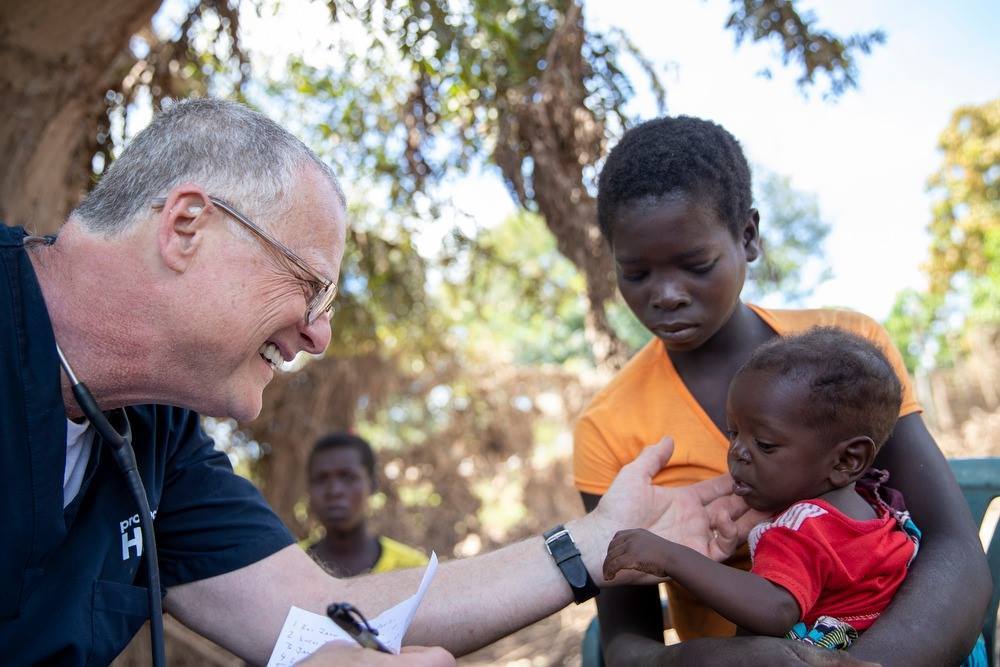
Charity Matters: If you could dream any dream for your organization, what would that be?
Rabih Torbay: I don’t think it’s going to be achieved in my lifetime. And I hope it does, which is that Project HOPE and other organizations like project top are no longer needed. Because that means the world is in a much better place. Now more realistic and immediate The dream for Project Hope is that we really reach more people.
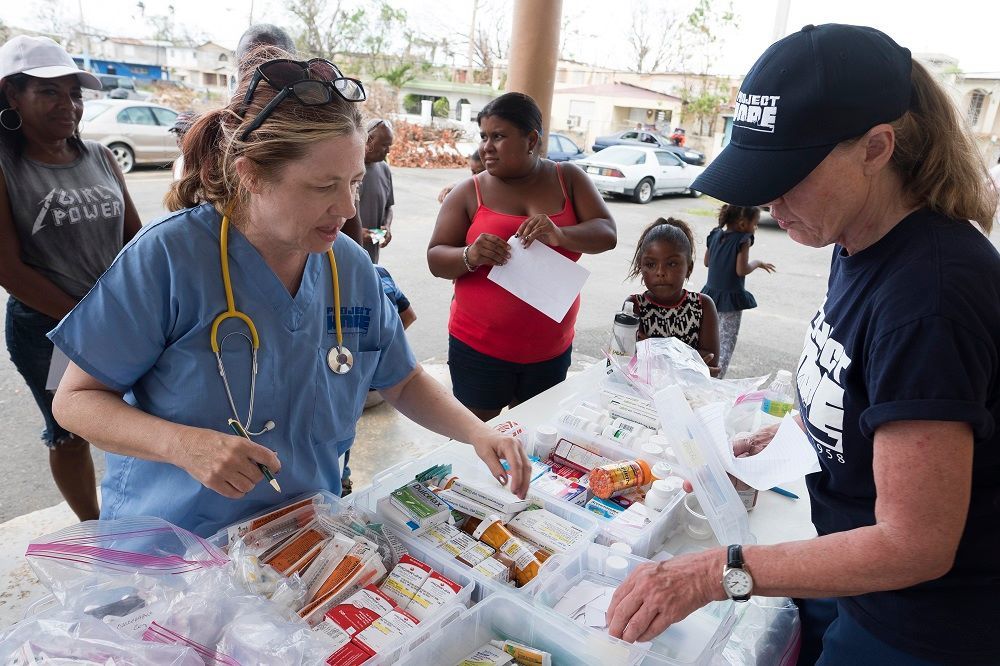
When you ask about, you know, what keeps me up at night, obviously the safety of our staff, the next disaster that’s coming, can we actually respond? Can we get the resources to respond to those disasters? Can we actually make sure that we deliver training and we deliver services during COVID-19? The one thing that always keeps me up at night is who we could have reached that we didn’t?
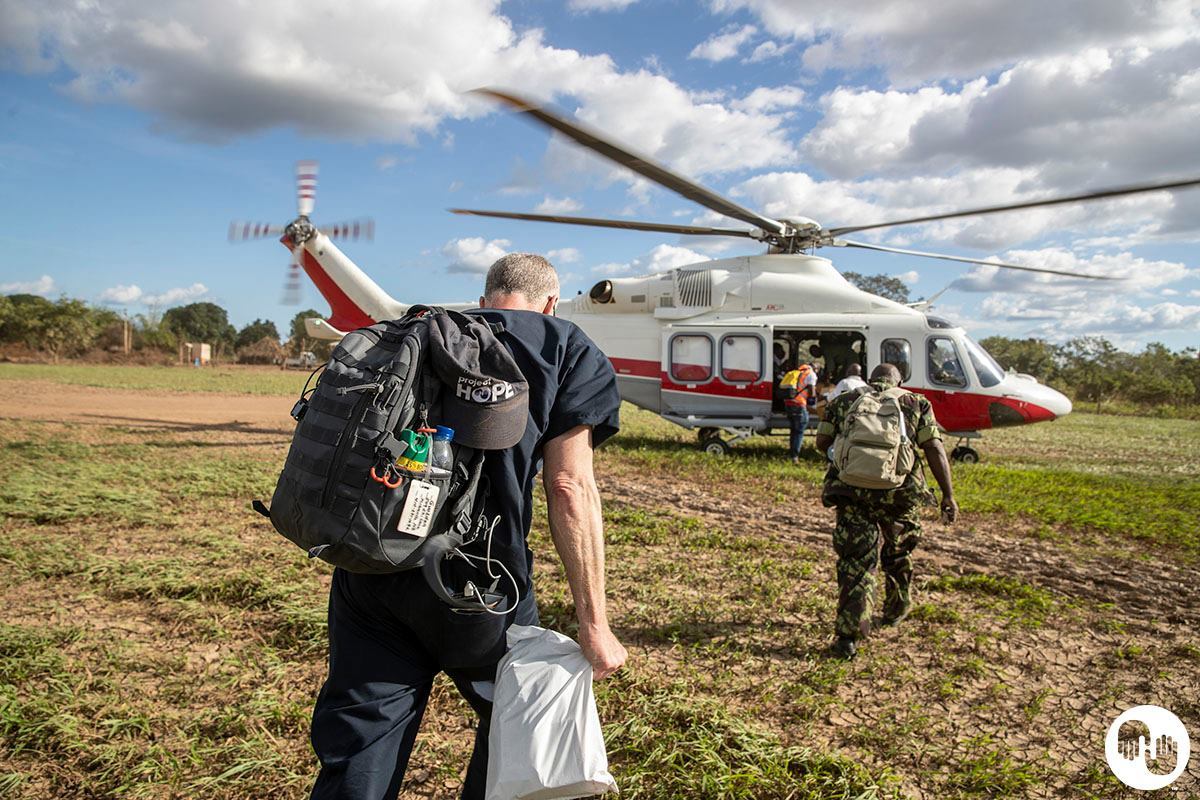
Charity Matters: What life lessons have you learned from this experience?
Rabih Torbay: You know, as an engineer, you want certainty about everything you do, right? You want to know everything before you make any decision, for me, one of the most important things that I’ve learned,
especially stepping away from my engineering world is taking risks.
Take a chance on people take a chance on people’s resilience, take a risk, do something that your gut tells you. It’s the right thing to do. And your brains tell you No, it’s not. Listen to your gut instinct much more than you listen to your brains all the time. And taking a chance on people and believing in people’s goodness goes a long, long way.
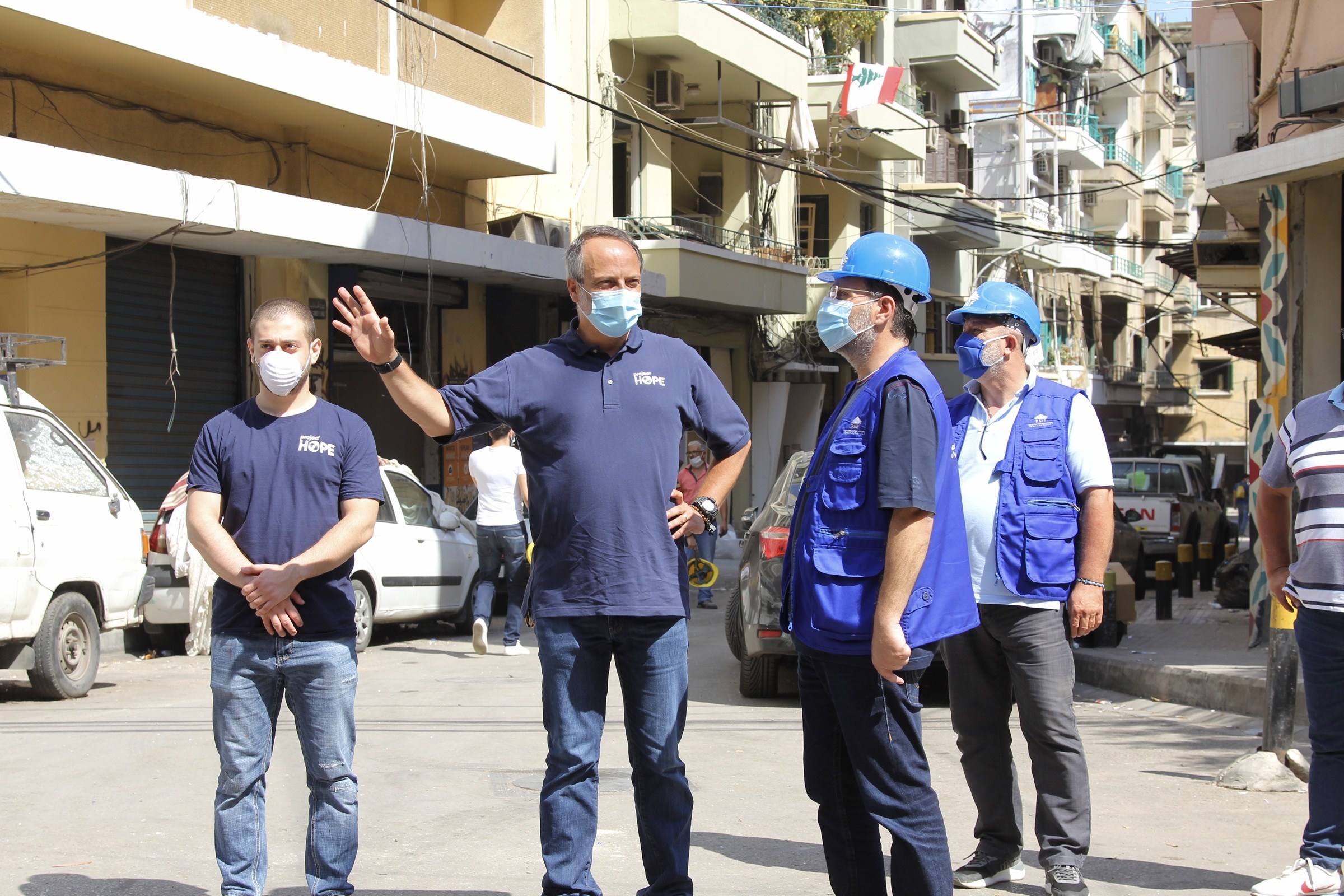
Charity Matters: How has this journey changed you?
Rabih Torbay: I’m am a completely changed person from focusing on my company and making money to really focusing on how can we improve as a society. It is no longer about me, it’s no longer about my family. It’s always now about the entire society, how can we help each other?
And, you know, having grown up in Lebanon during the Civil War? I didn’t know that was in me because you grew up in a war and you always wanted somebody to help you. You always want somebody to stop the bomb, and you wanted somebody to make sure that you get food. This was in me the whole time and I had no idea.
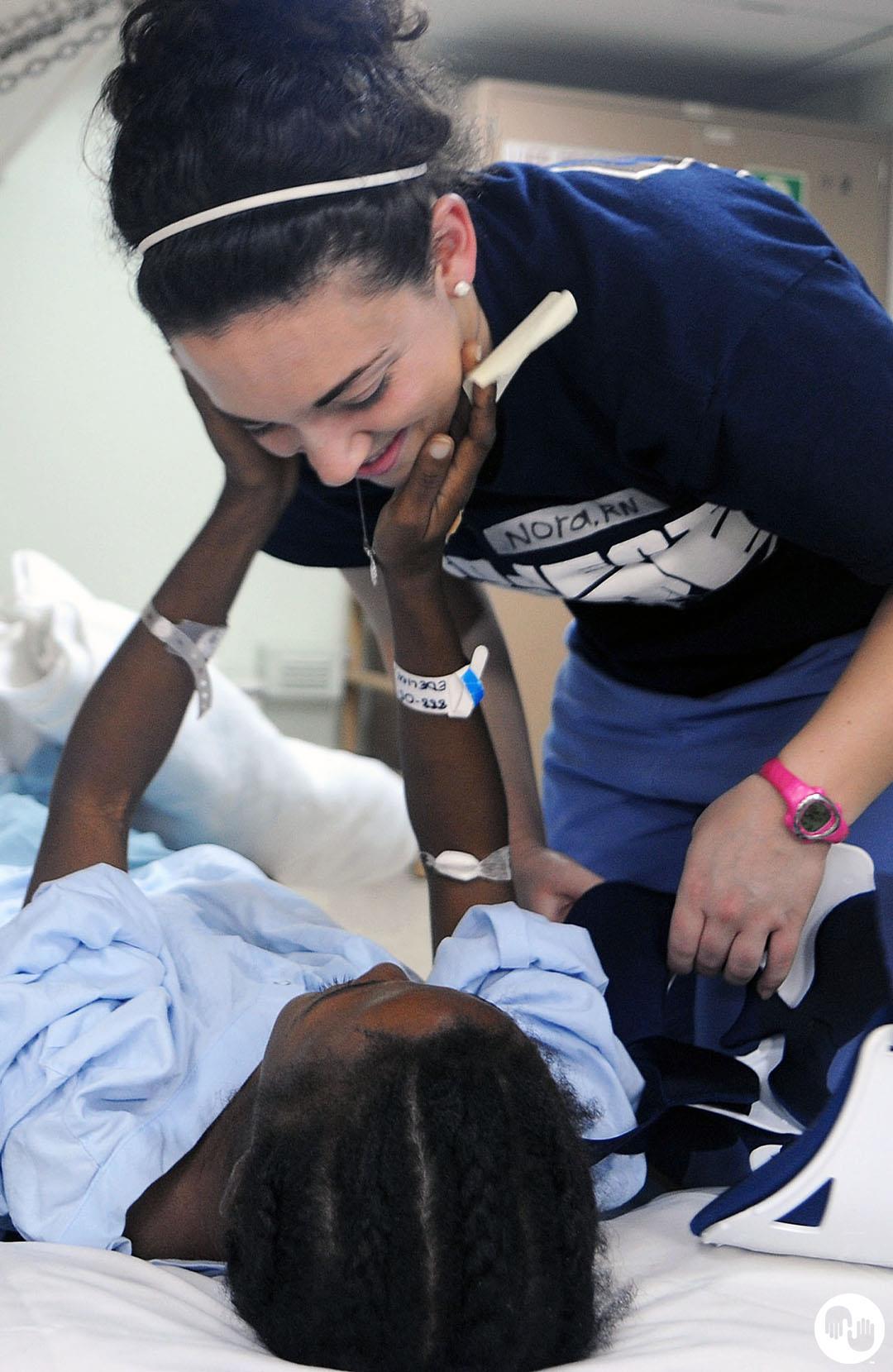
Suddenly, you know, it came back out. And I was like, look, it’s about people. It’s about that extra step. So for me, the one thing I choose is the fact that I can never get enough. I never stop. Whatever I can do. I want to do a little bit more. Some people think I’m crazy. Some people think I’m a workaholic. I just love it. And the second thing is, I love my job. I’m telling you doing seven years of engineering, I hated every second.
We’re all in this together. We’re all in this to help the next person and I’m forever grateful for Project HOPE to give me the support you need to actually work for such an organization. It’s just my dream come true.
CHARITY MATTERS.
YOUR REFERRAL IS THE GREATEST COMPLIMENT, IF YOU ARE SO MOVED OR INSPIRED, WE WOULD LOVE YOU TO SHARE AND INSPIRE ANOTHER.
Copyright © 2020 Charity Matters. This article may not be reproduced without explicit written permission; if you are not reading this in your newsreader, the site you are viewing is illegally infringing our copyright. We would be grateful if you contact us.

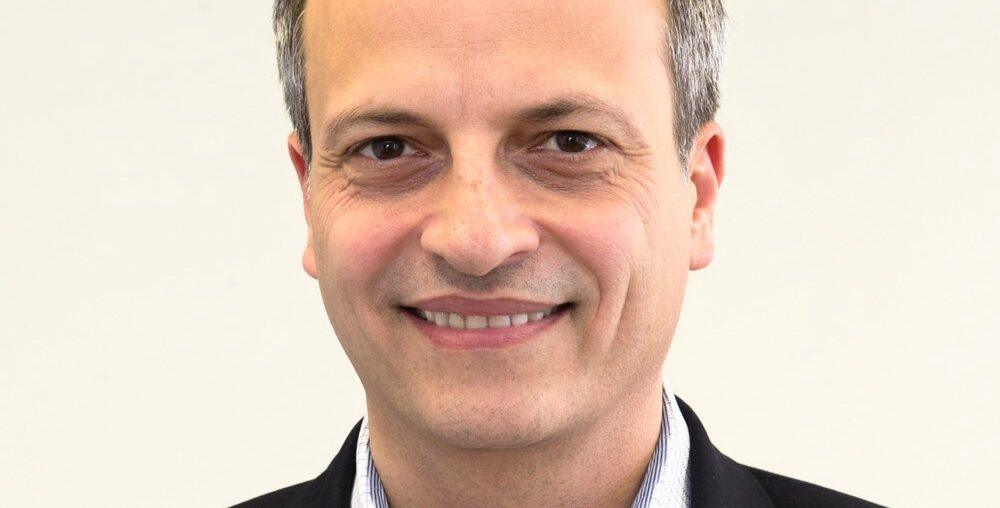
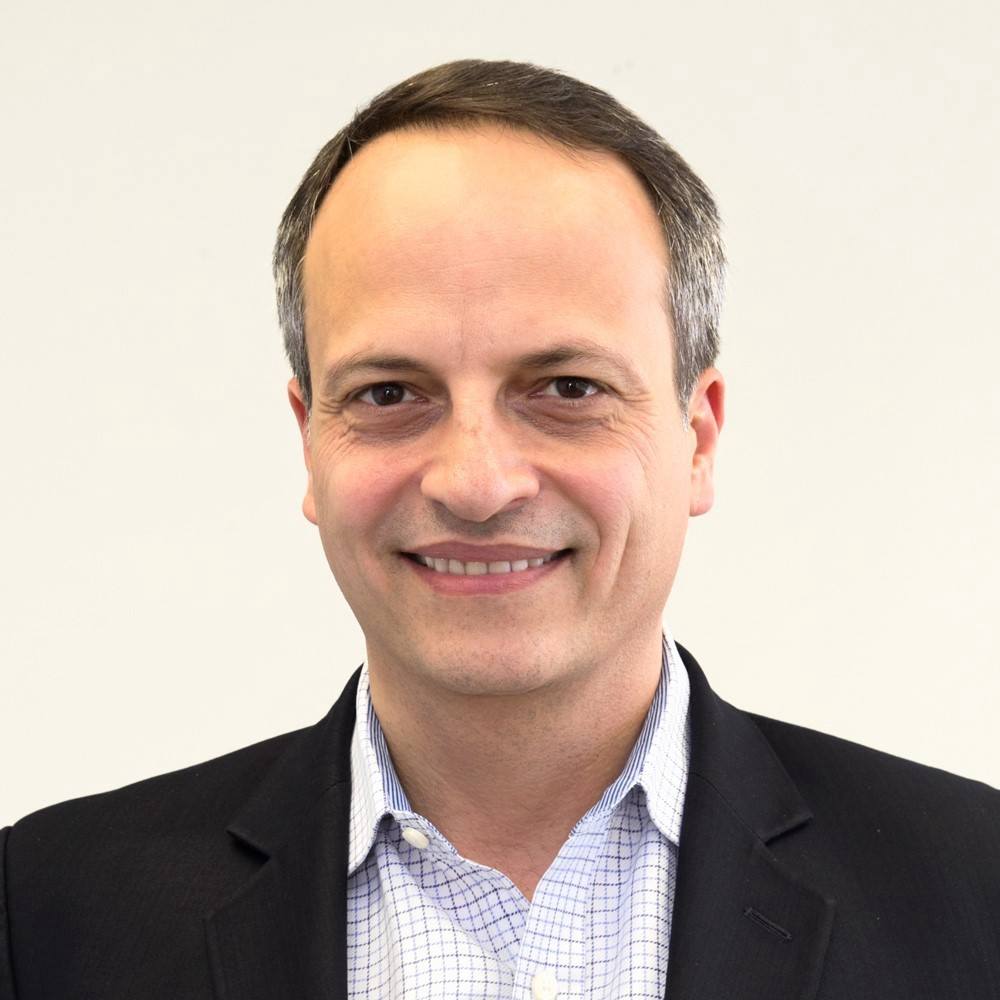


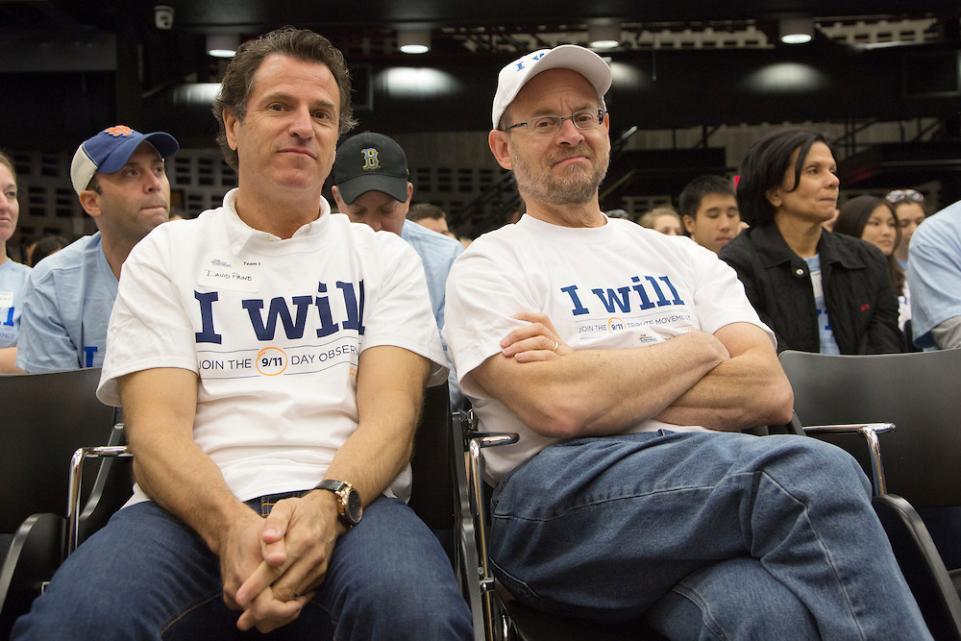
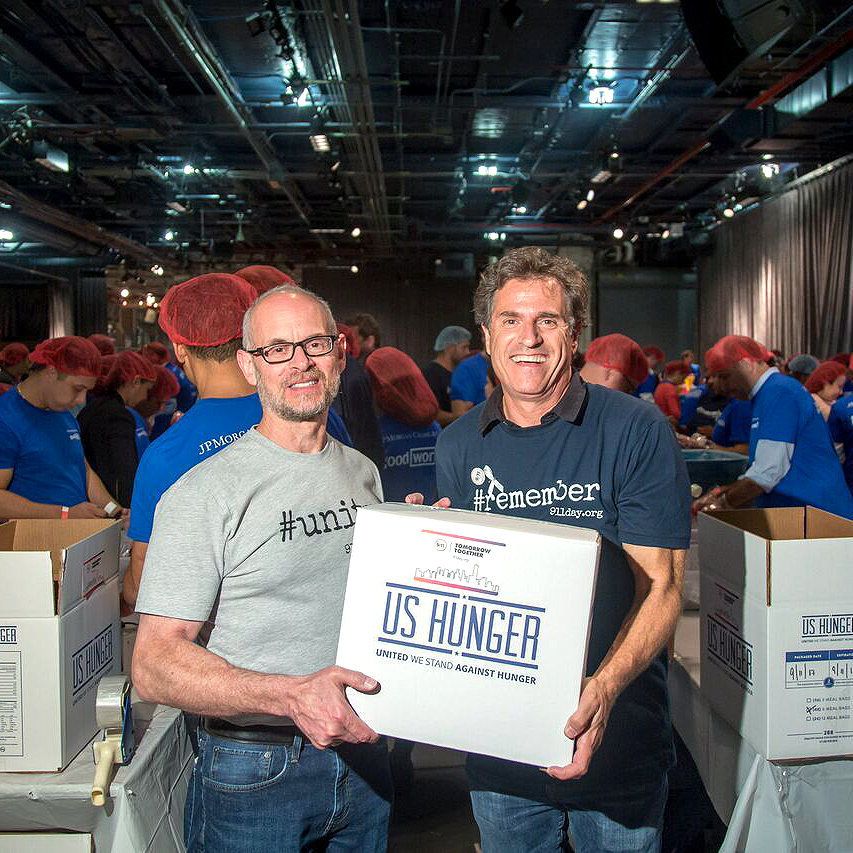
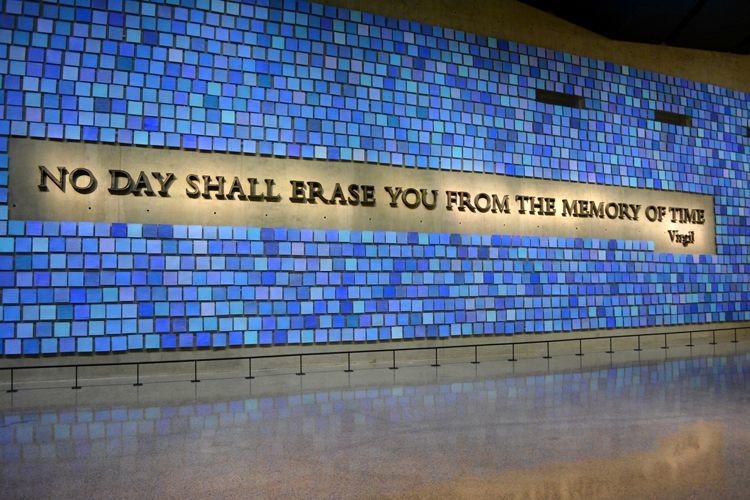
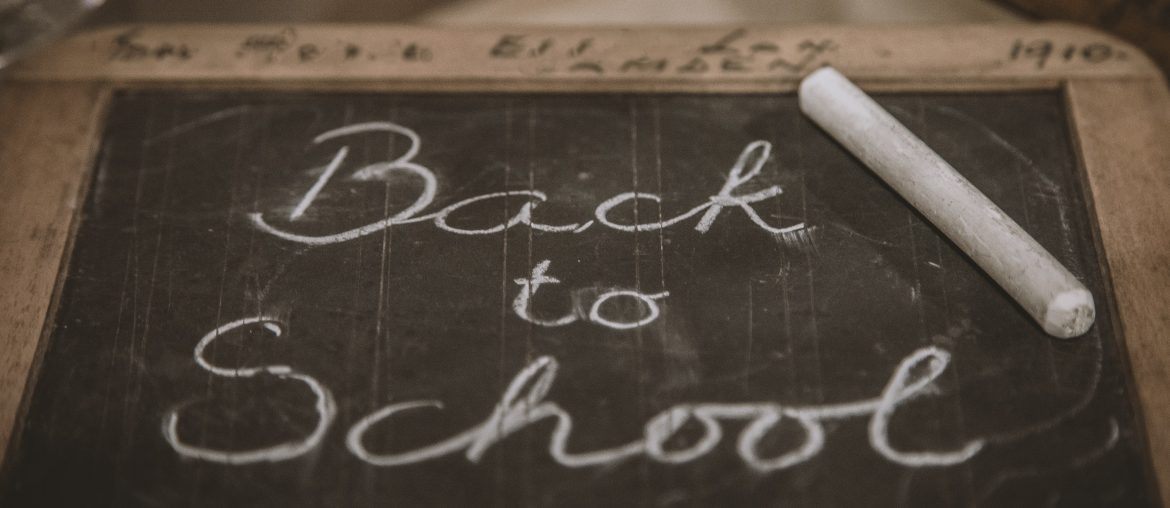

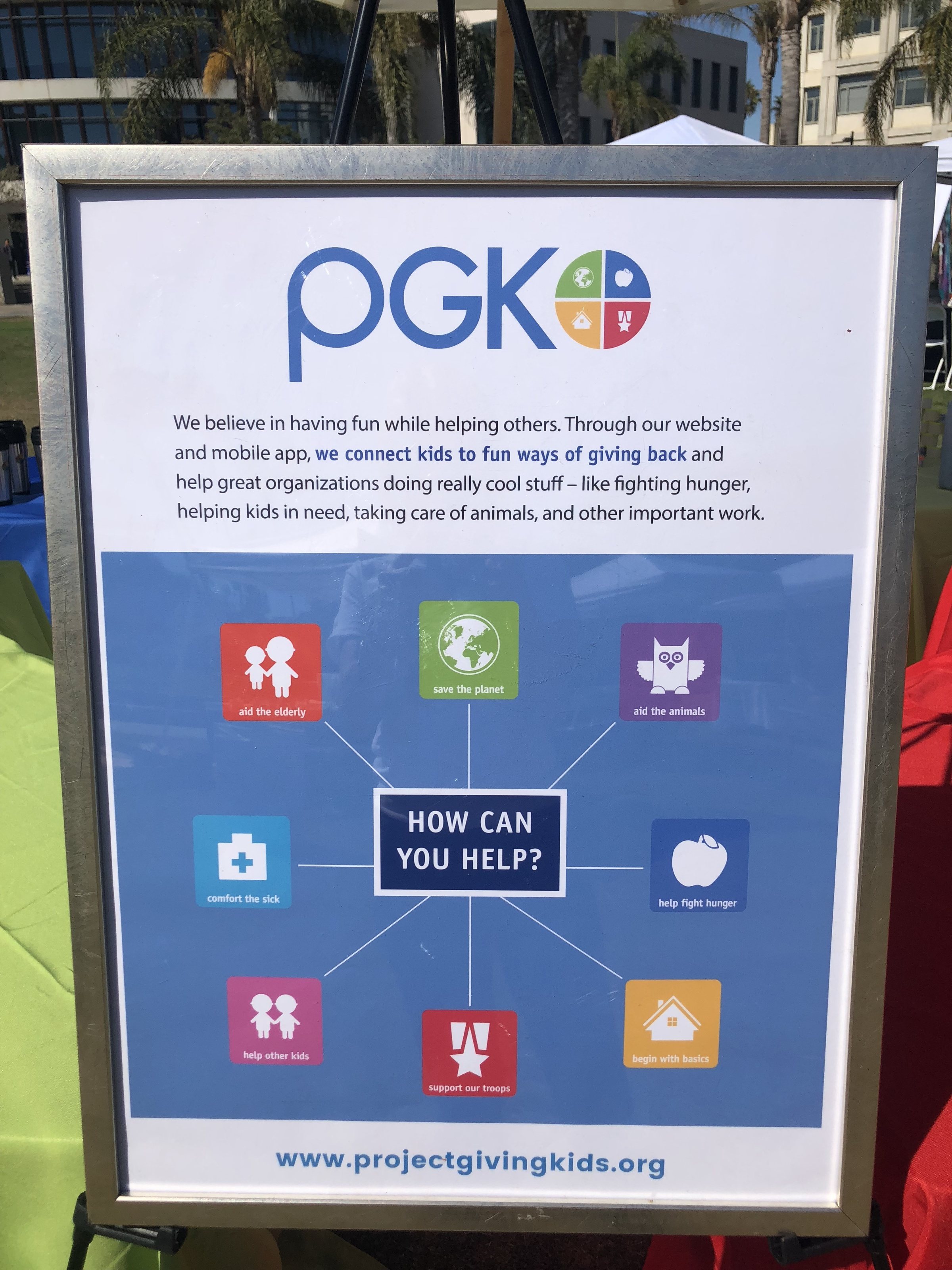

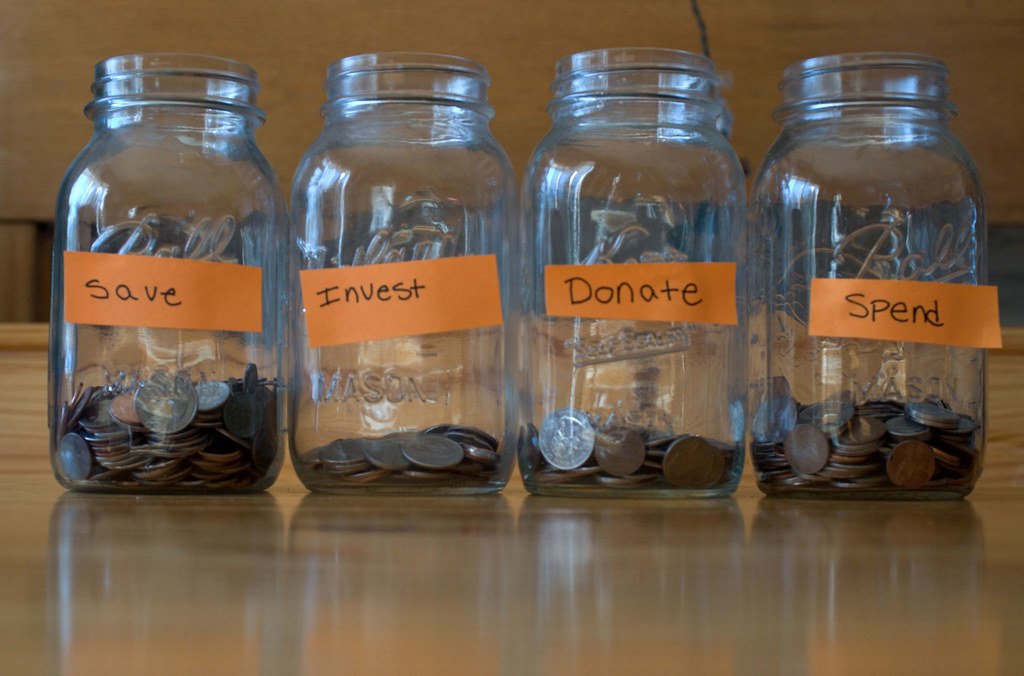

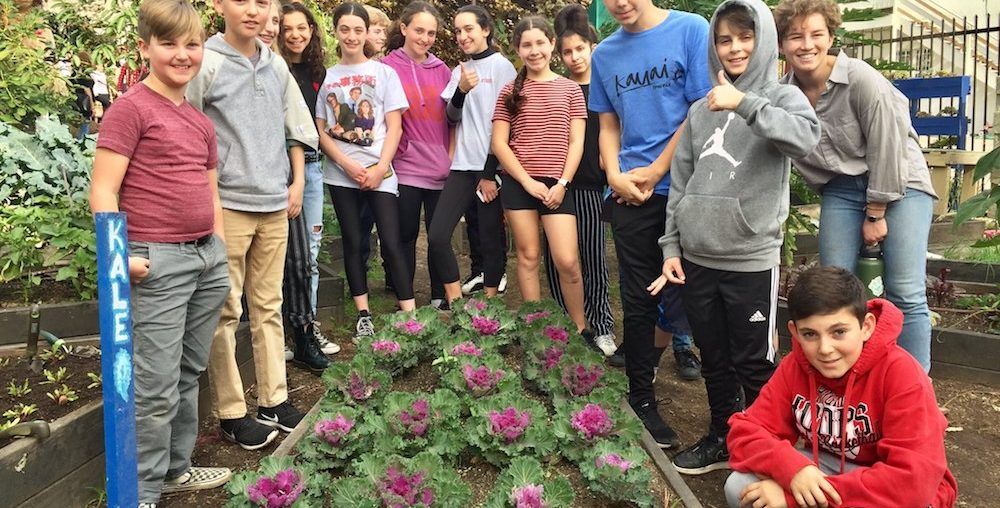
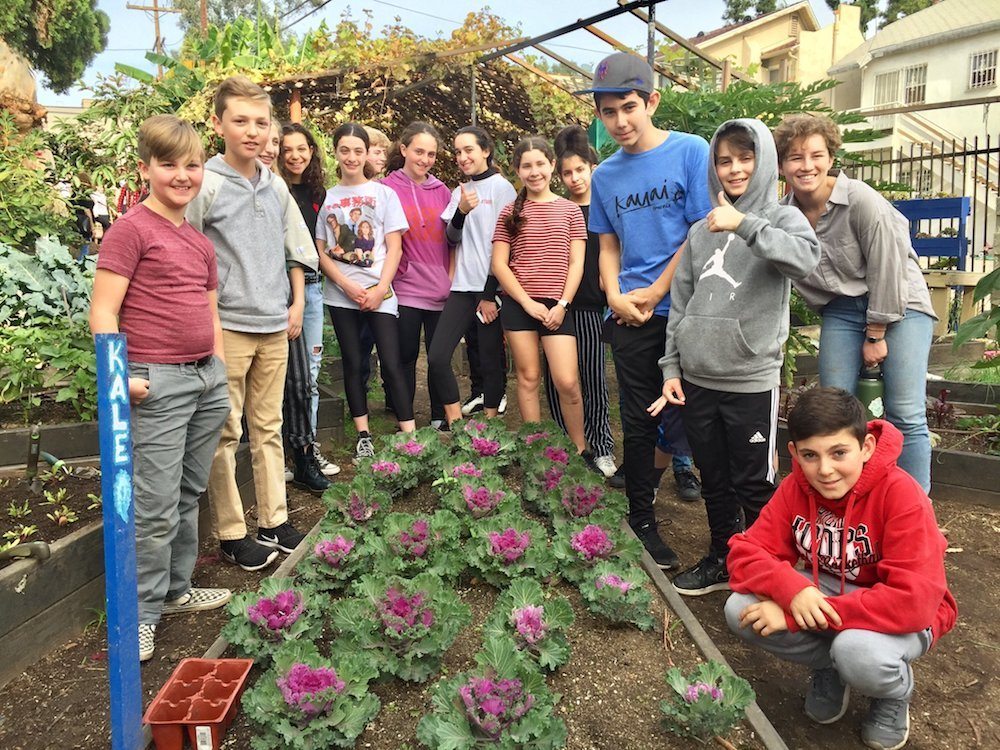
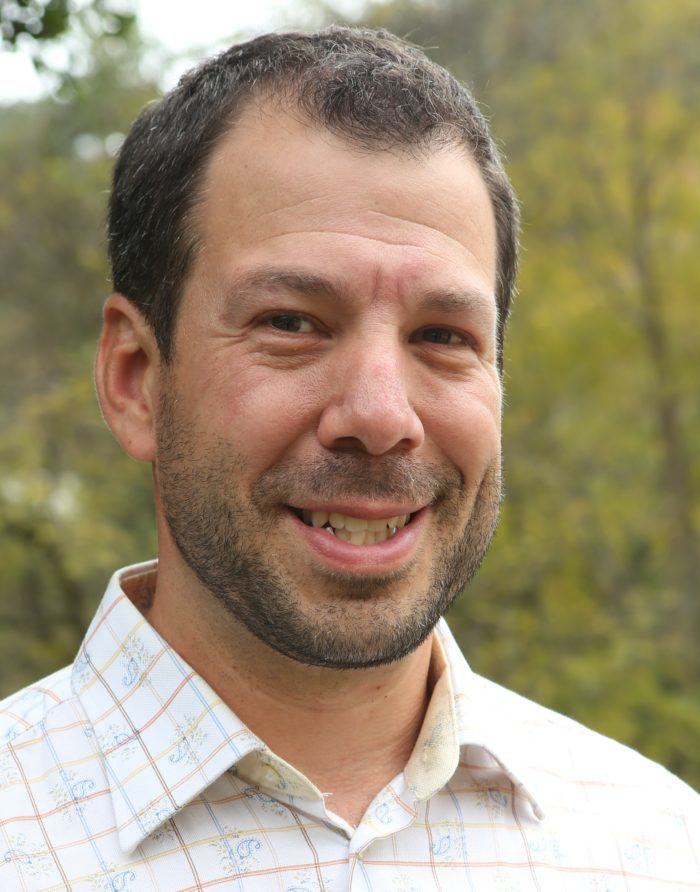
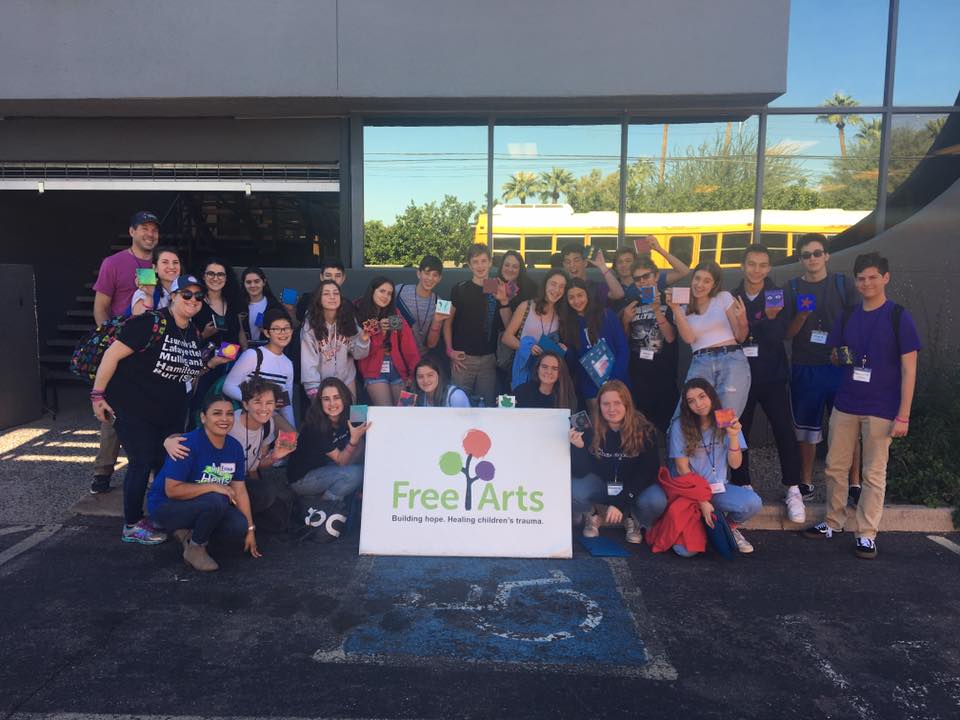
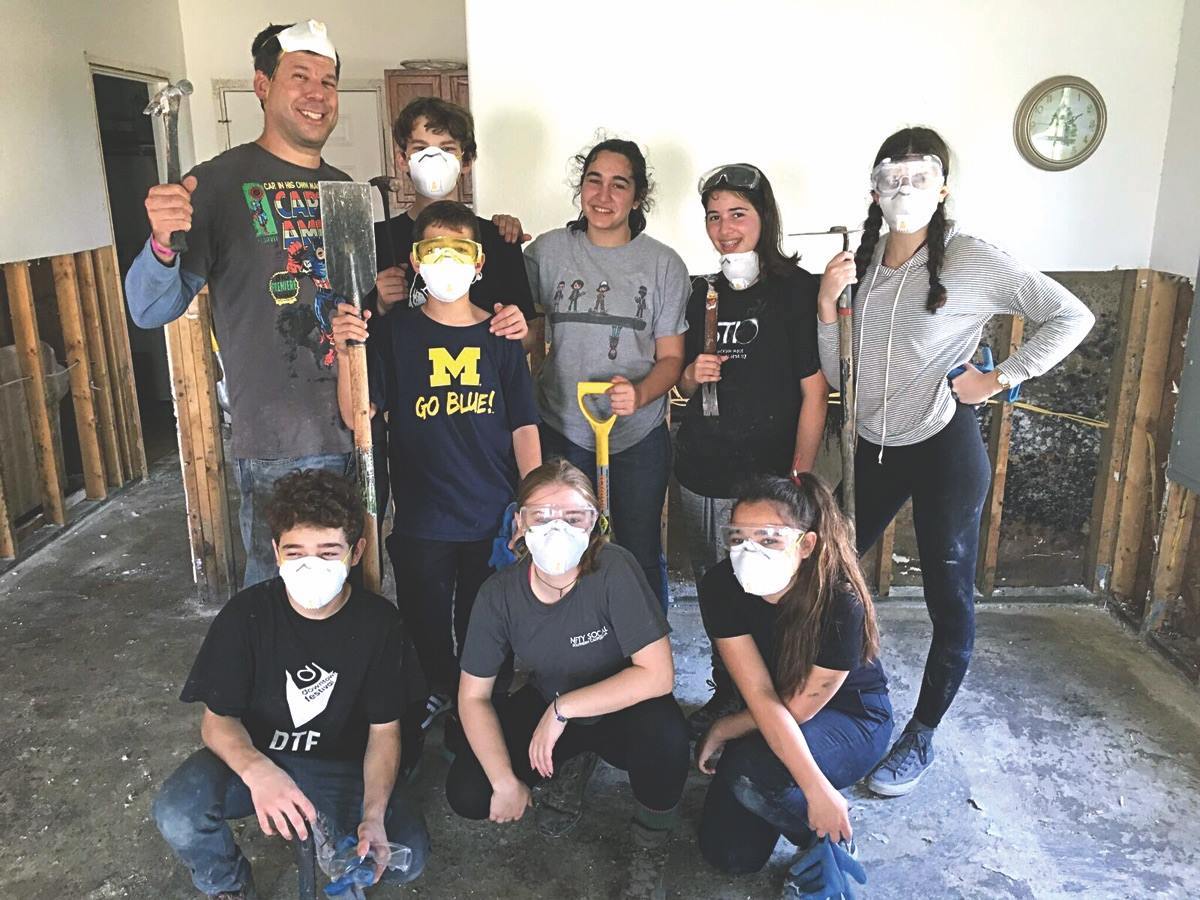
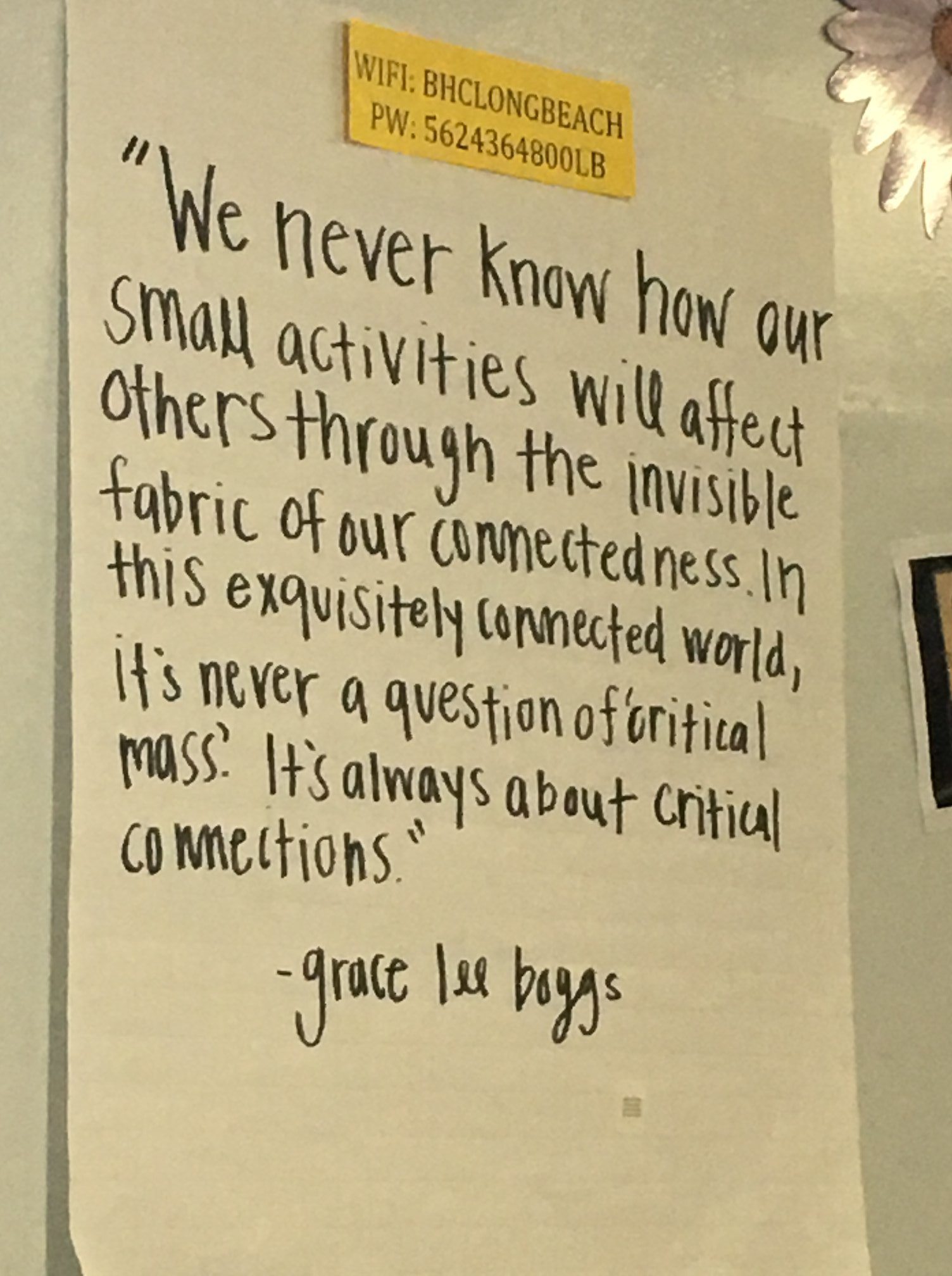
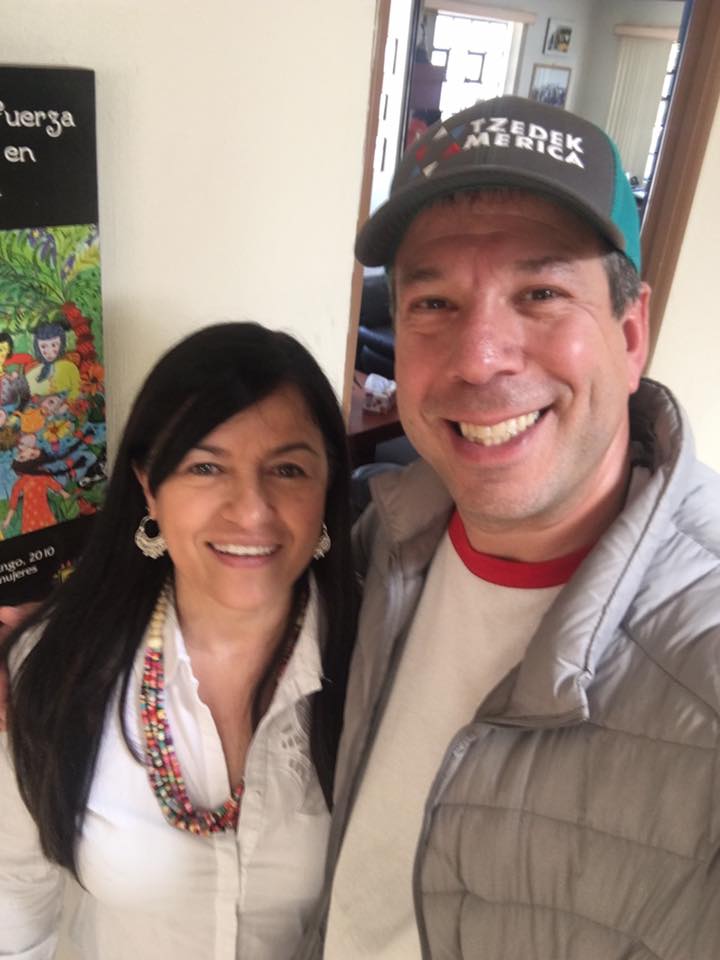
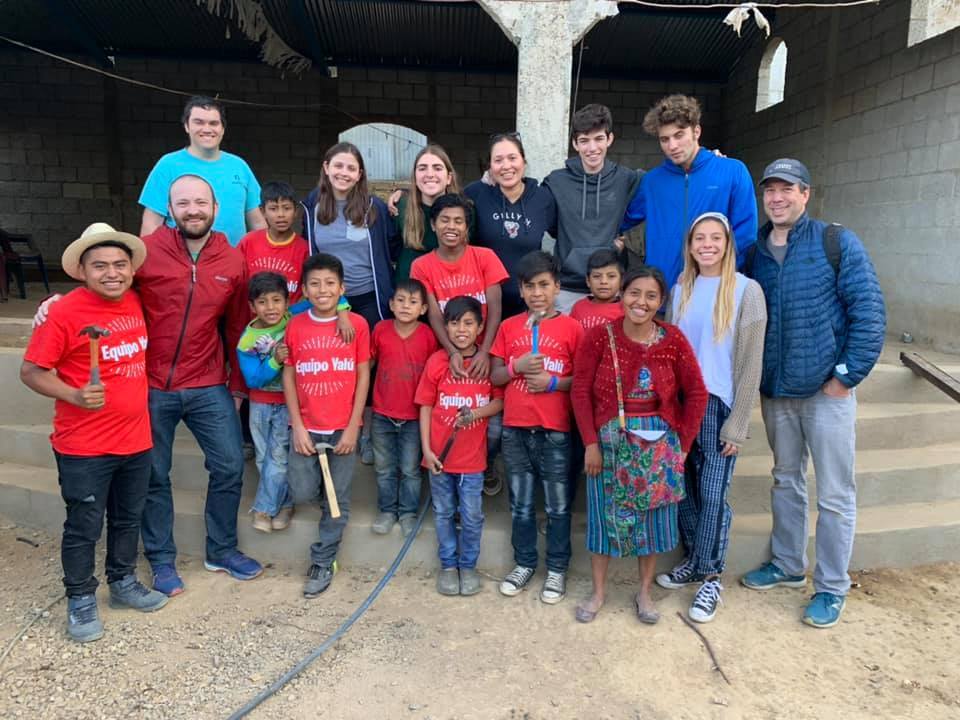
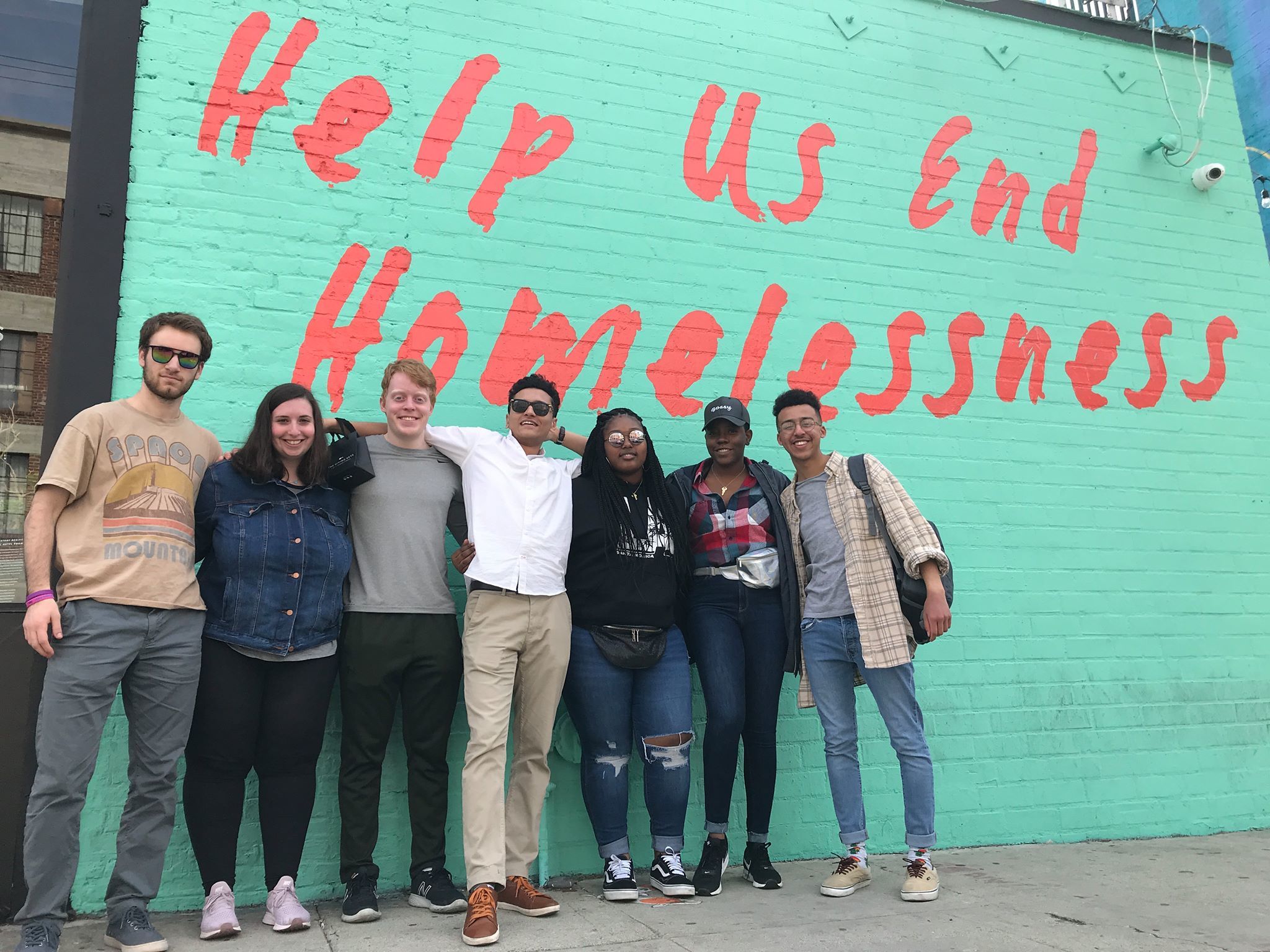
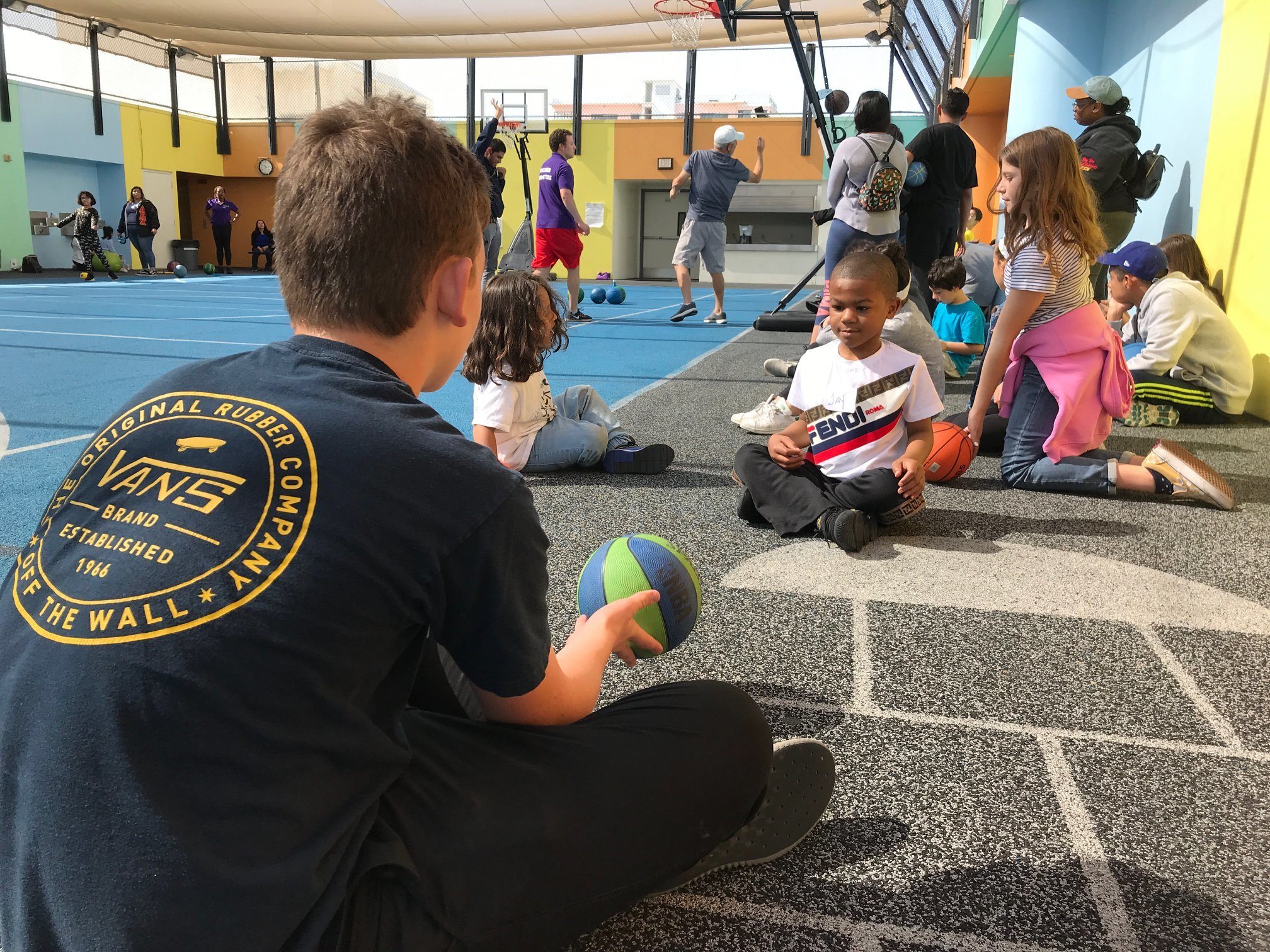
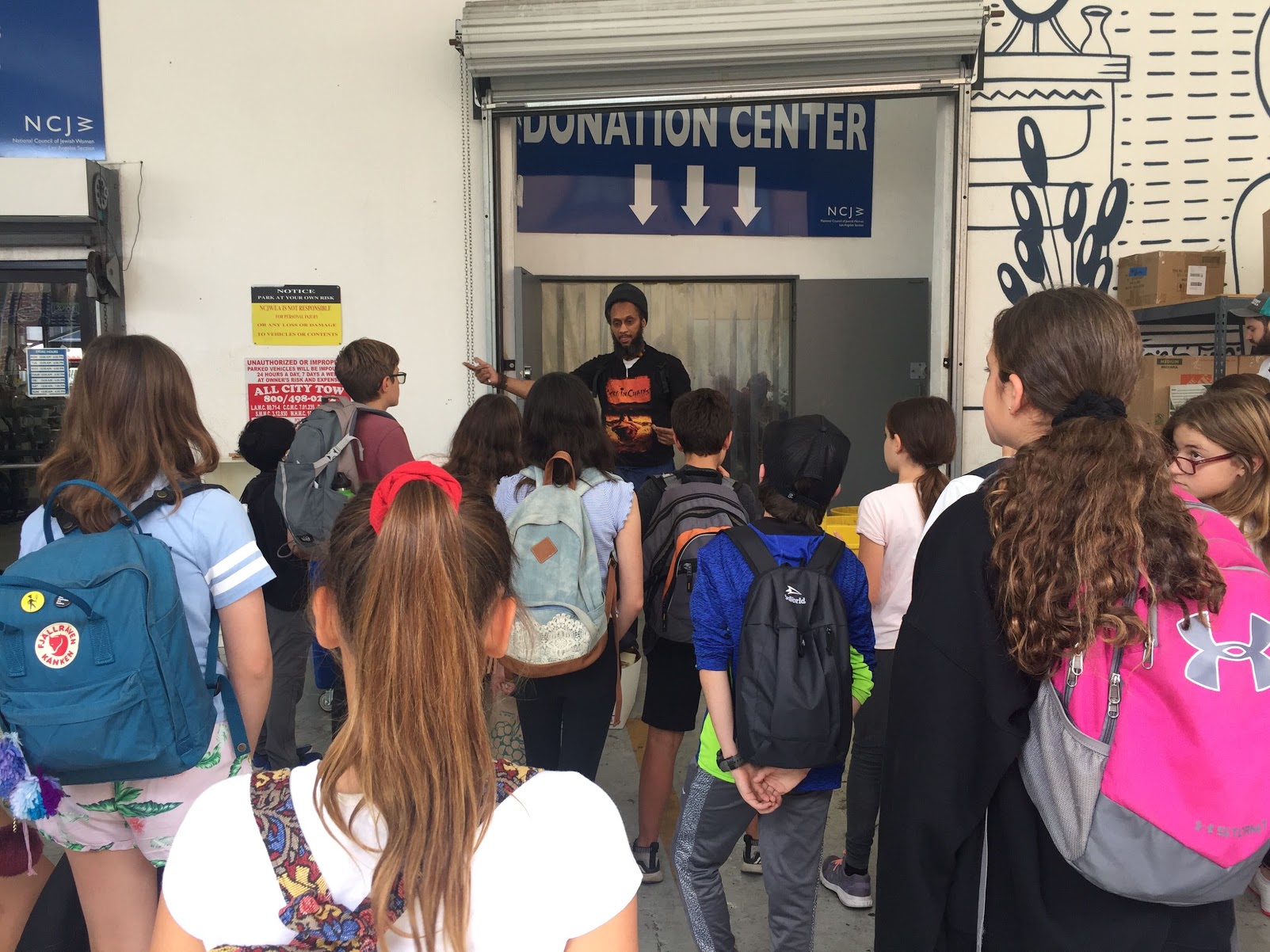
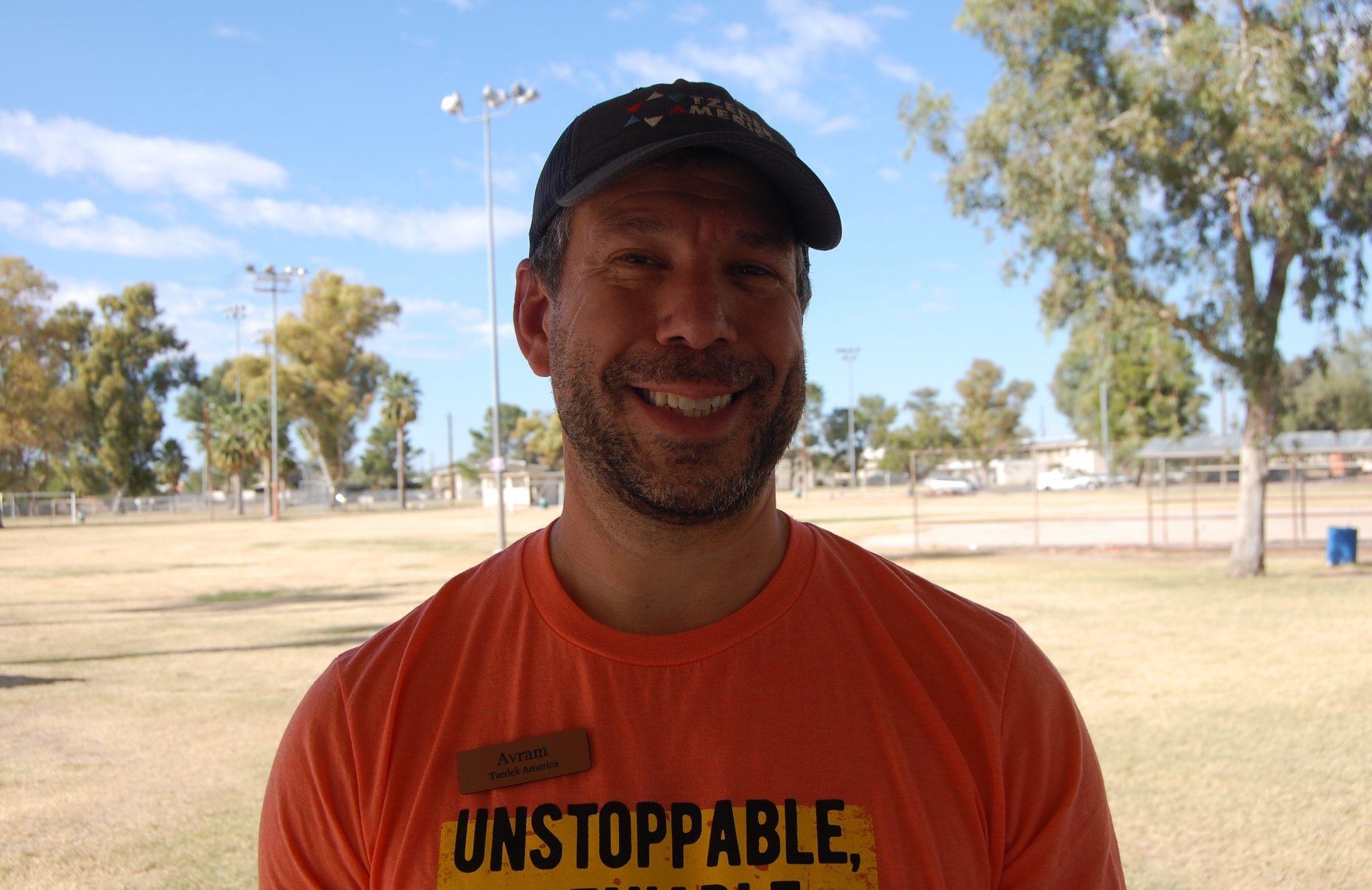
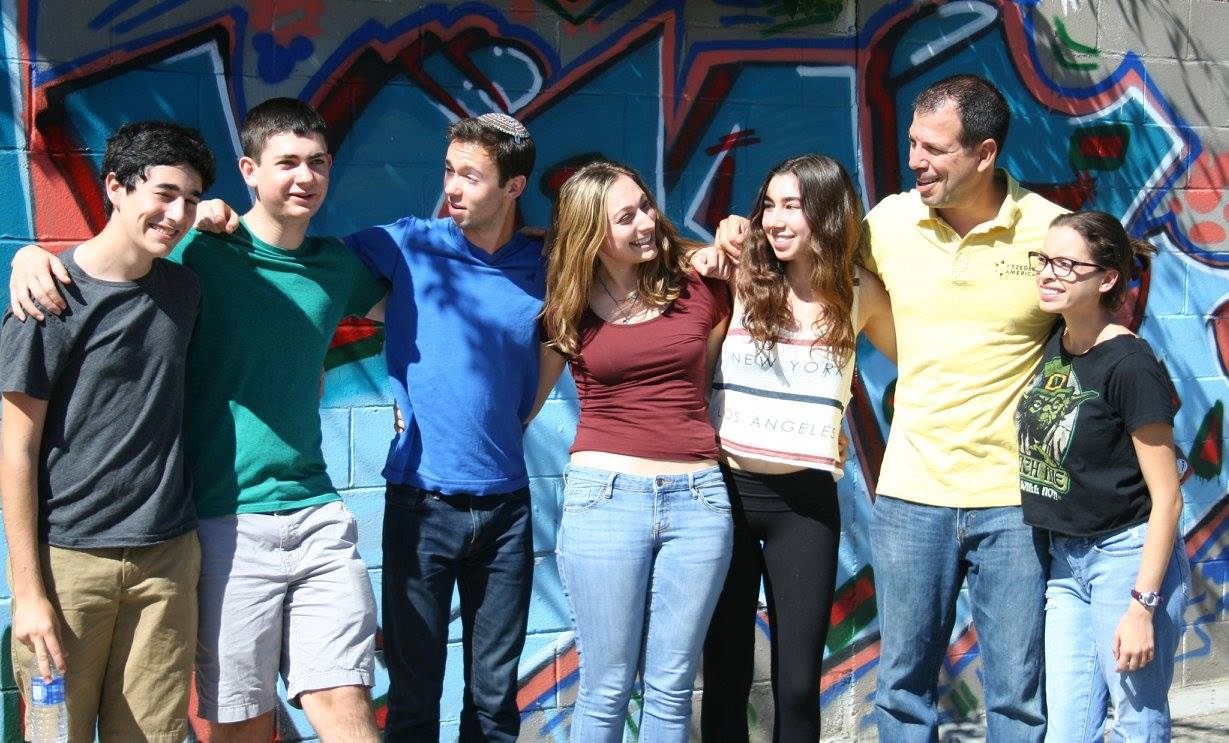
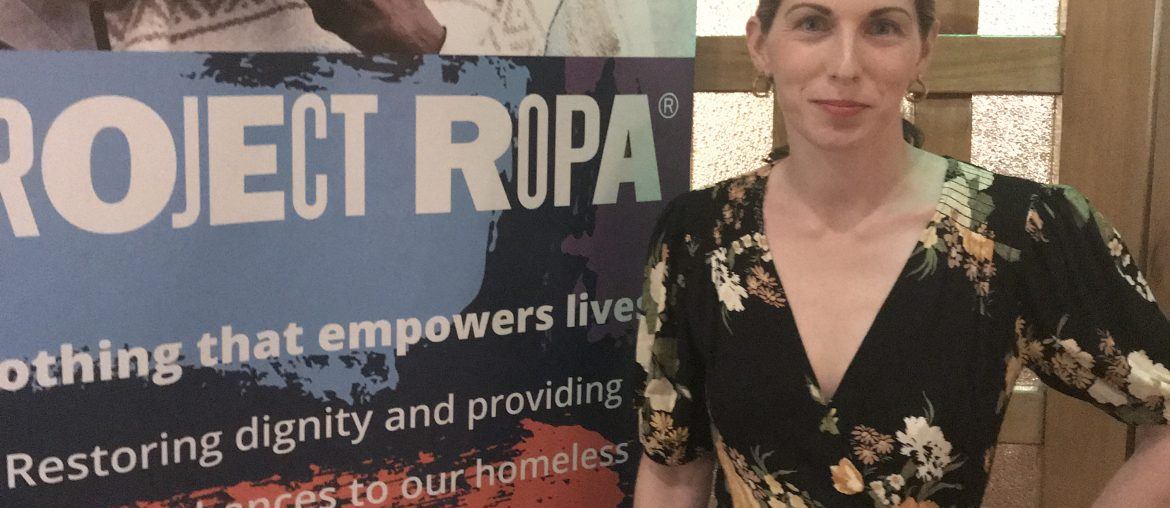
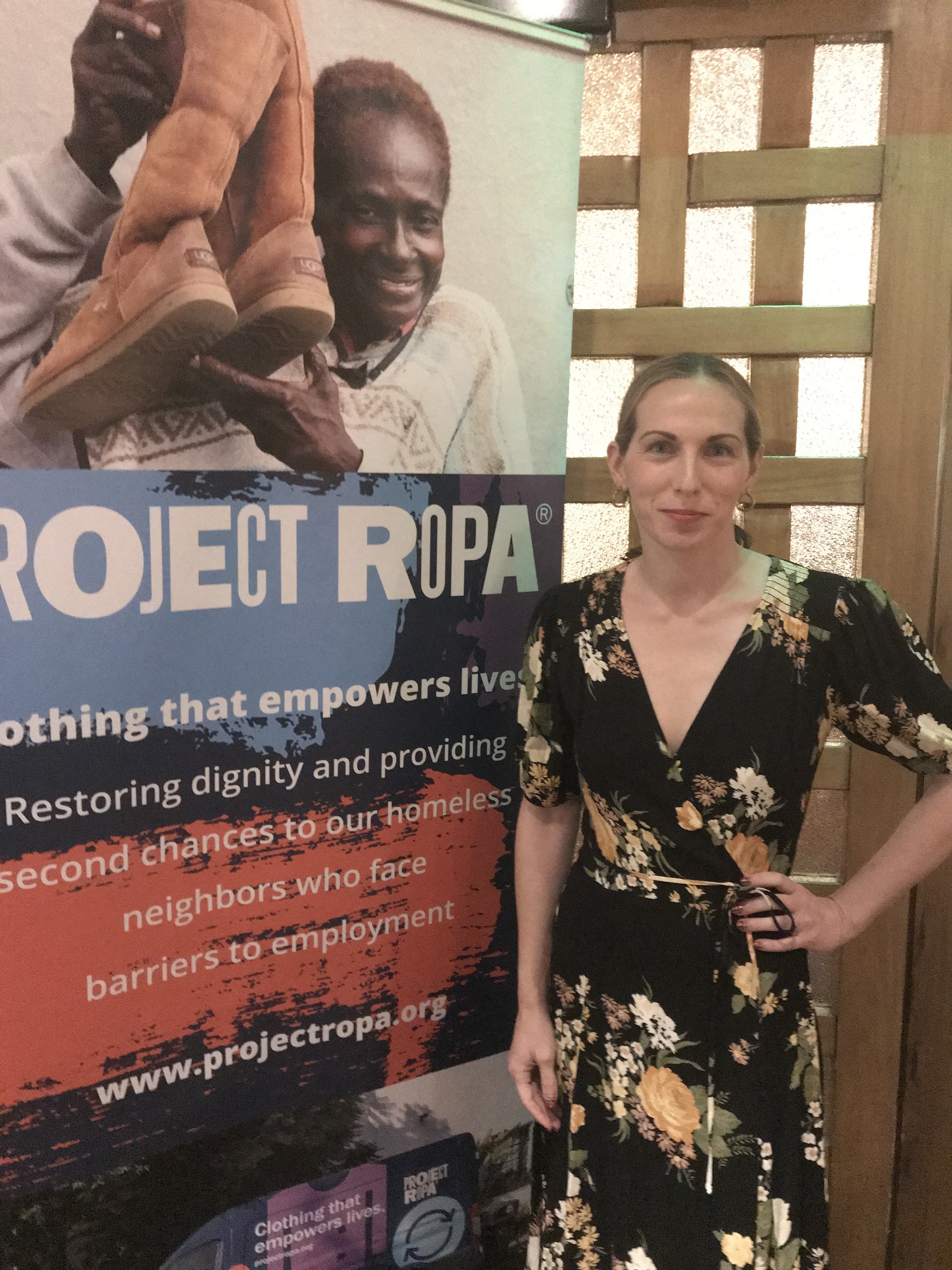
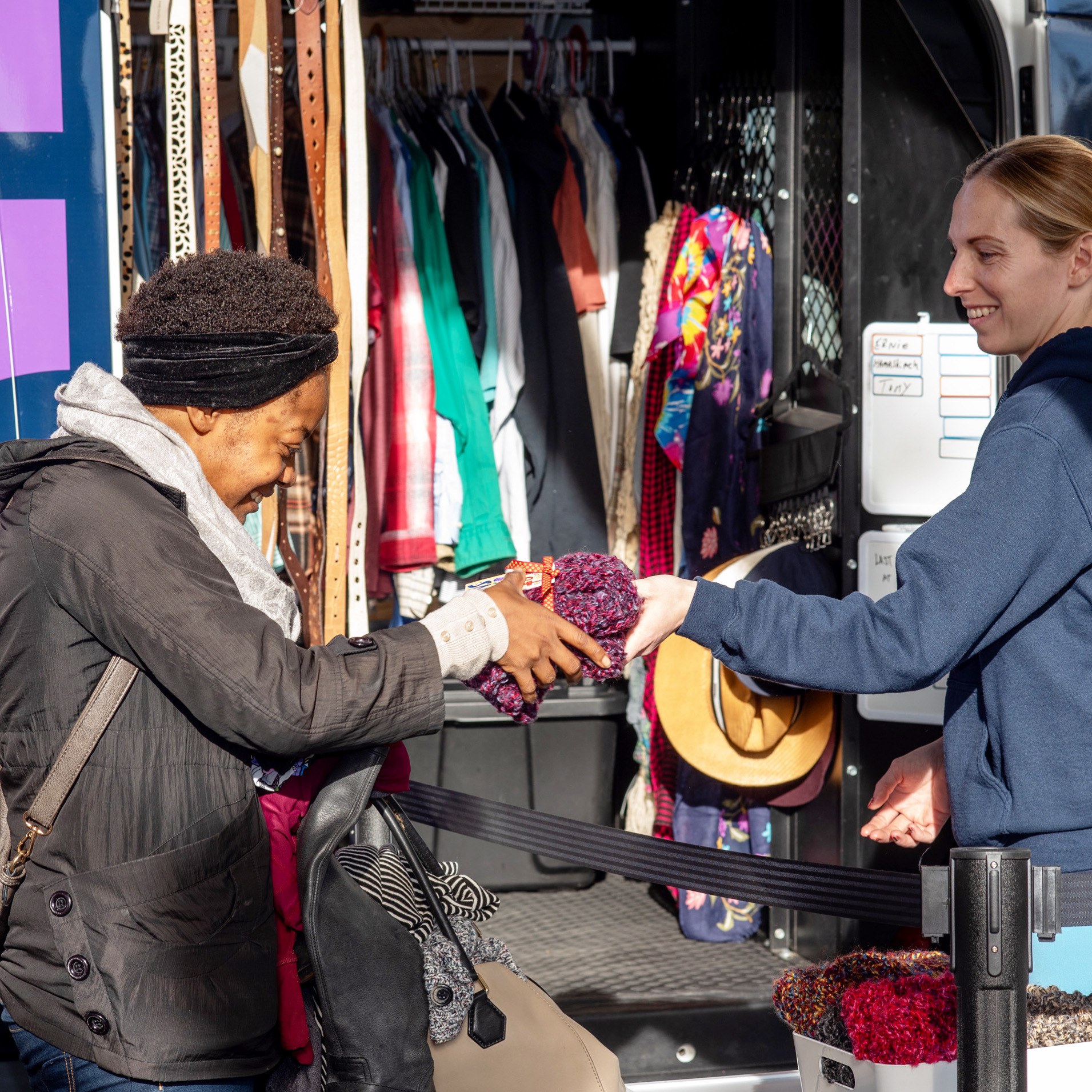
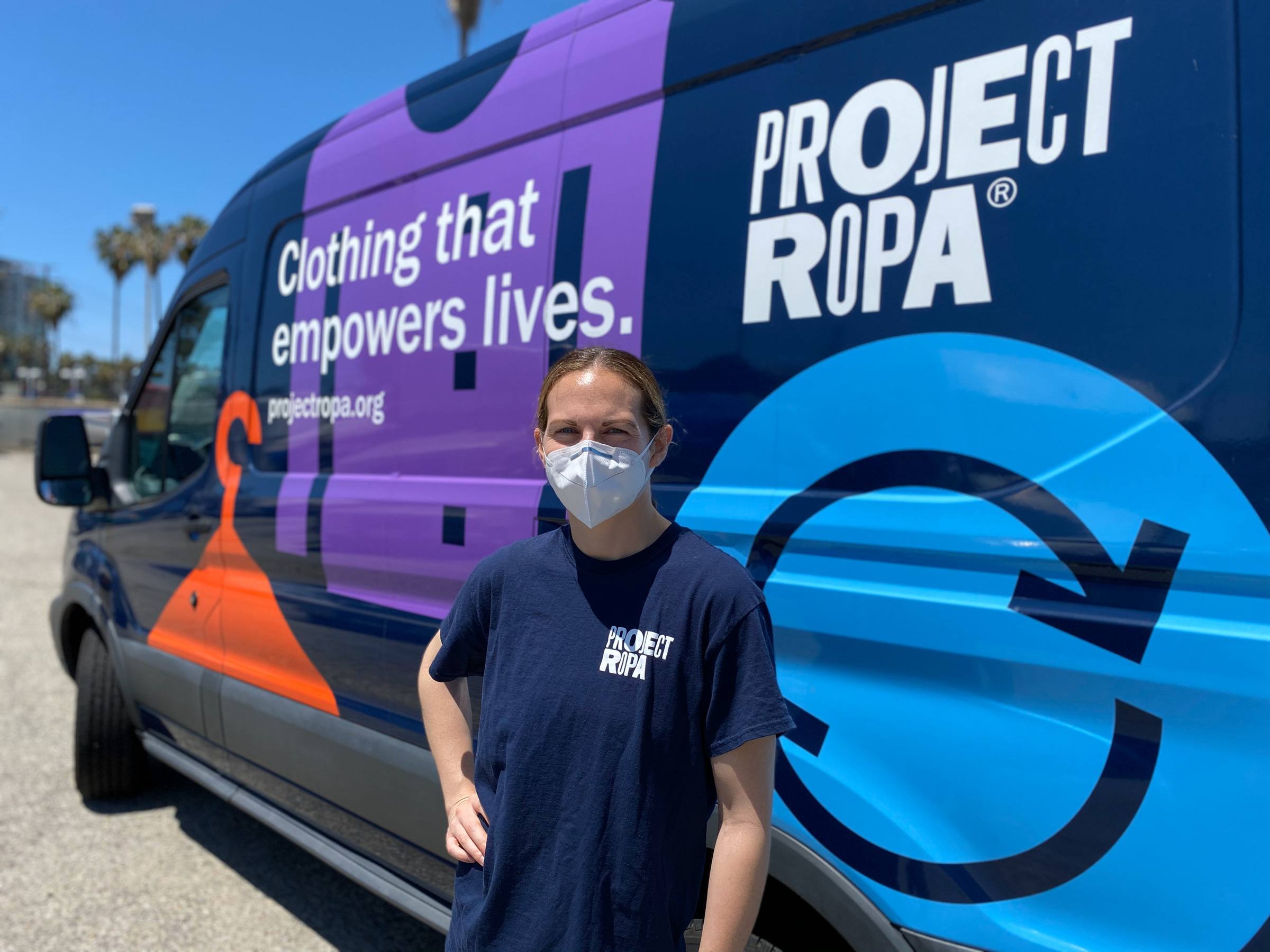
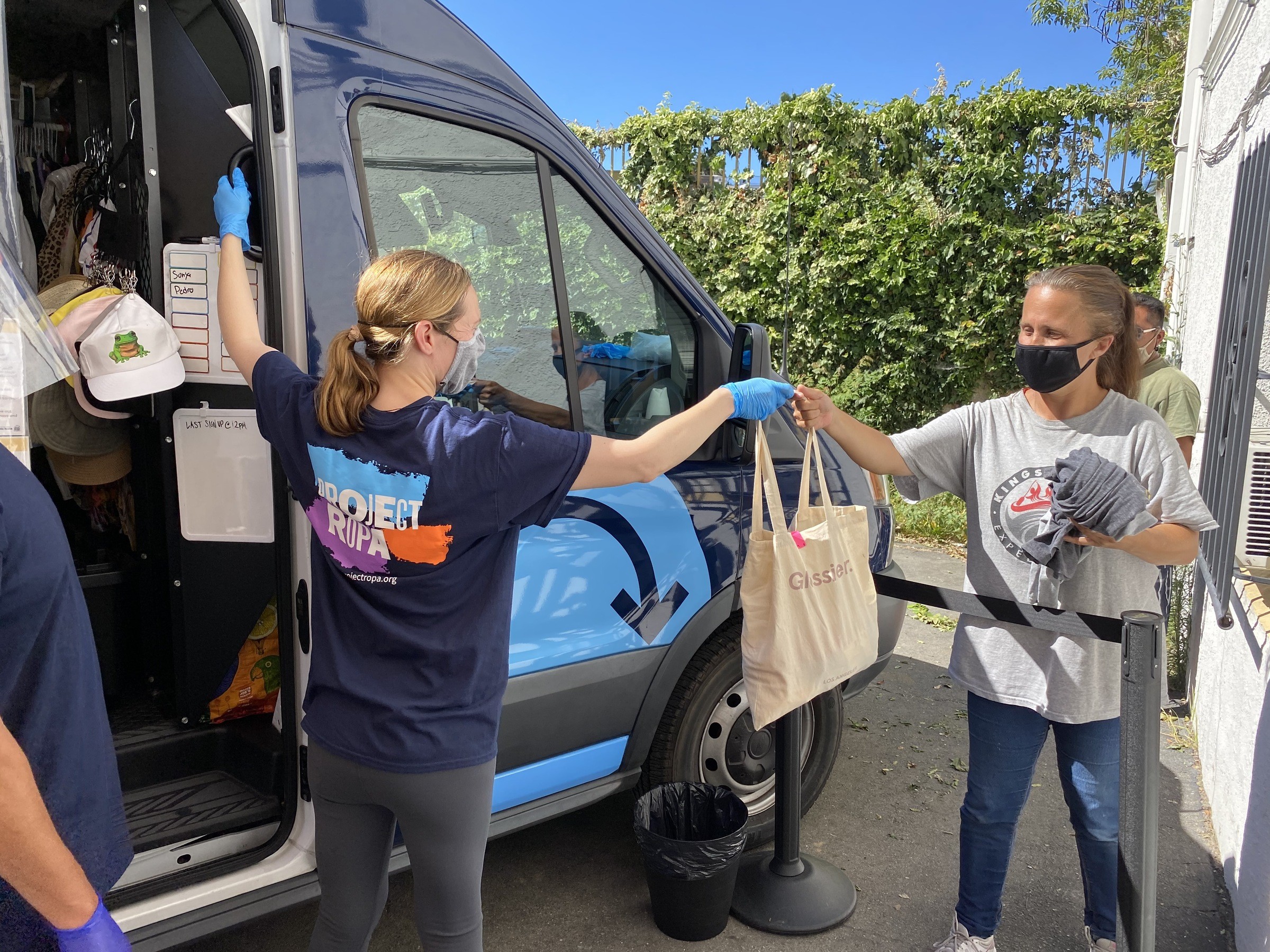
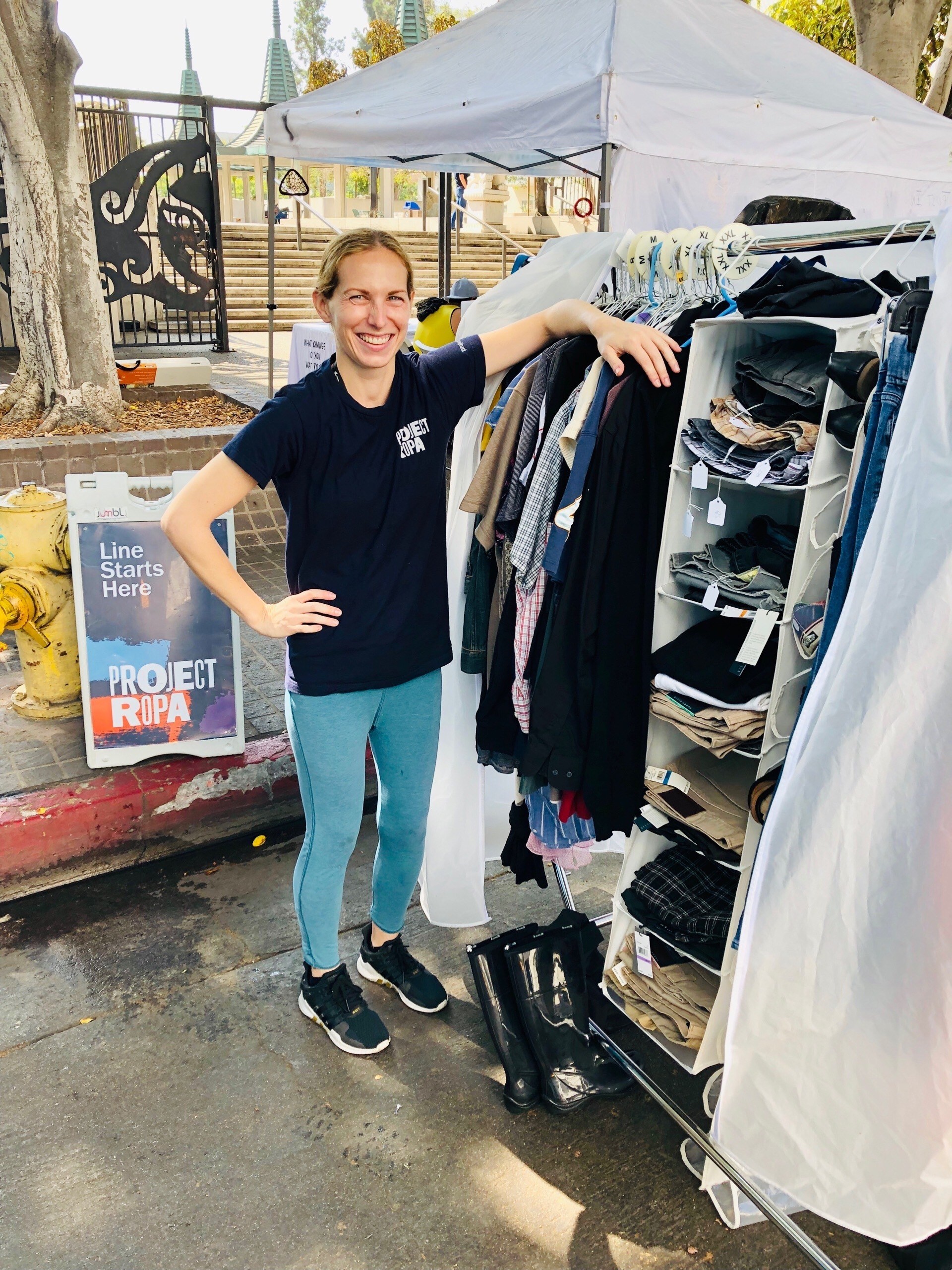
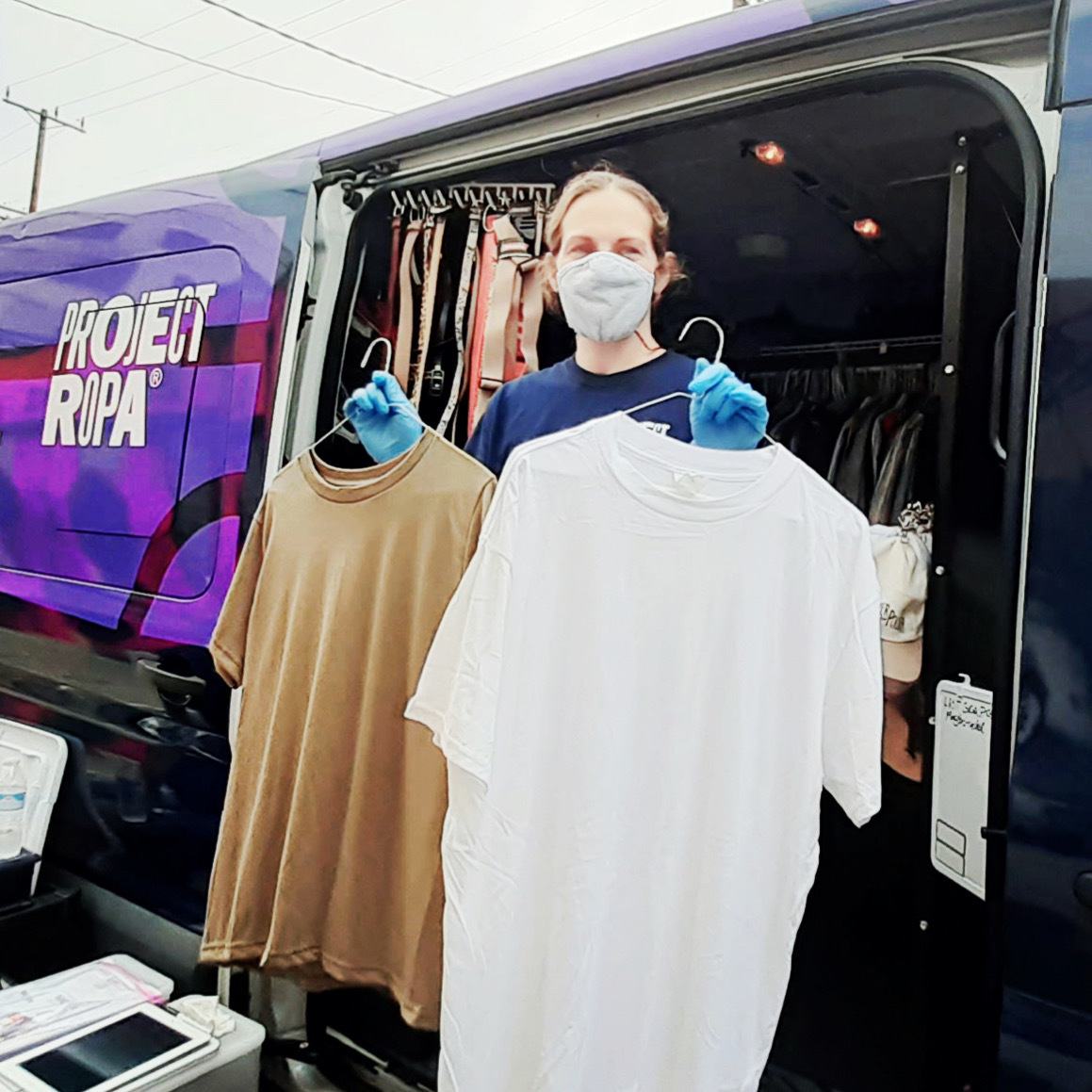
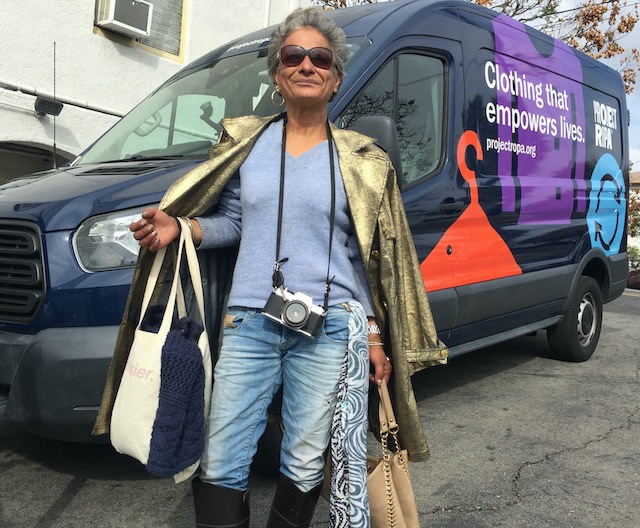
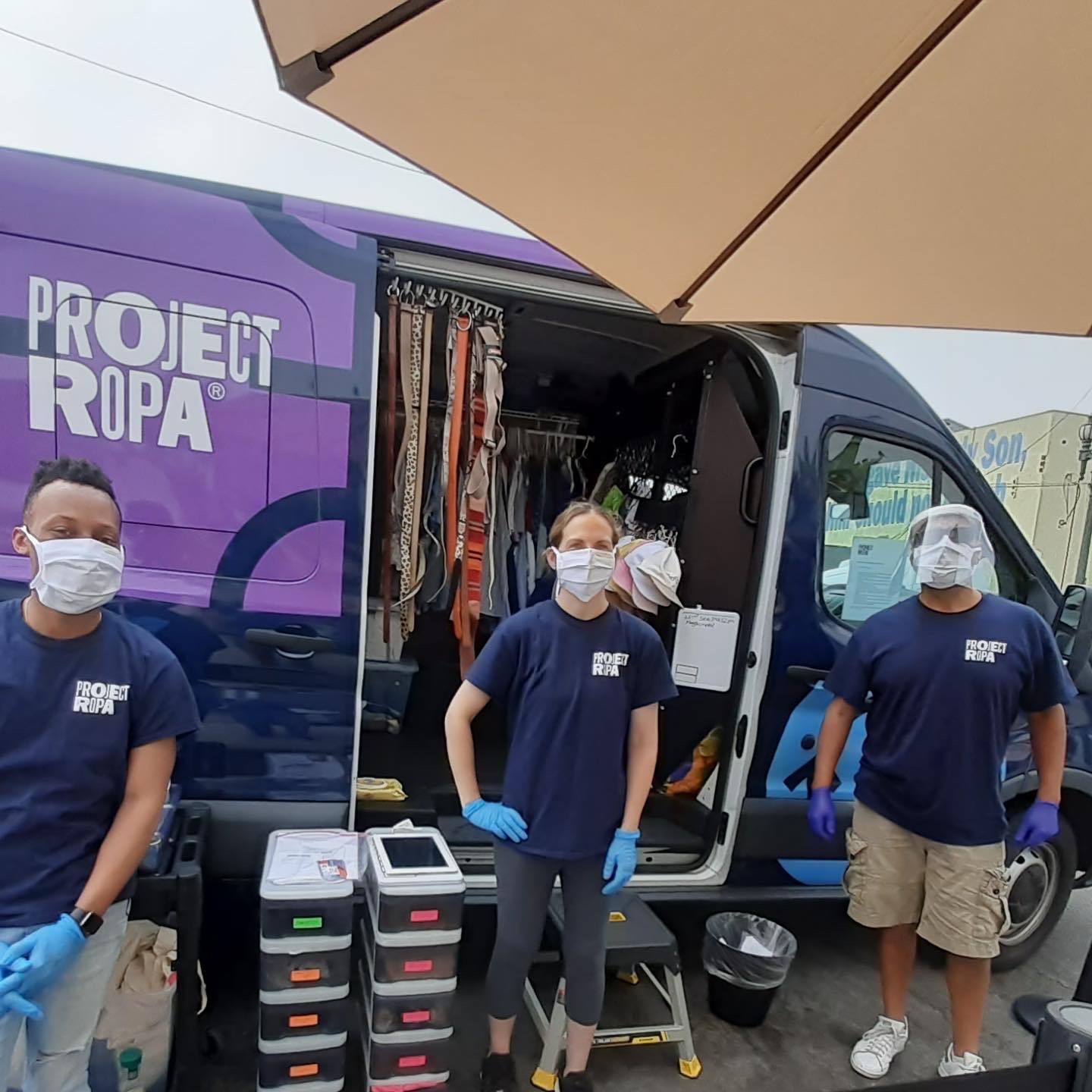
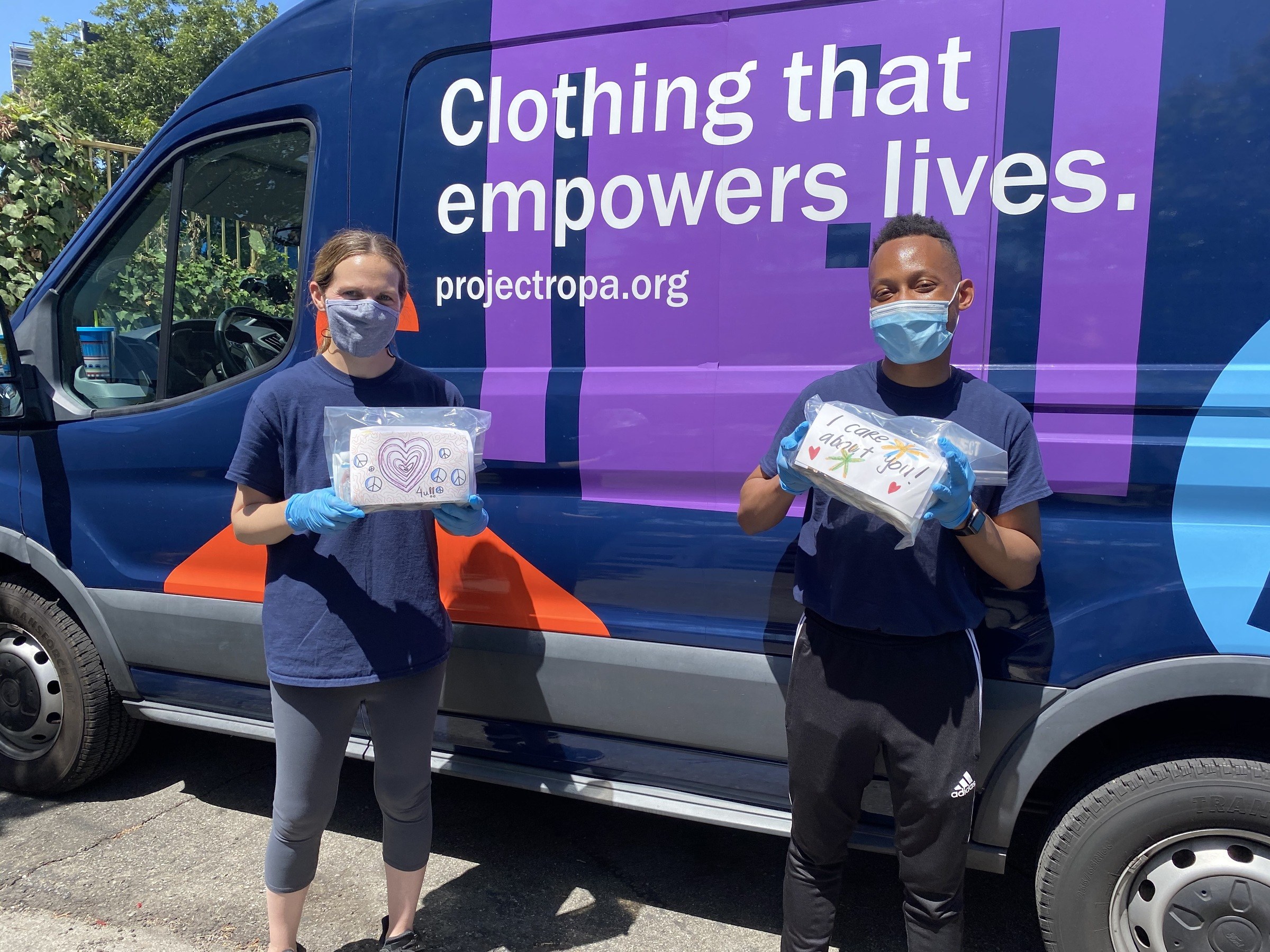
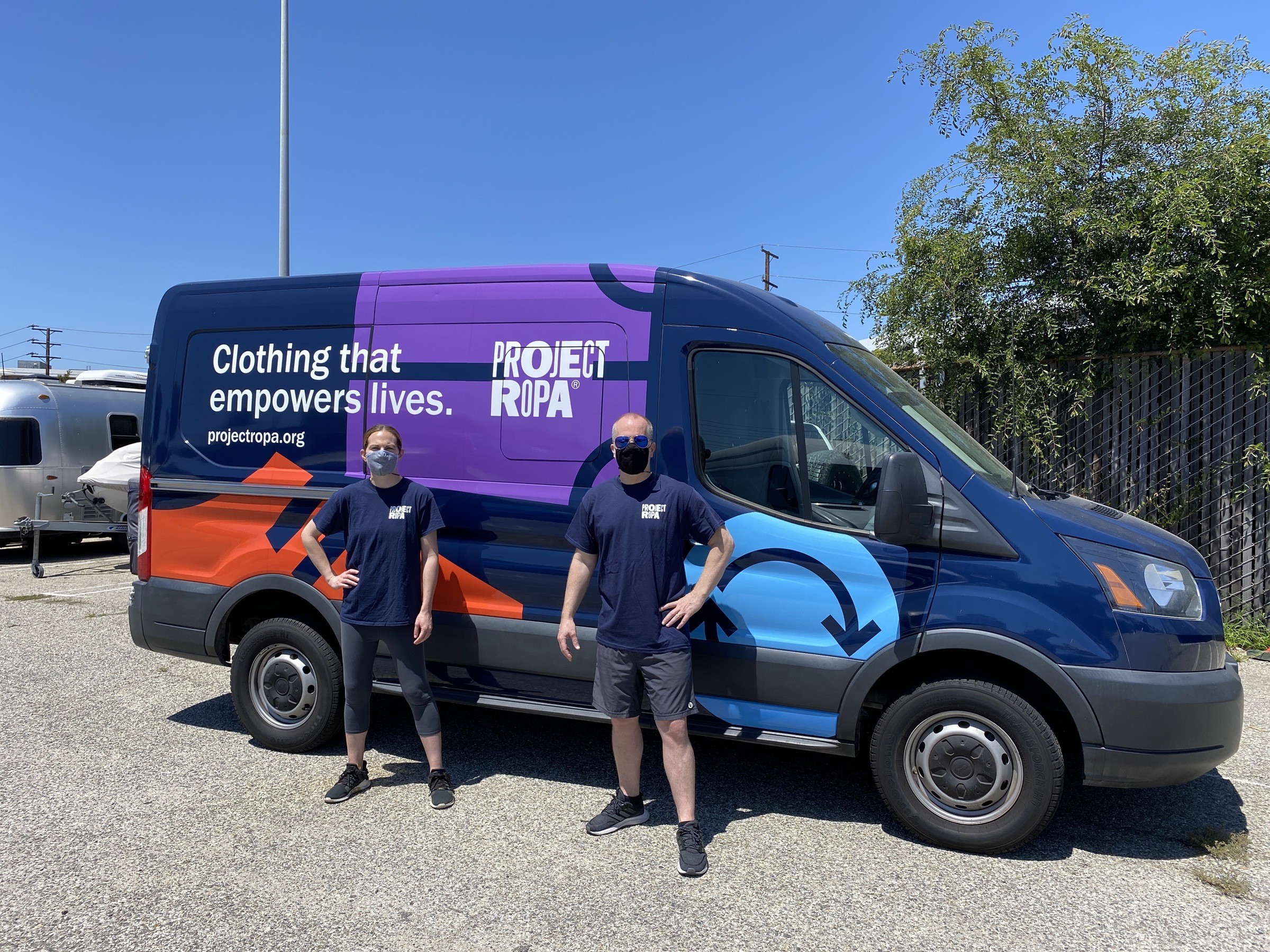
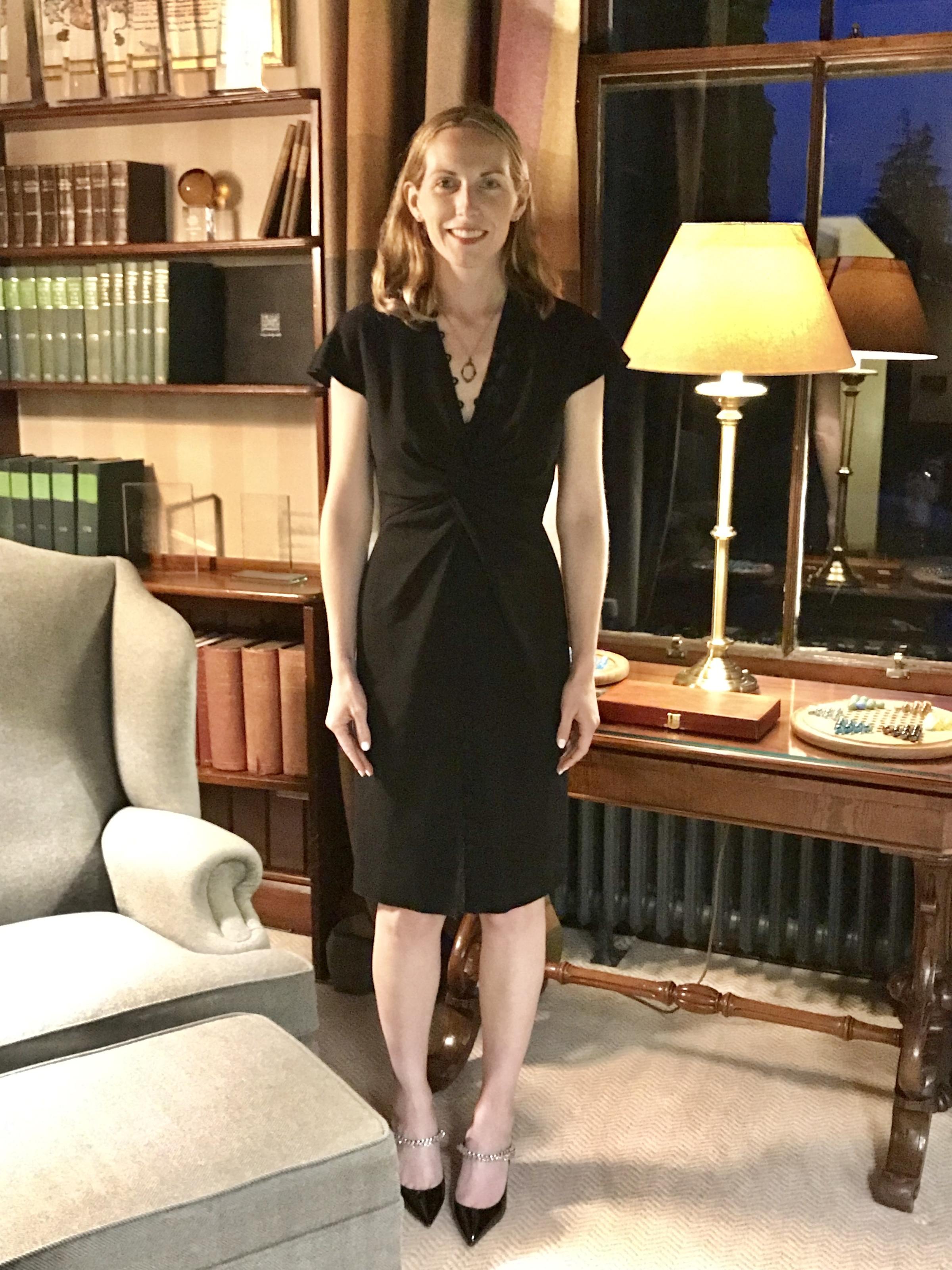
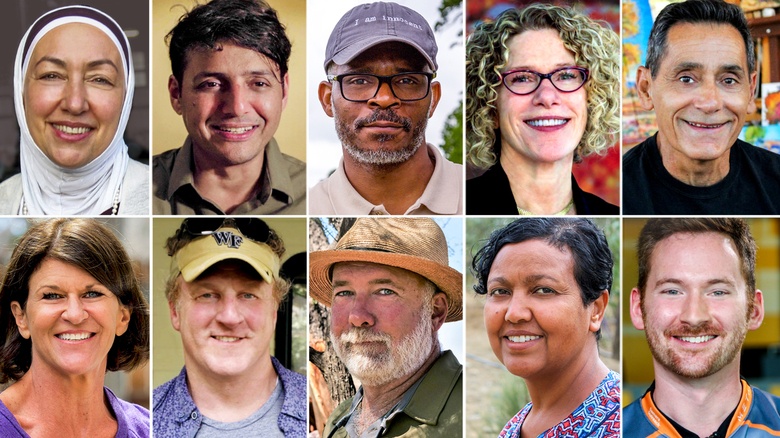
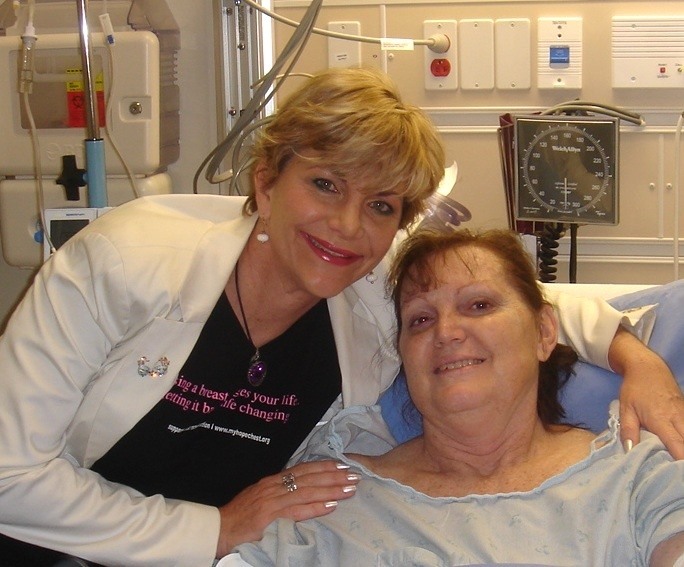
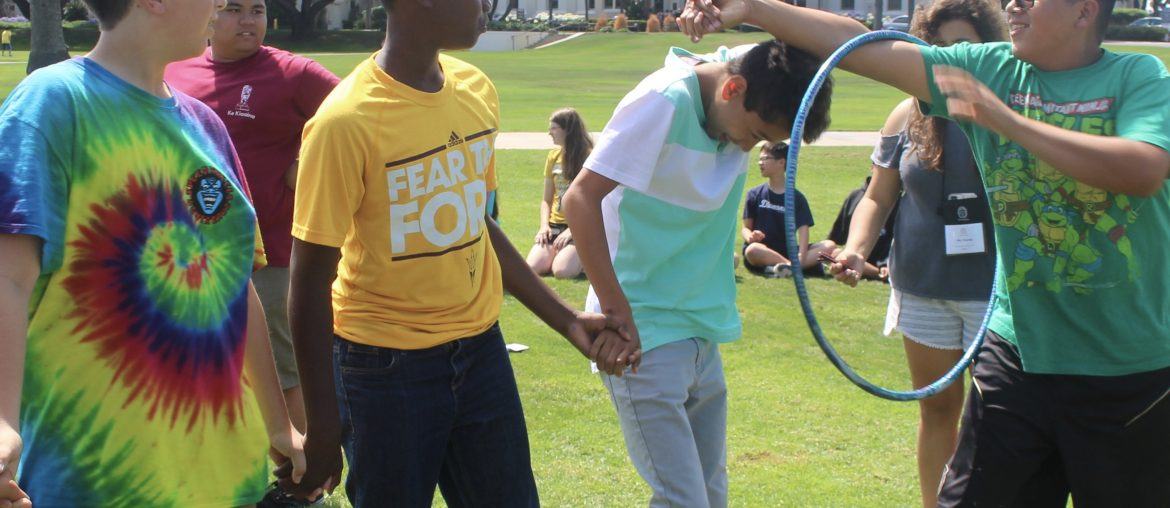
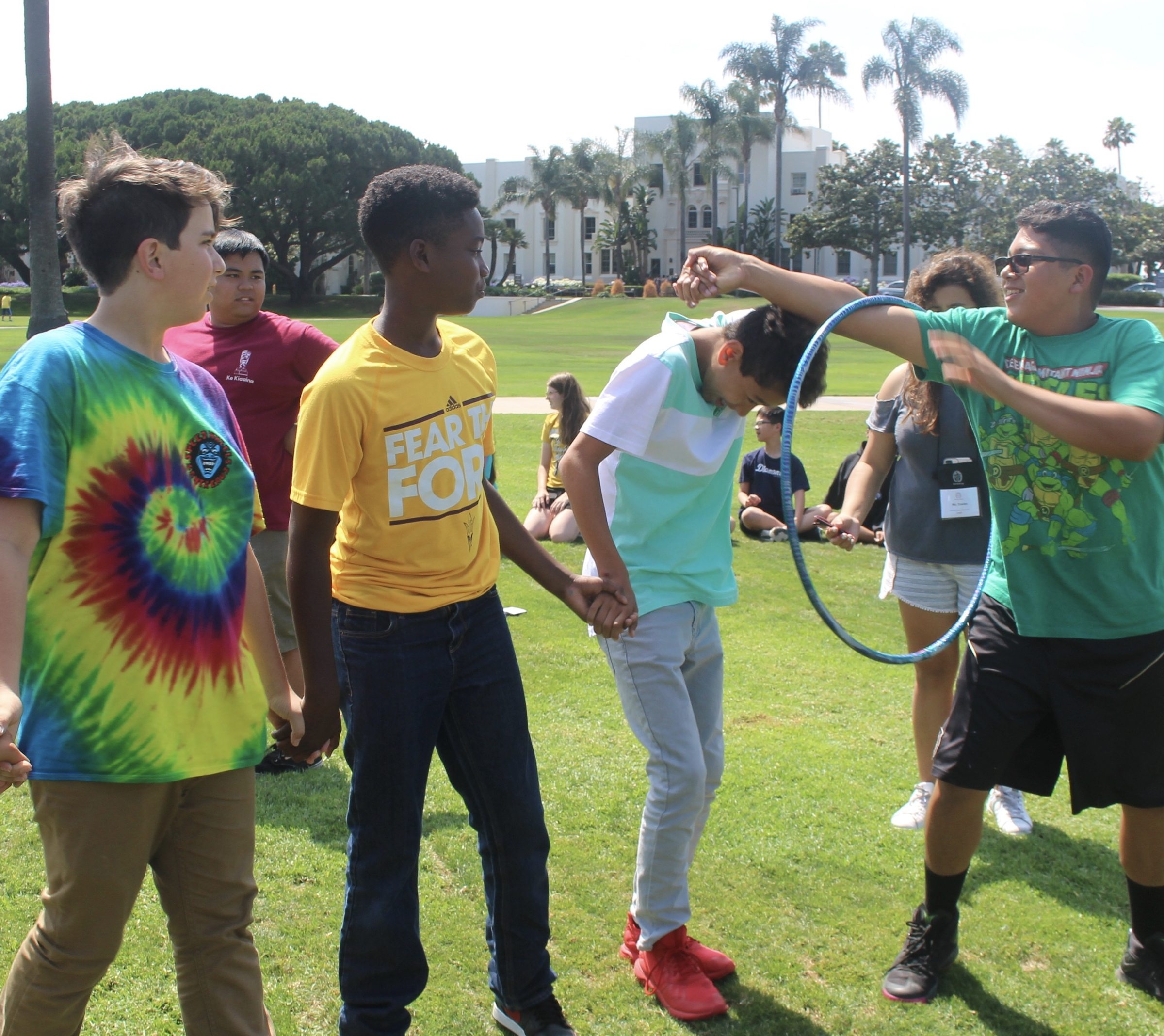
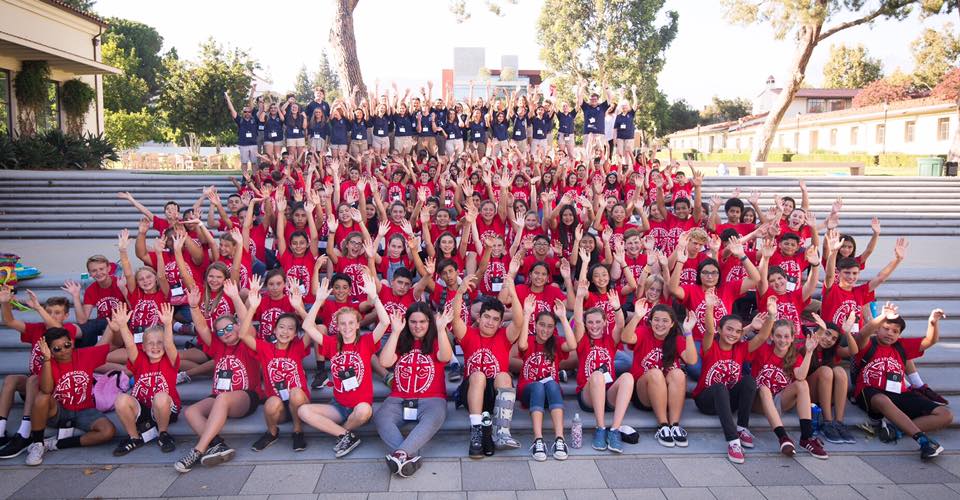
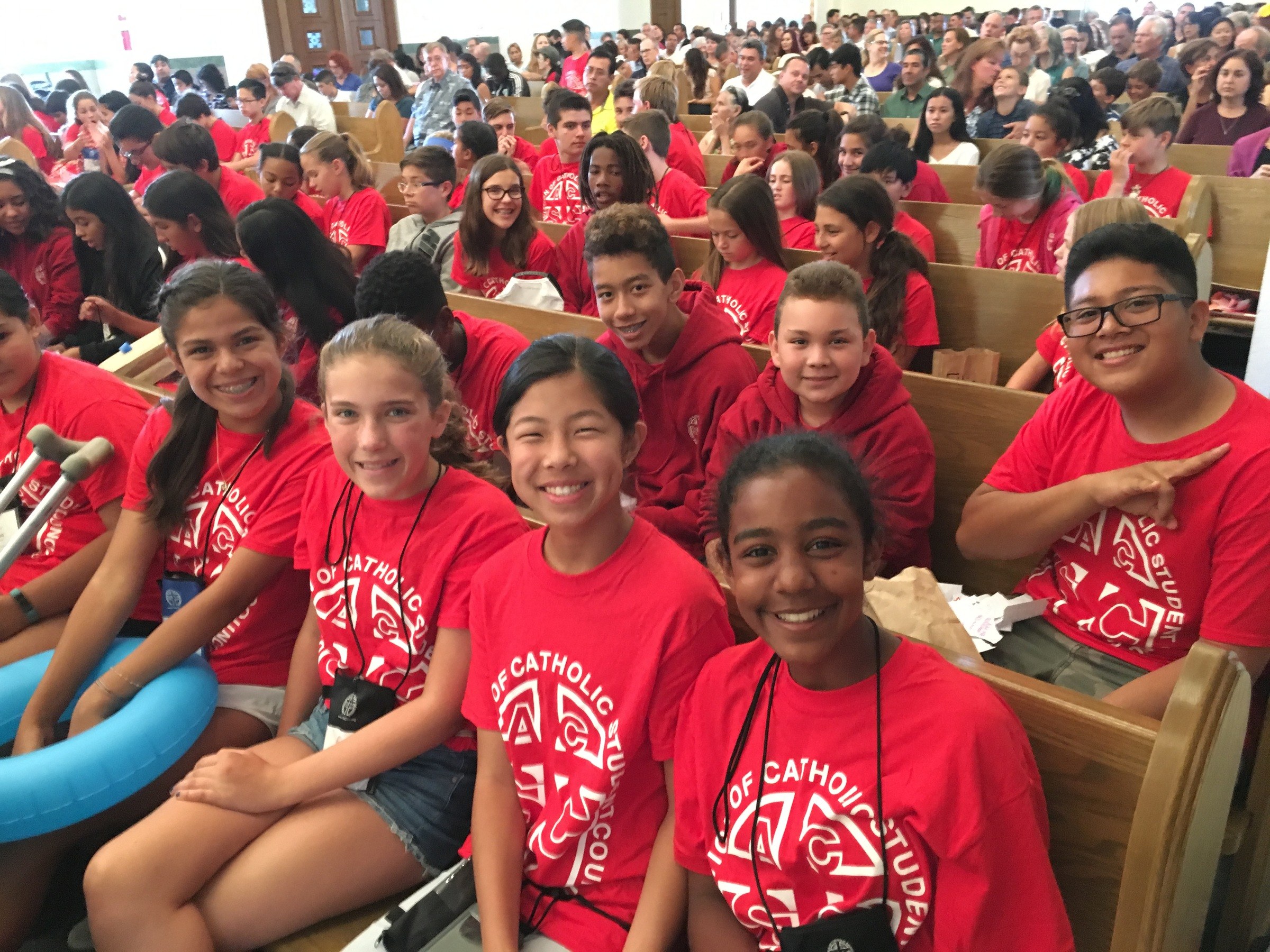
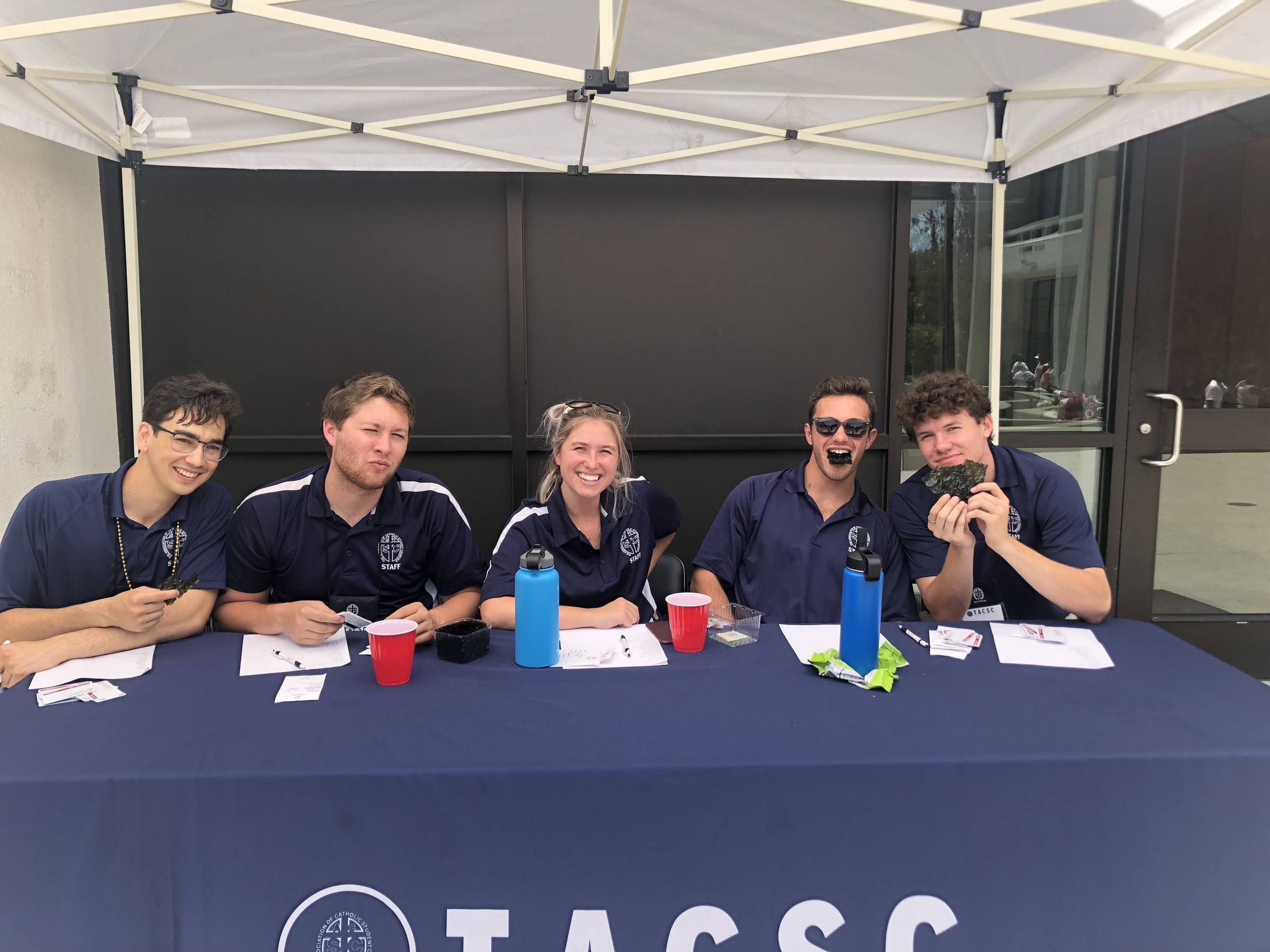
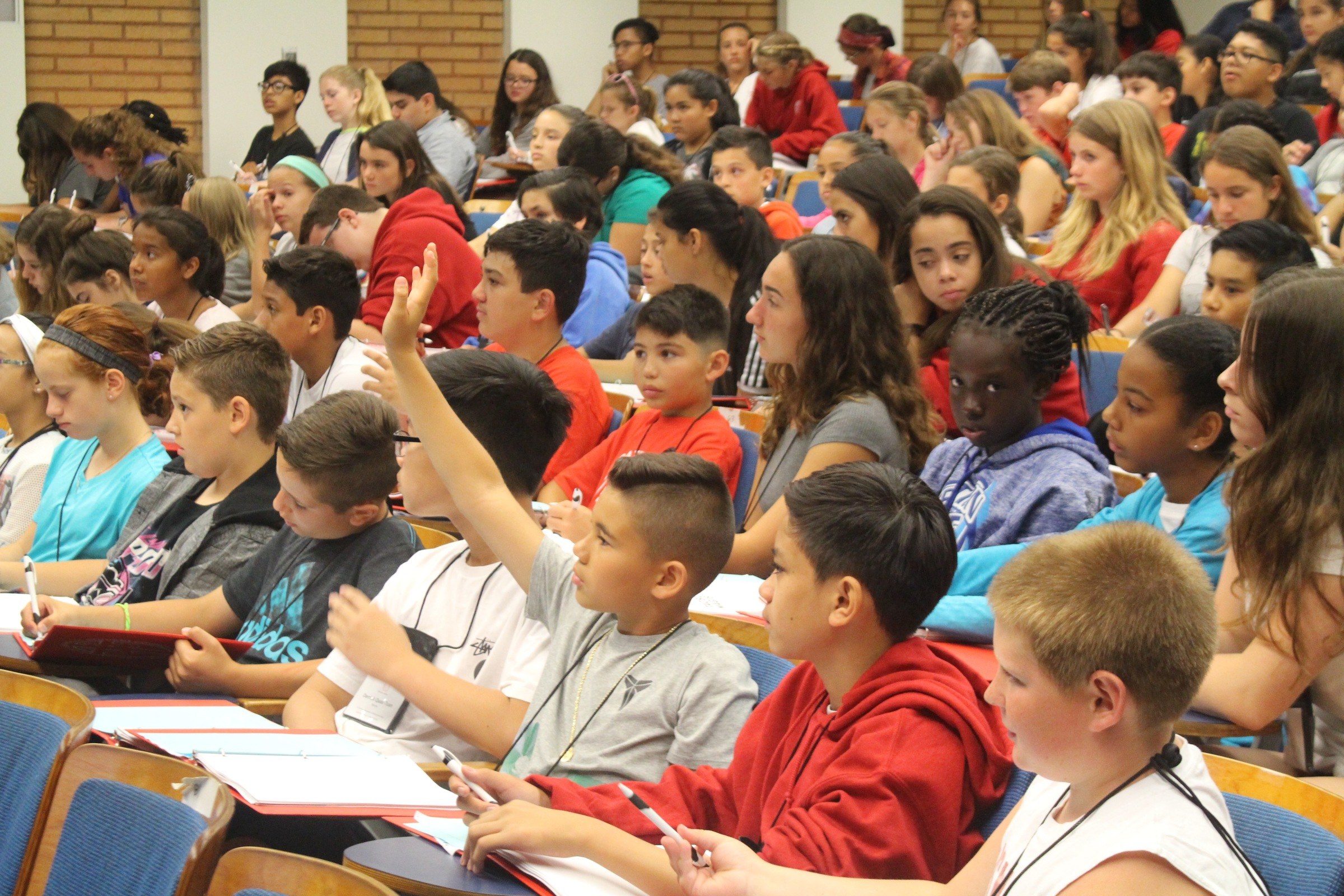
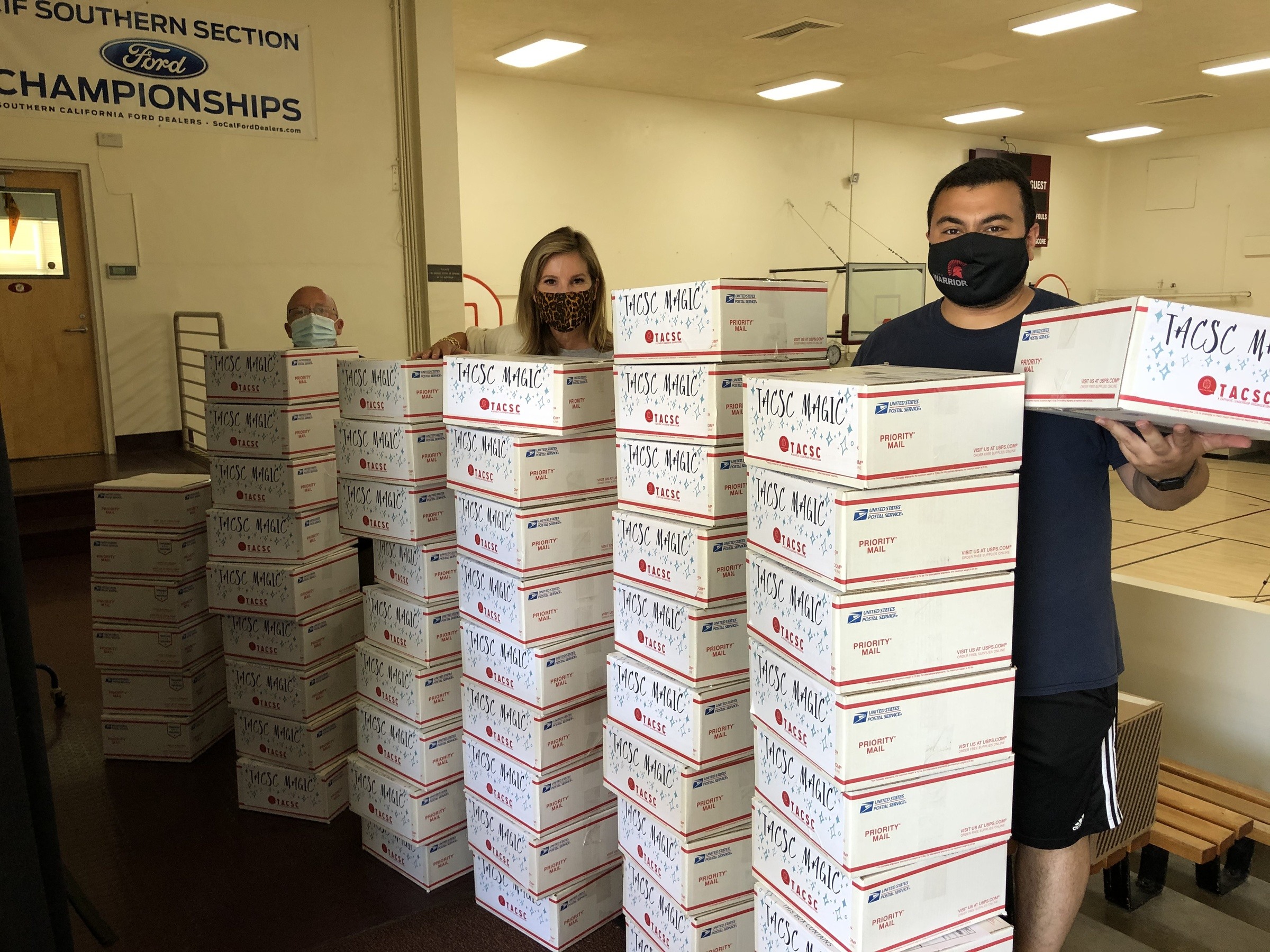
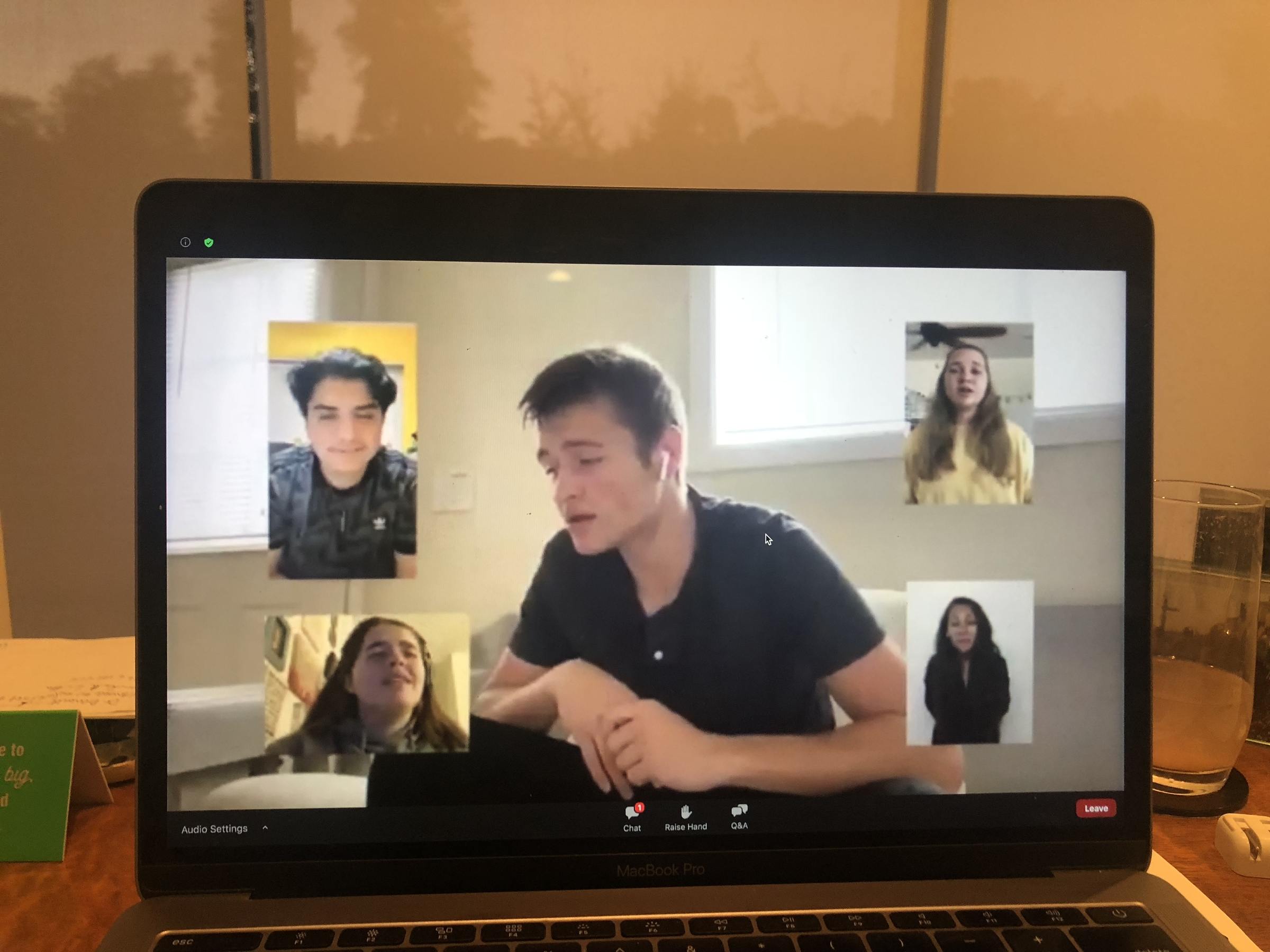
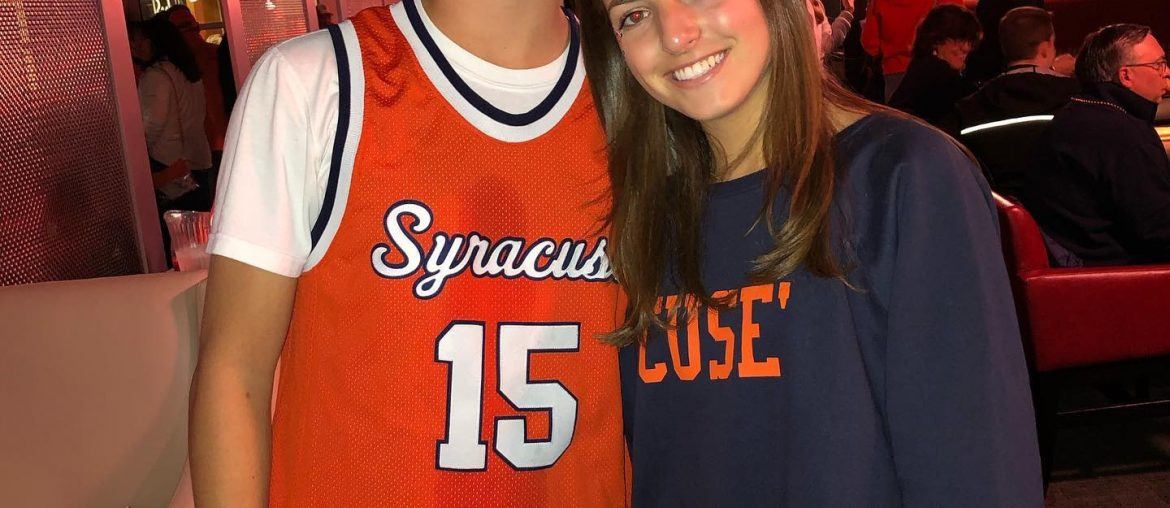
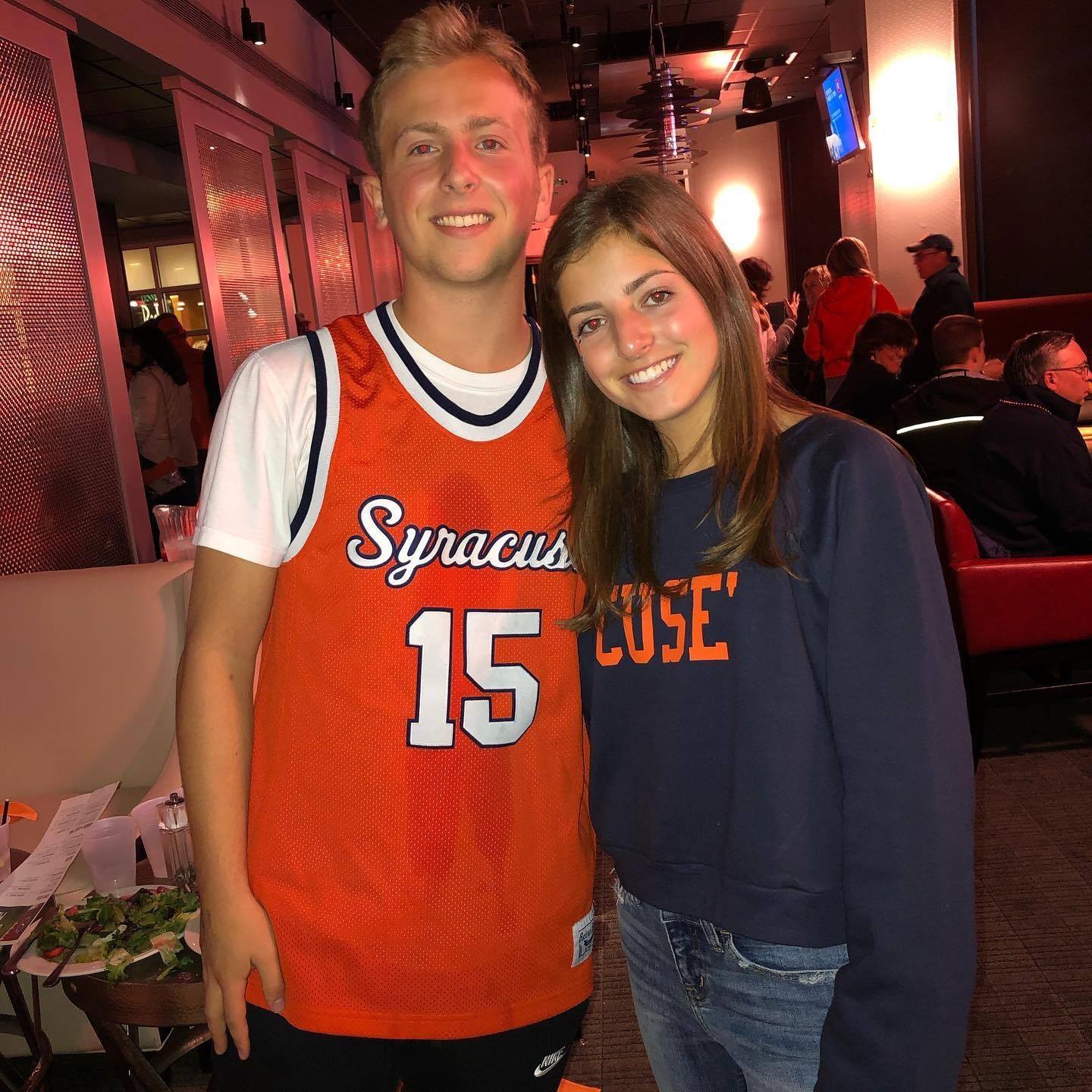

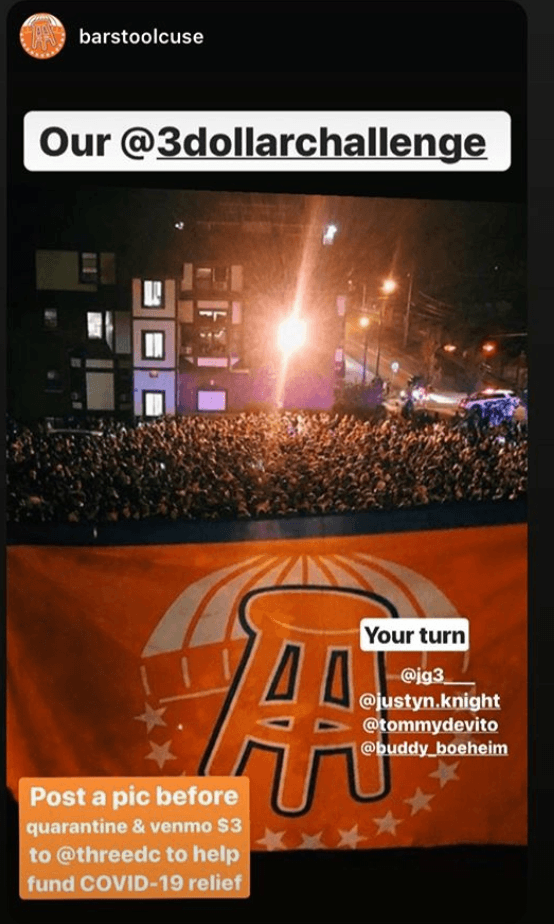
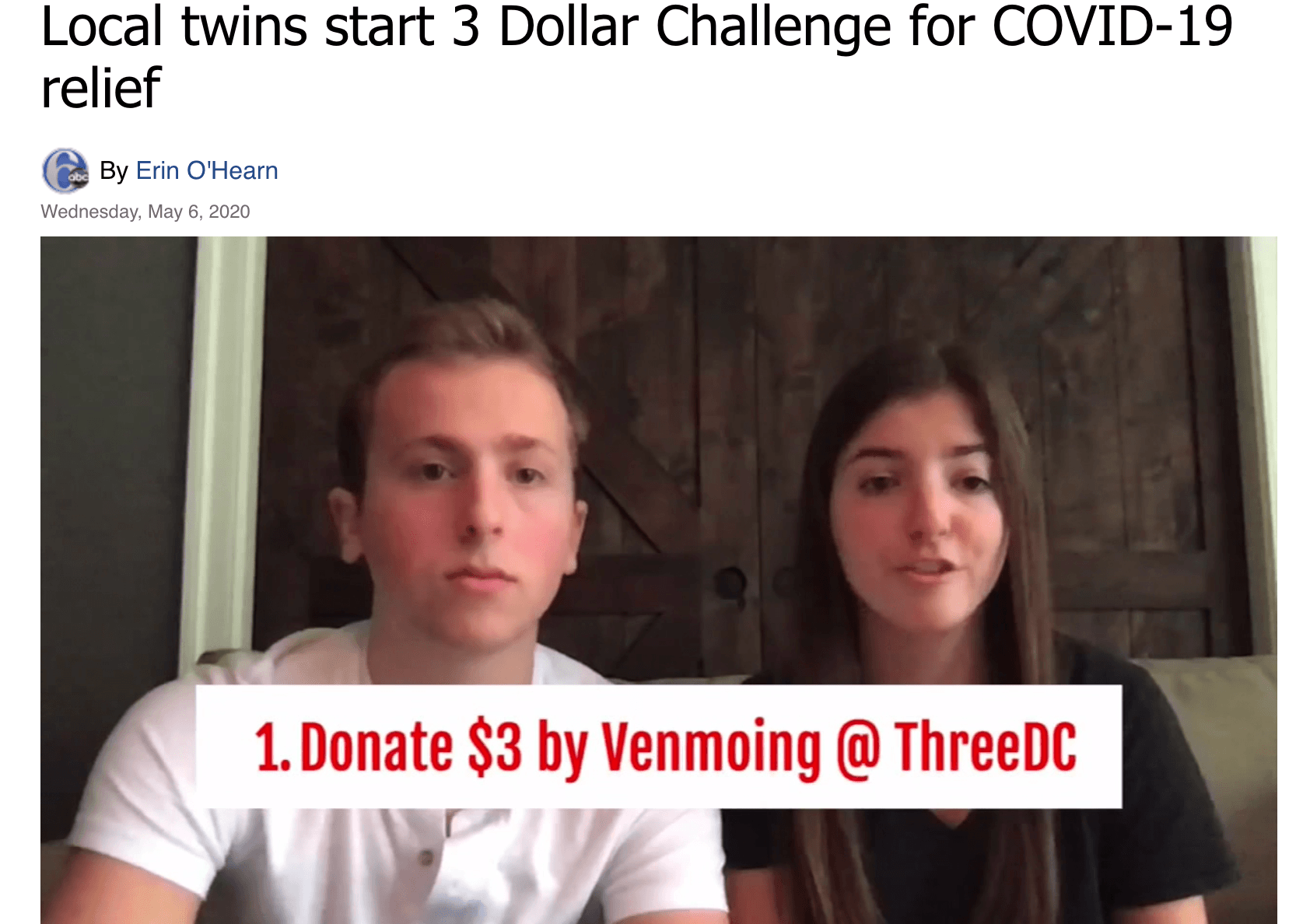
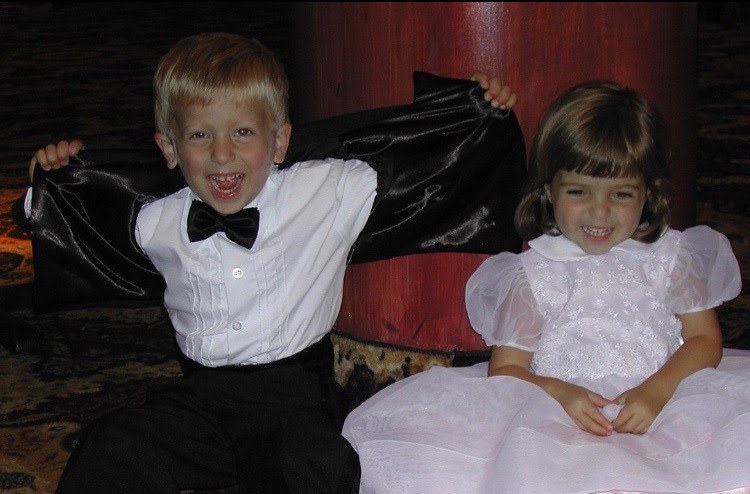
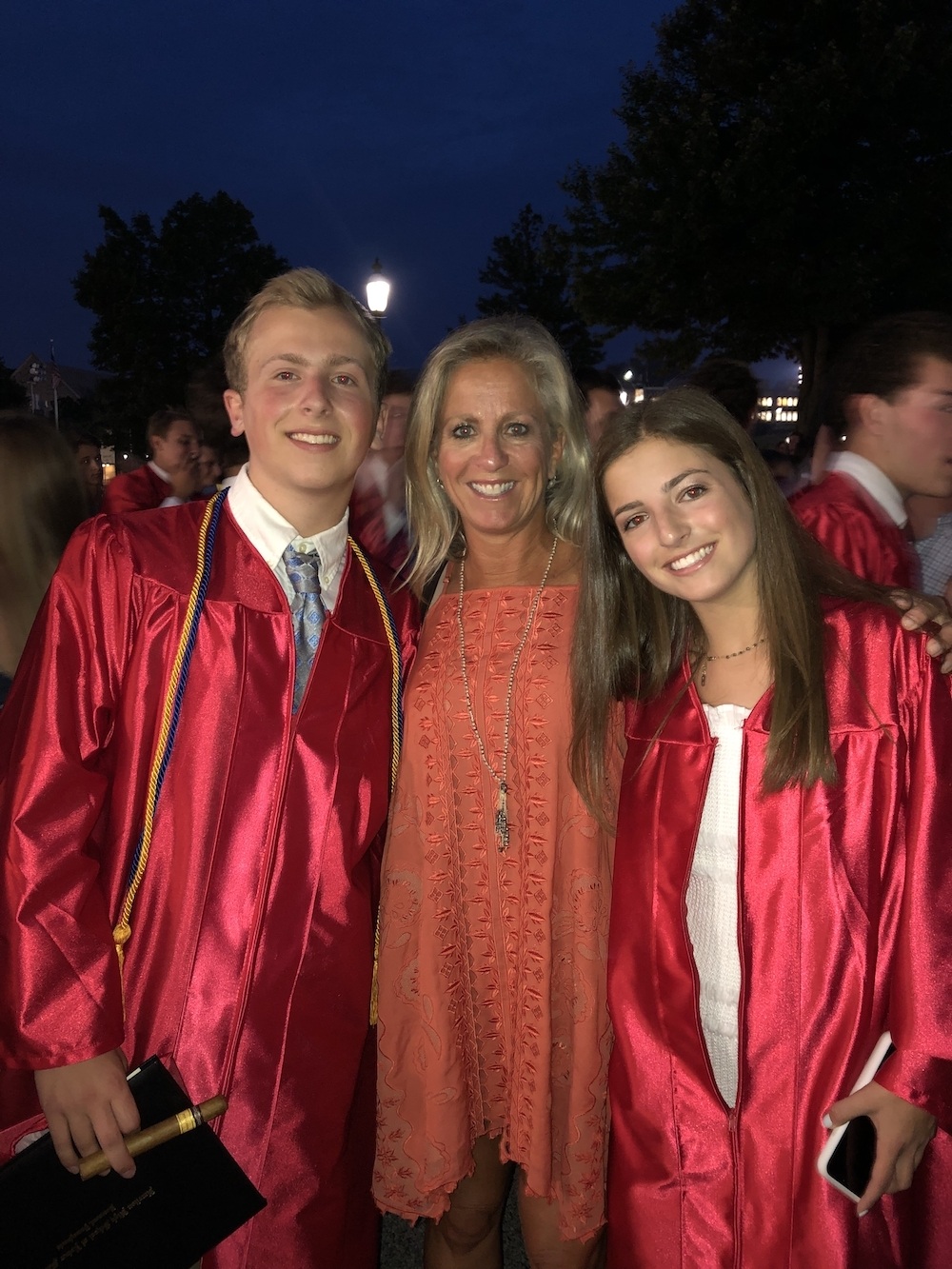
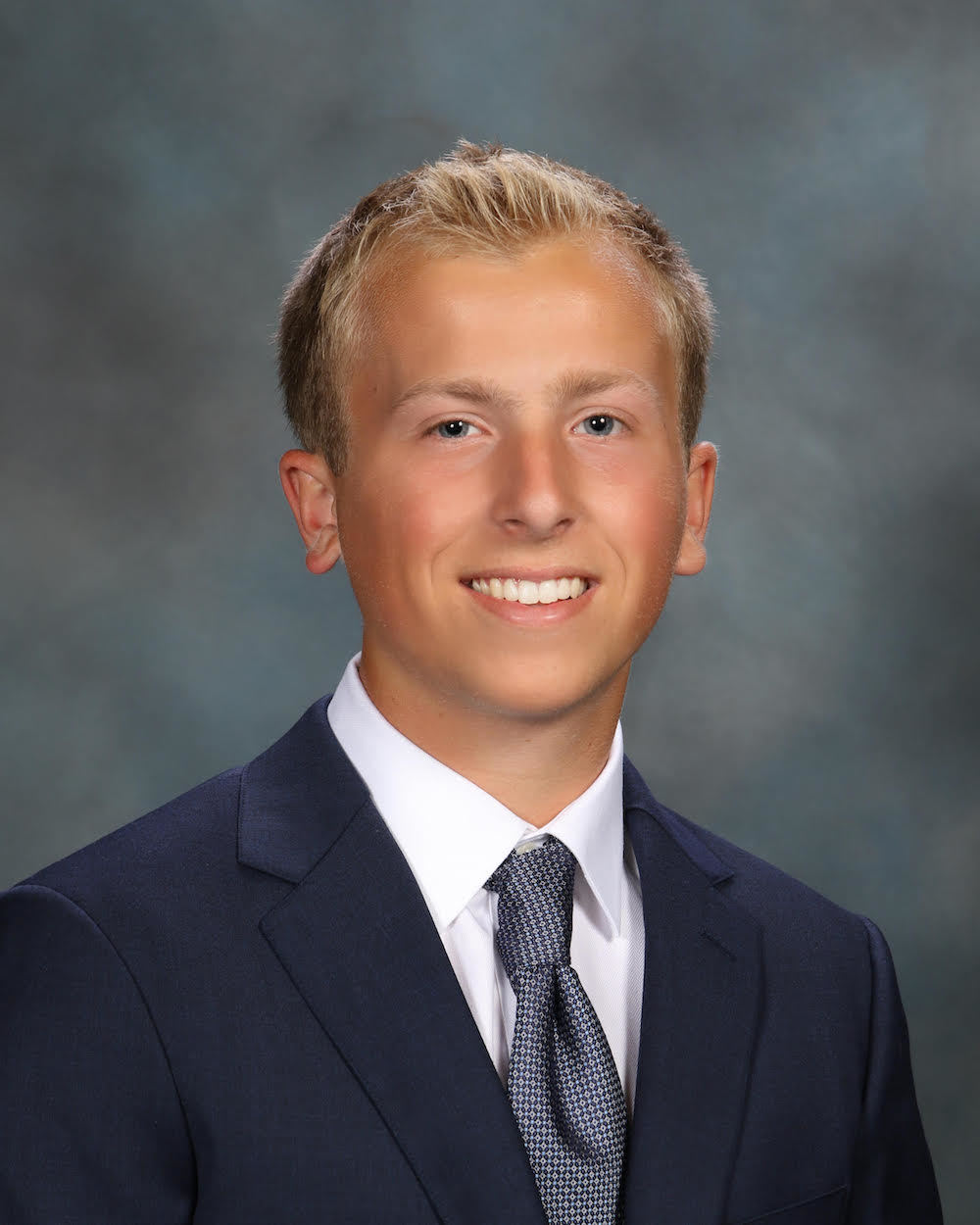
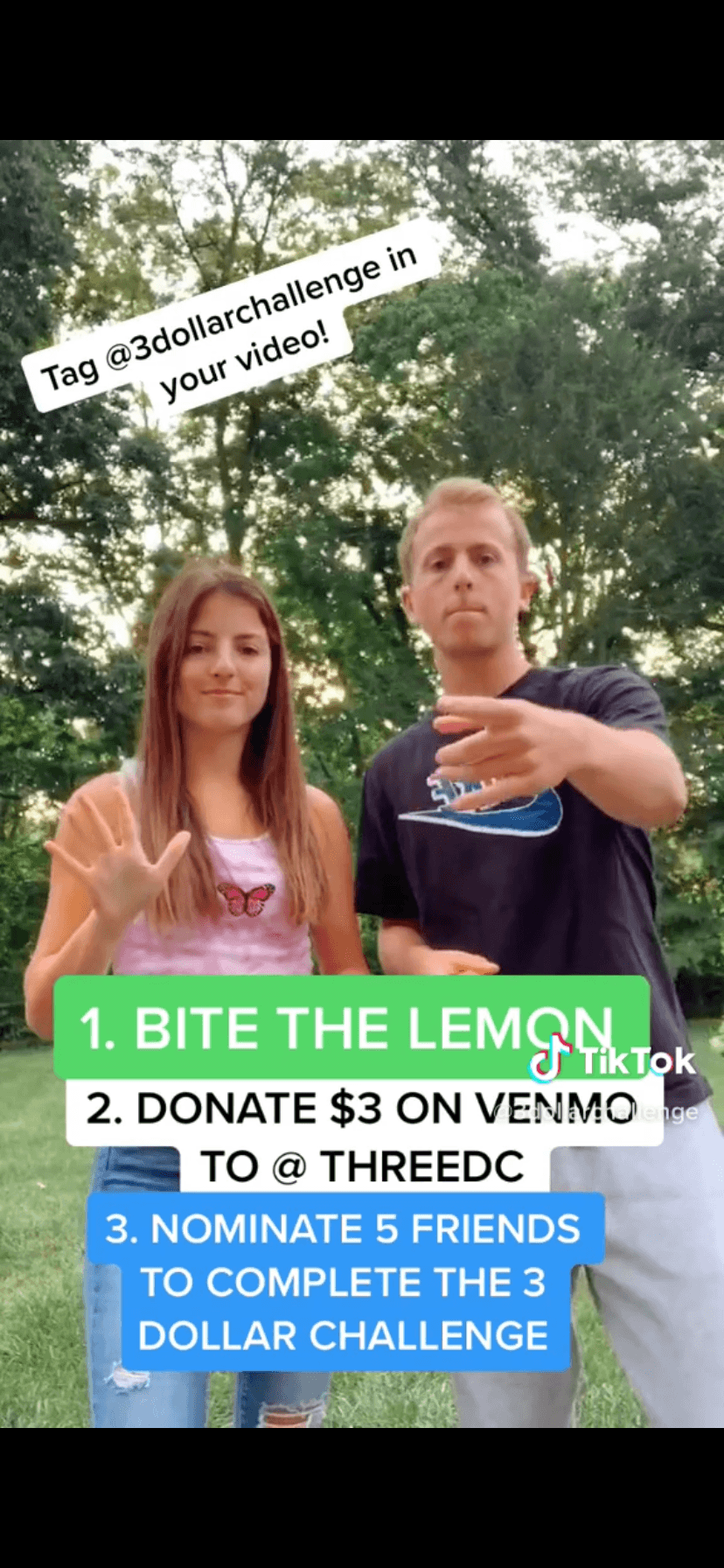

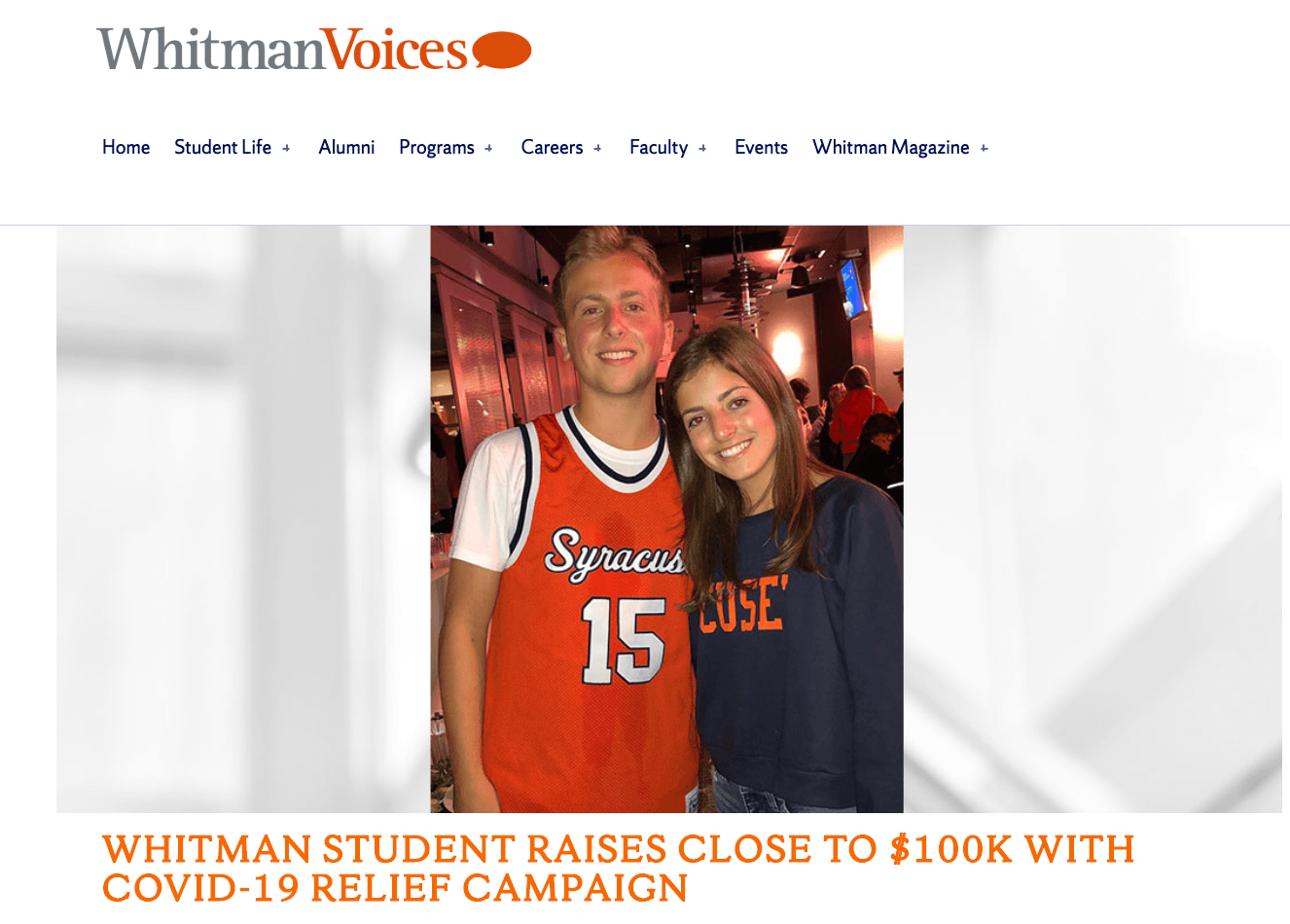
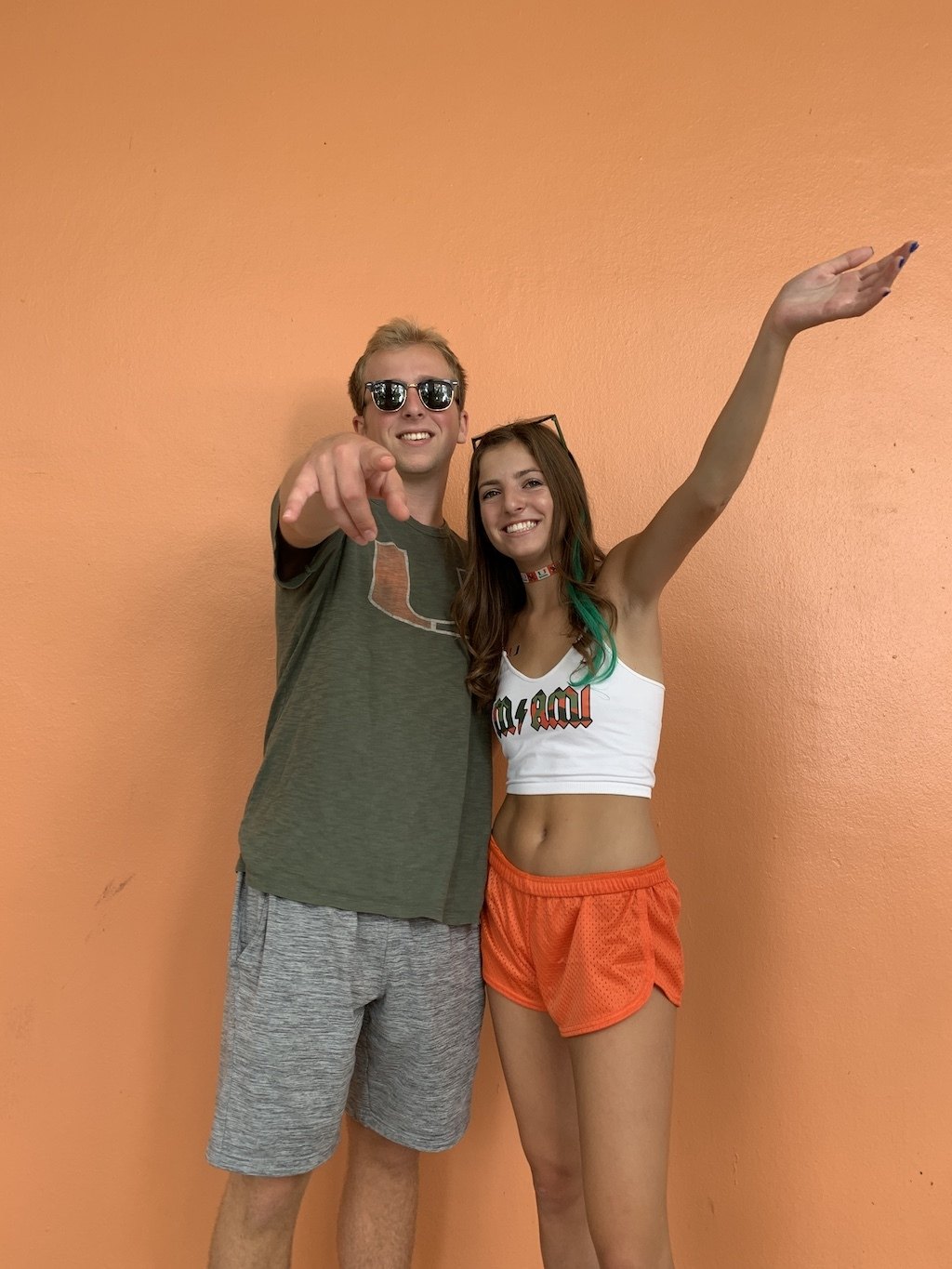
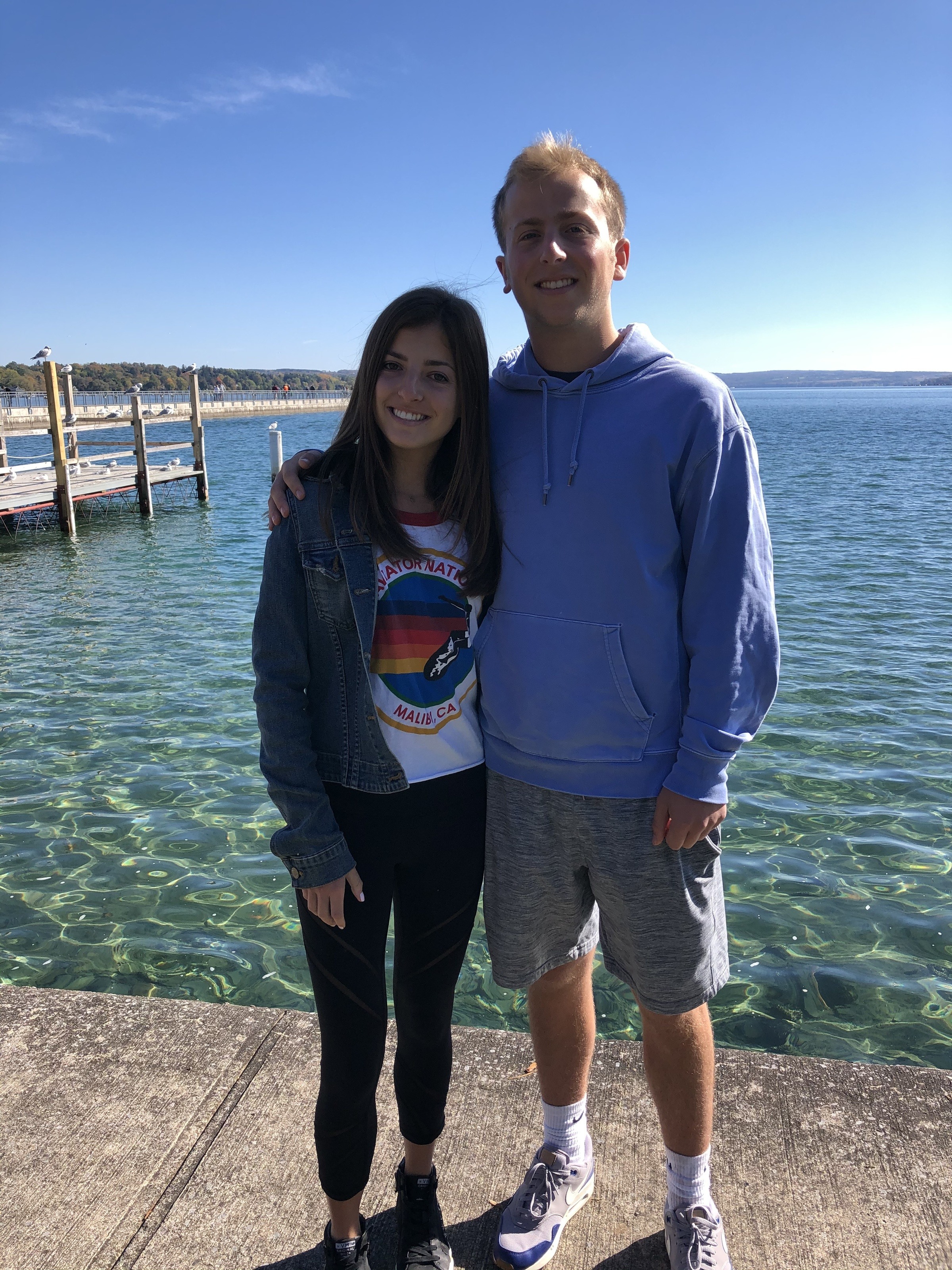
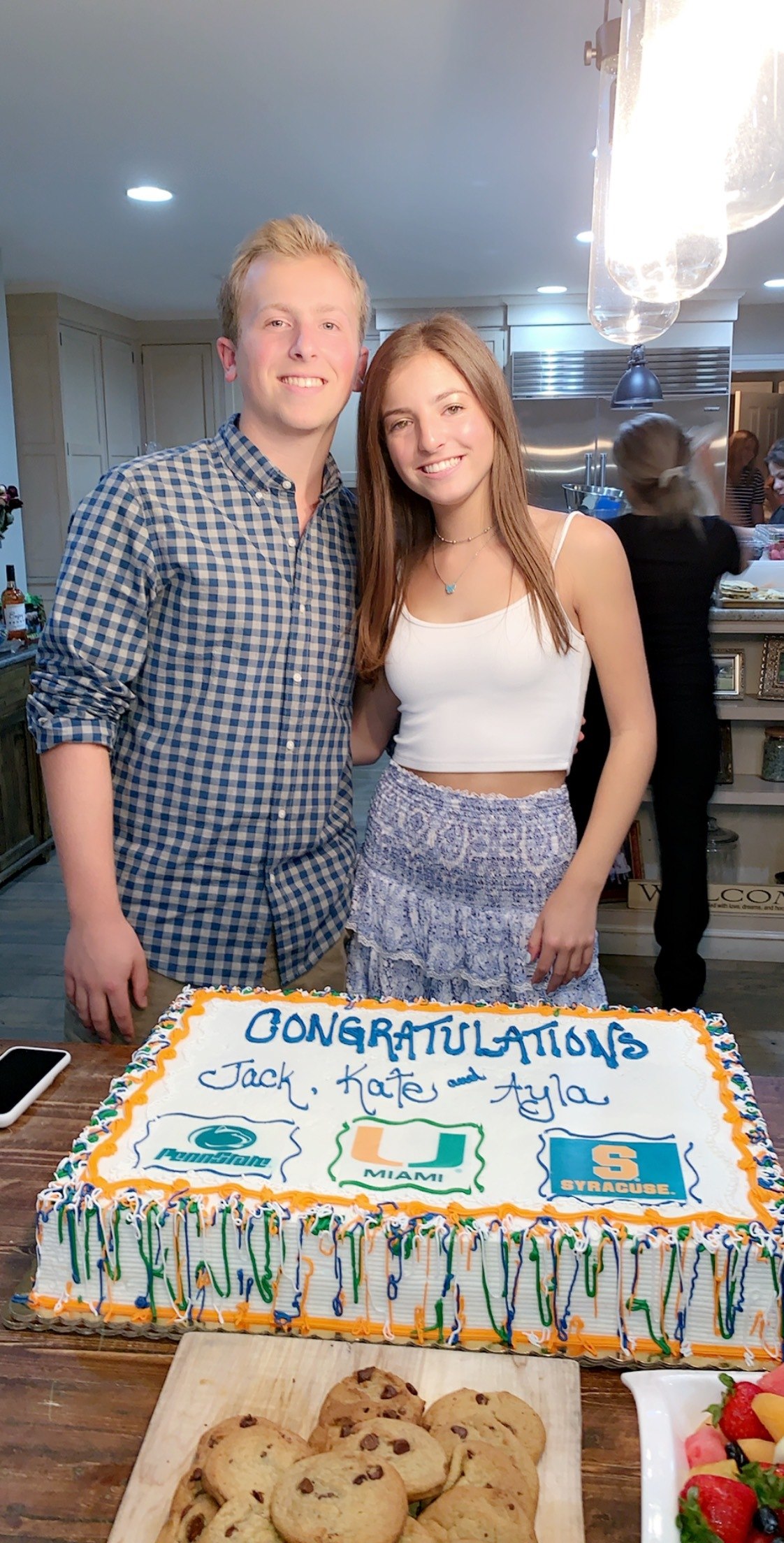
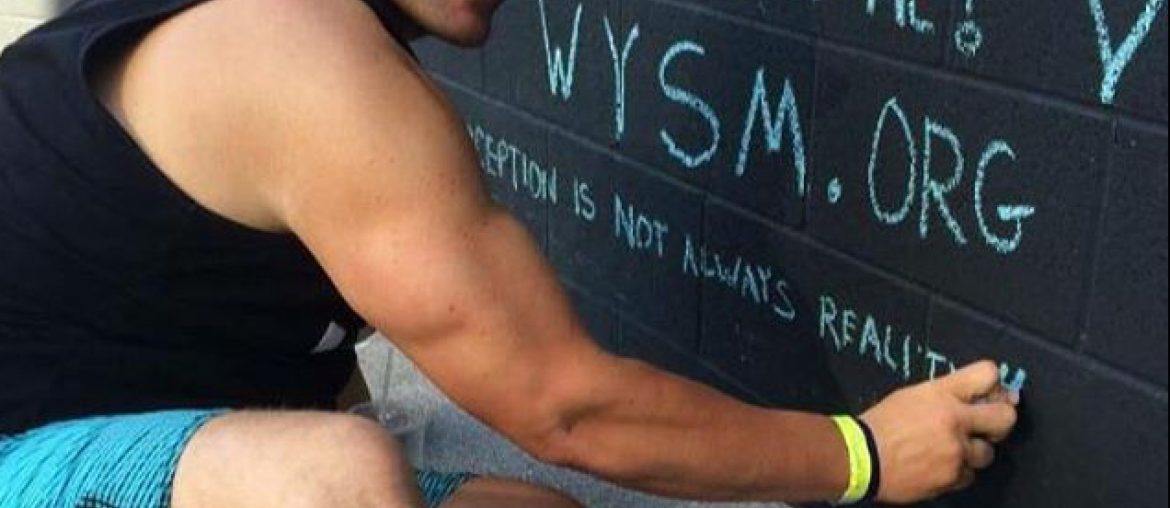
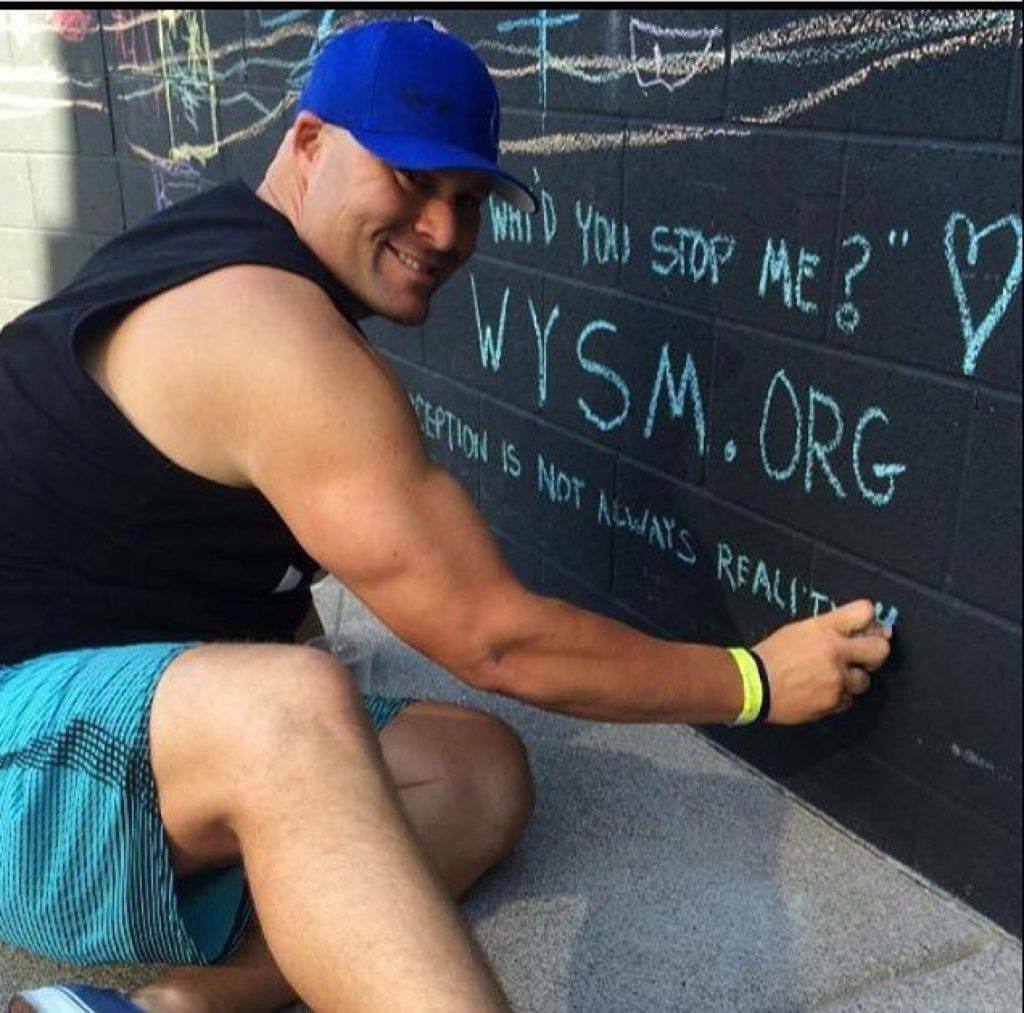
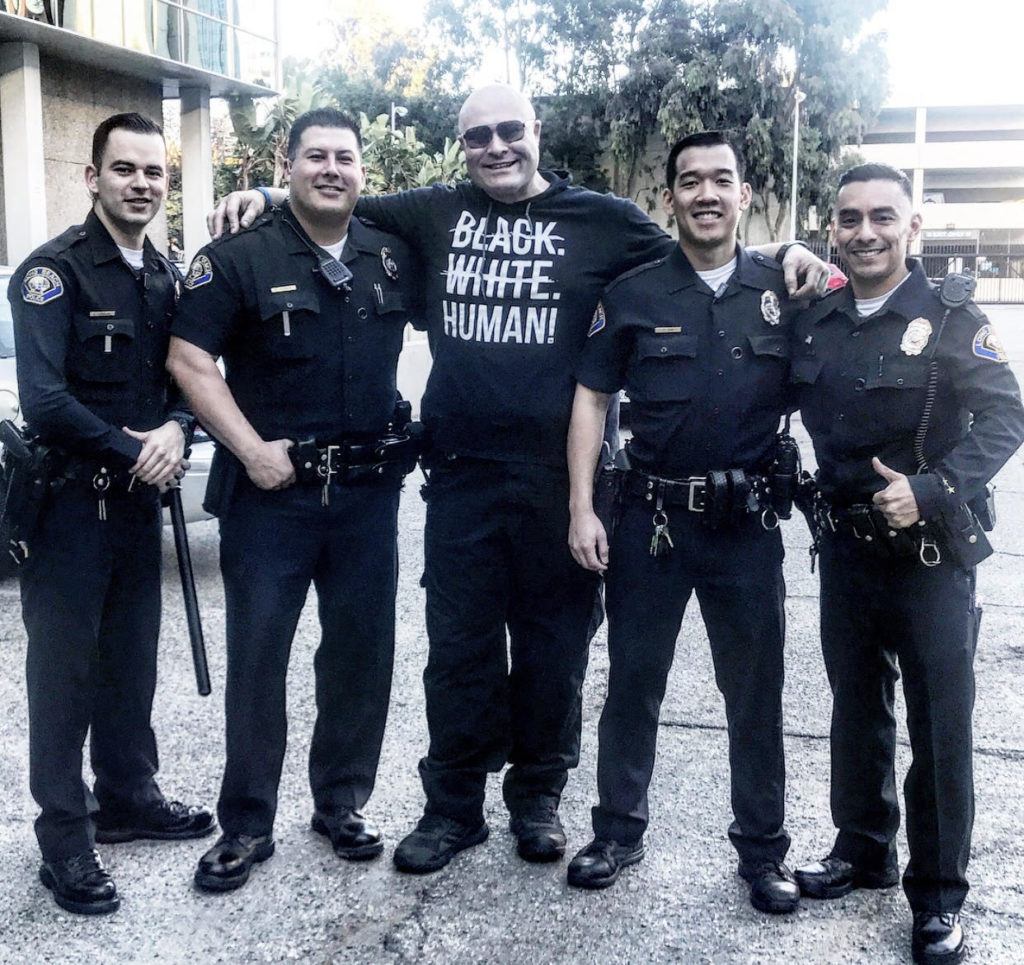
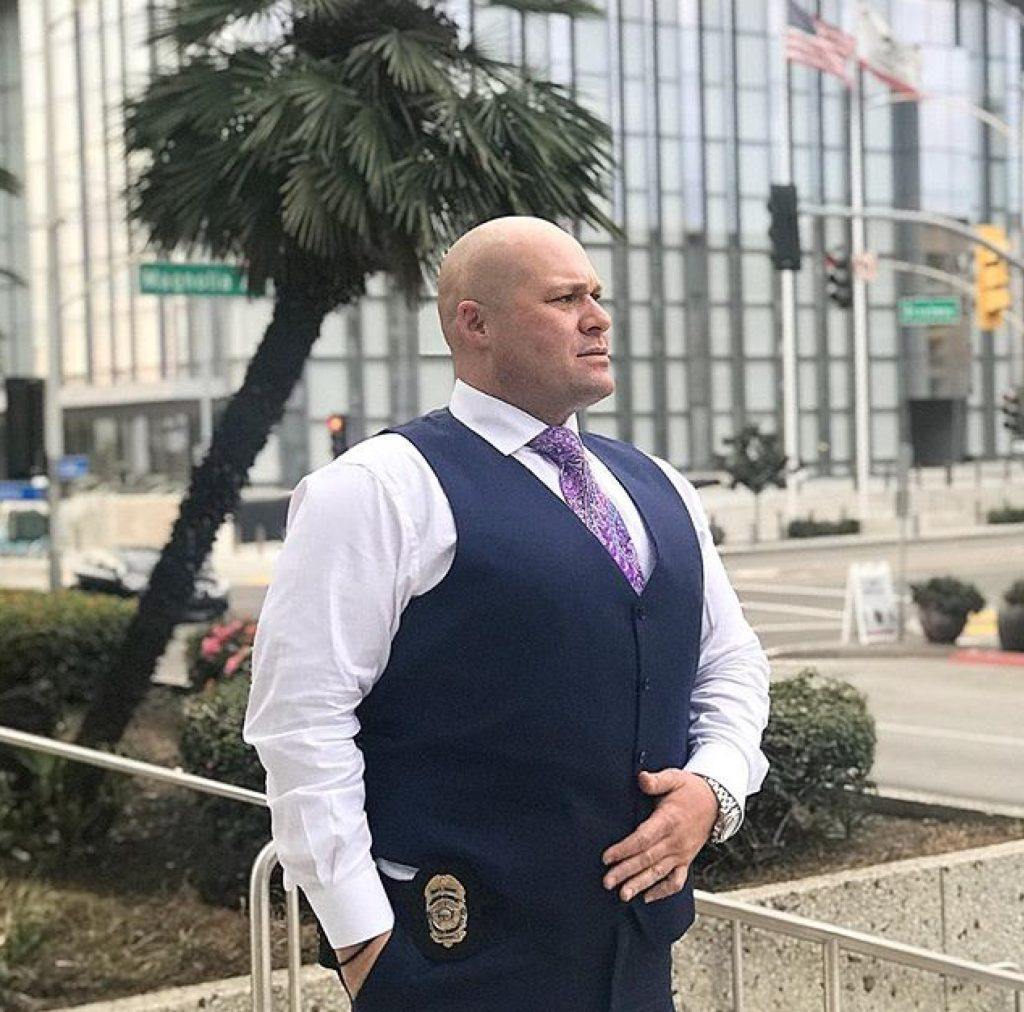 At the end of it, I was found to have used the force necessary in the situation and my name was cleared, but that didn’t completely help. I spent two years seeing psychologists, dealing with family issues, and trying to figure out how or why all of this was happening. I was found to have done the right thing and been fit of mind but this justifiable homicide was a horrible situation for me. That was my first AH-Ha moment. In December 2011, some informants tipped us off that there was going to be a gang hit on my life. It turns out that the person that died in the drug enforcement situation was a gang leader and the gang had spent two years plotting how they were going to ambush and kill me.
At the end of it, I was found to have used the force necessary in the situation and my name was cleared, but that didn’t completely help. I spent two years seeing psychologists, dealing with family issues, and trying to figure out how or why all of this was happening. I was found to have done the right thing and been fit of mind but this justifiable homicide was a horrible situation for me. That was my first AH-Ha moment. In December 2011, some informants tipped us off that there was going to be a gang hit on my life. It turns out that the person that died in the drug enforcement situation was a gang leader and the gang had spent two years plotting how they were going to ambush and kill me.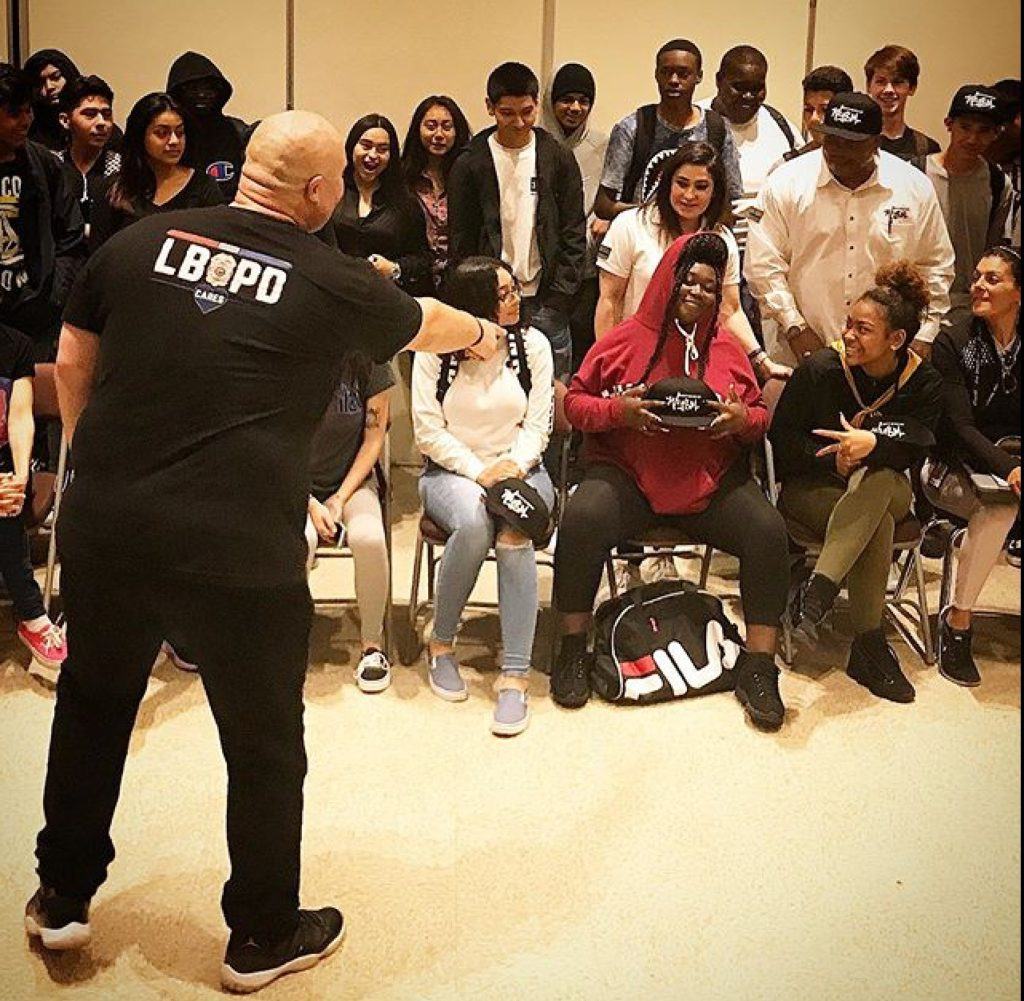
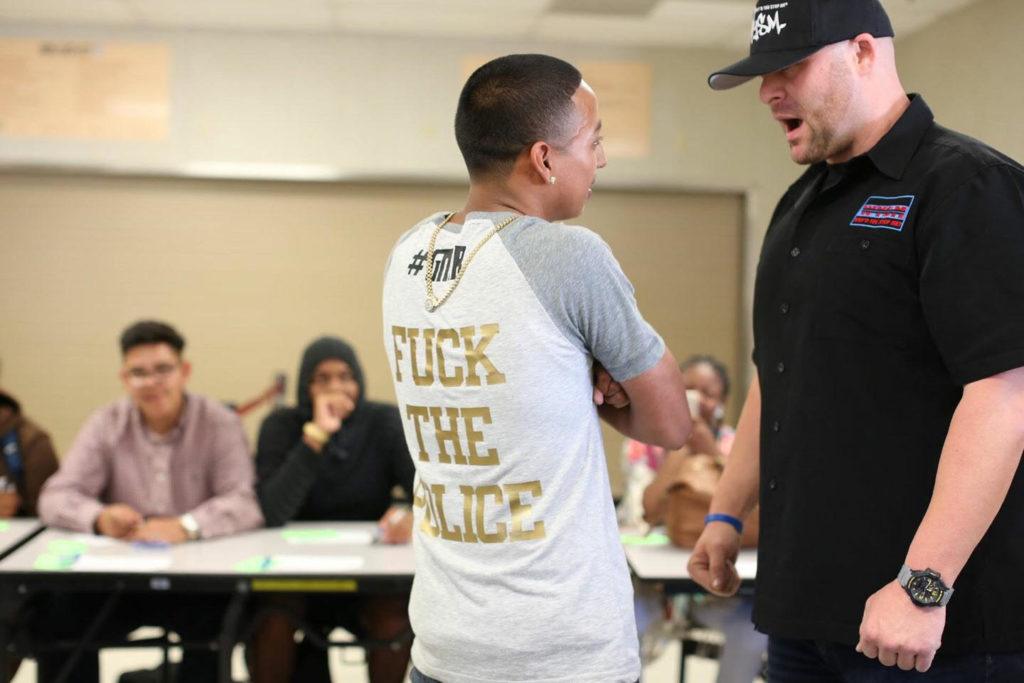
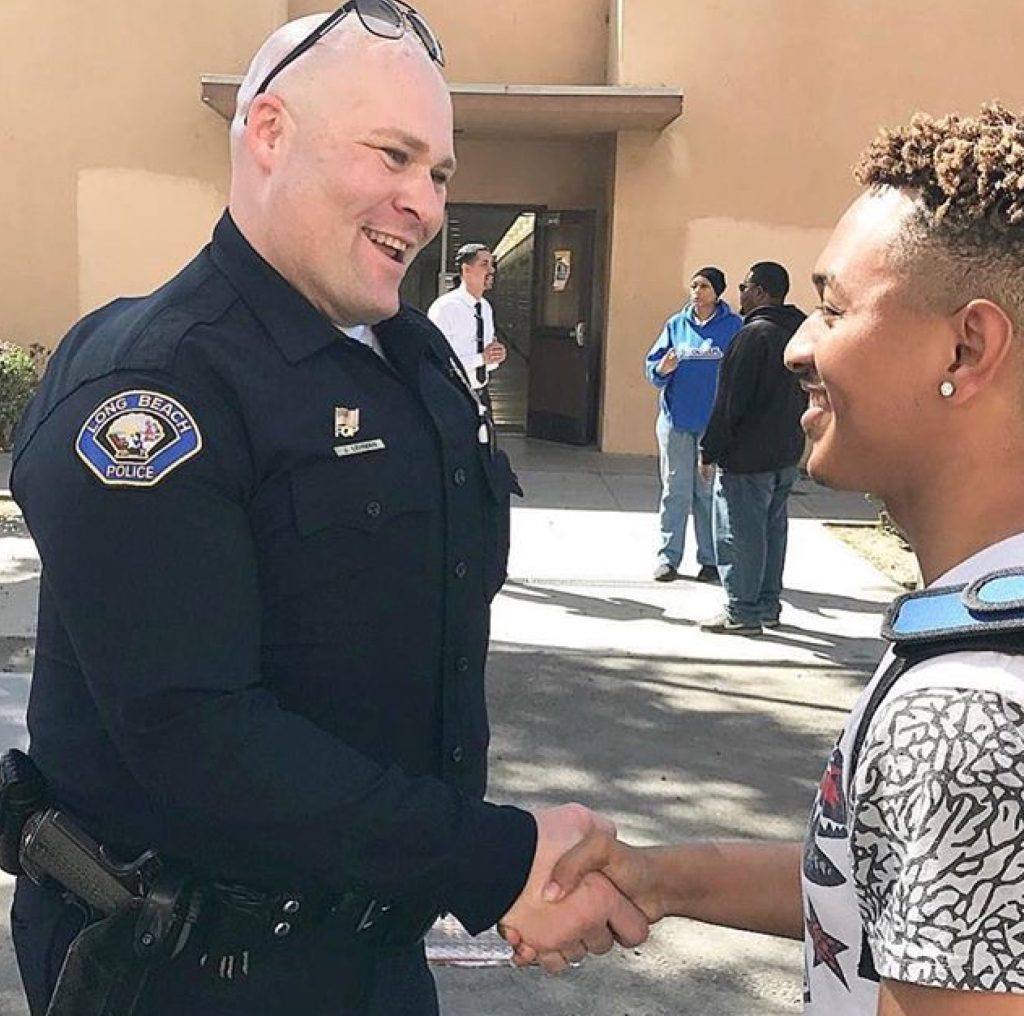
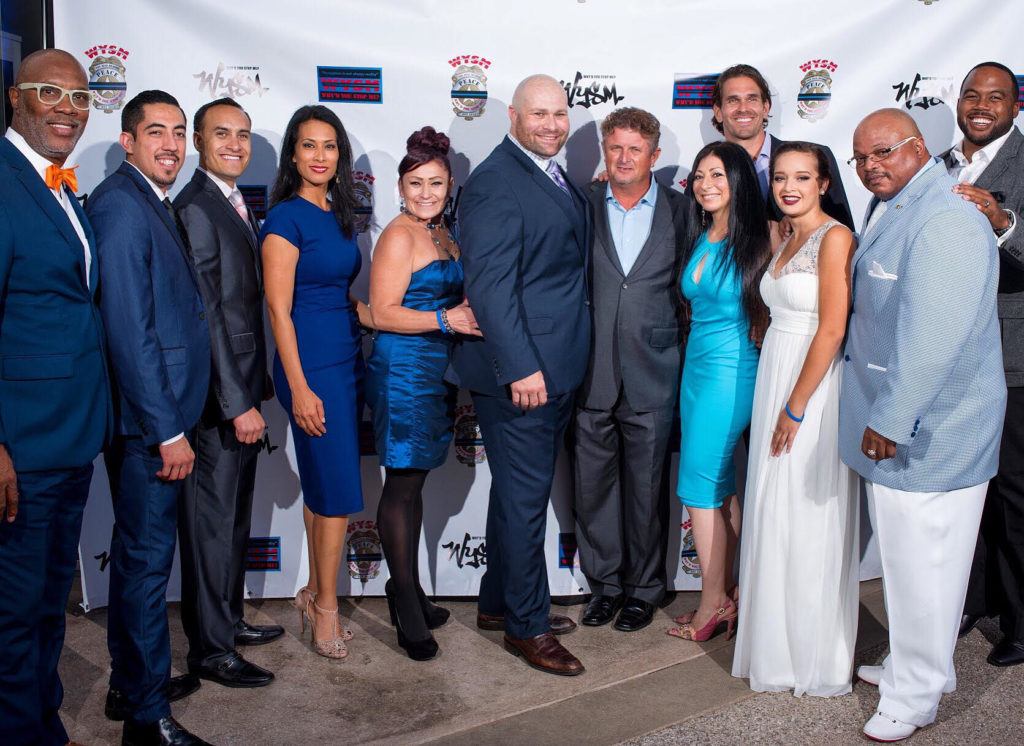
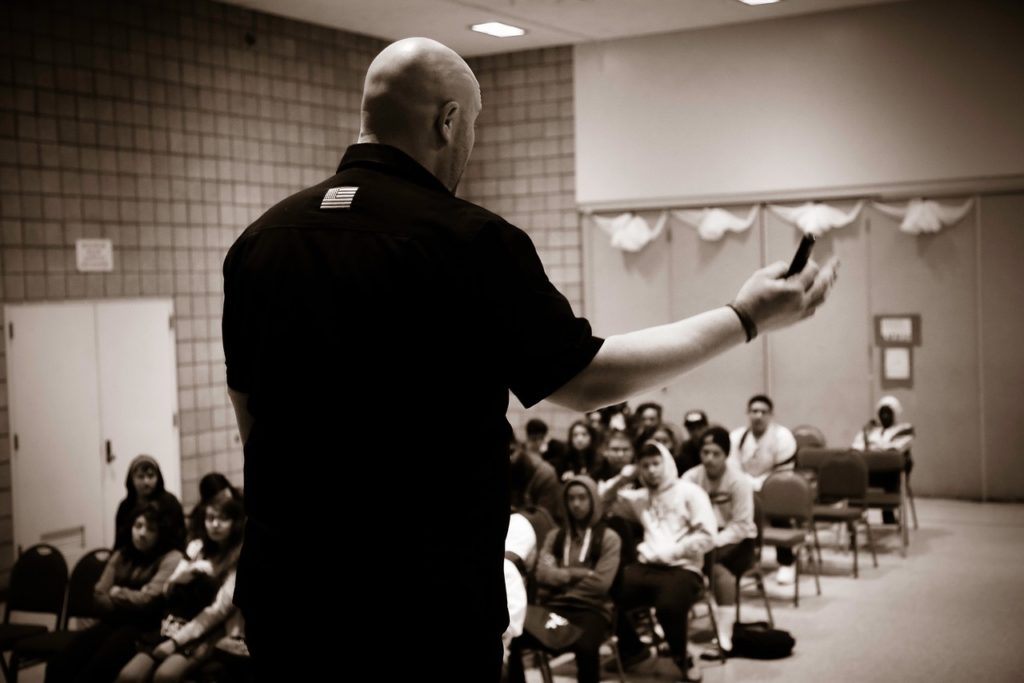
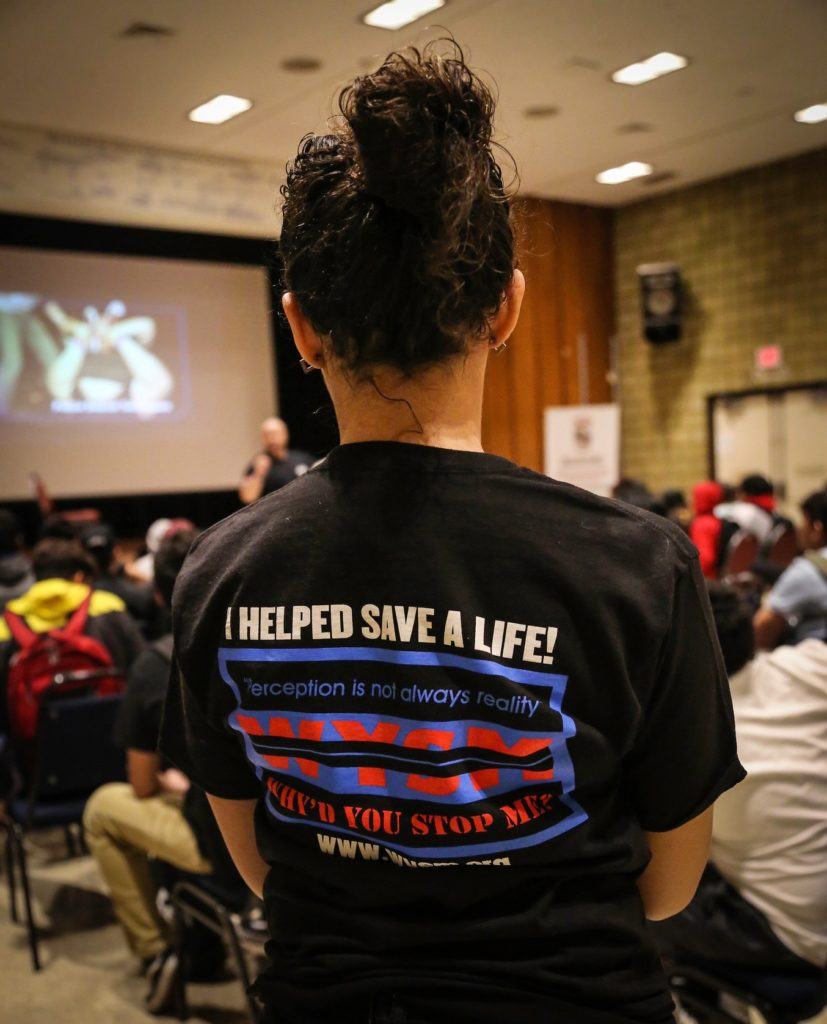
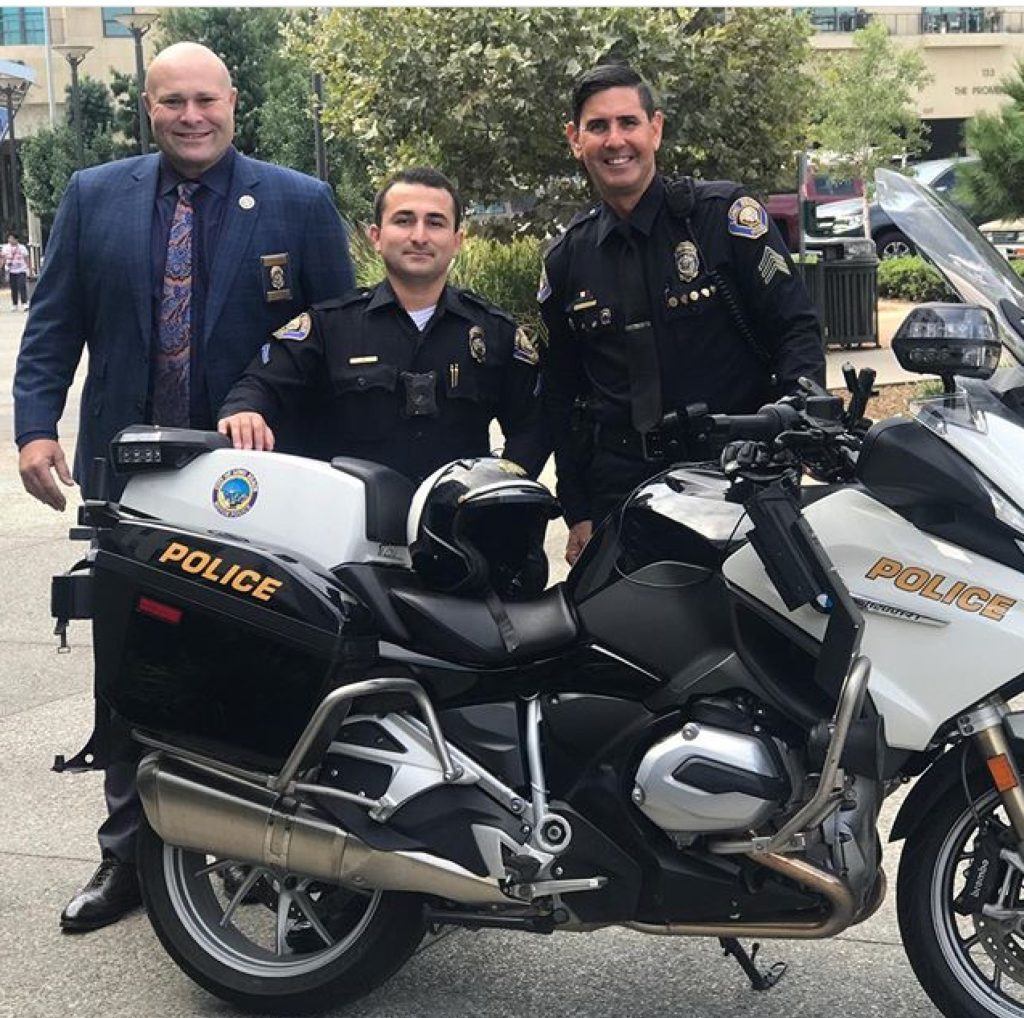
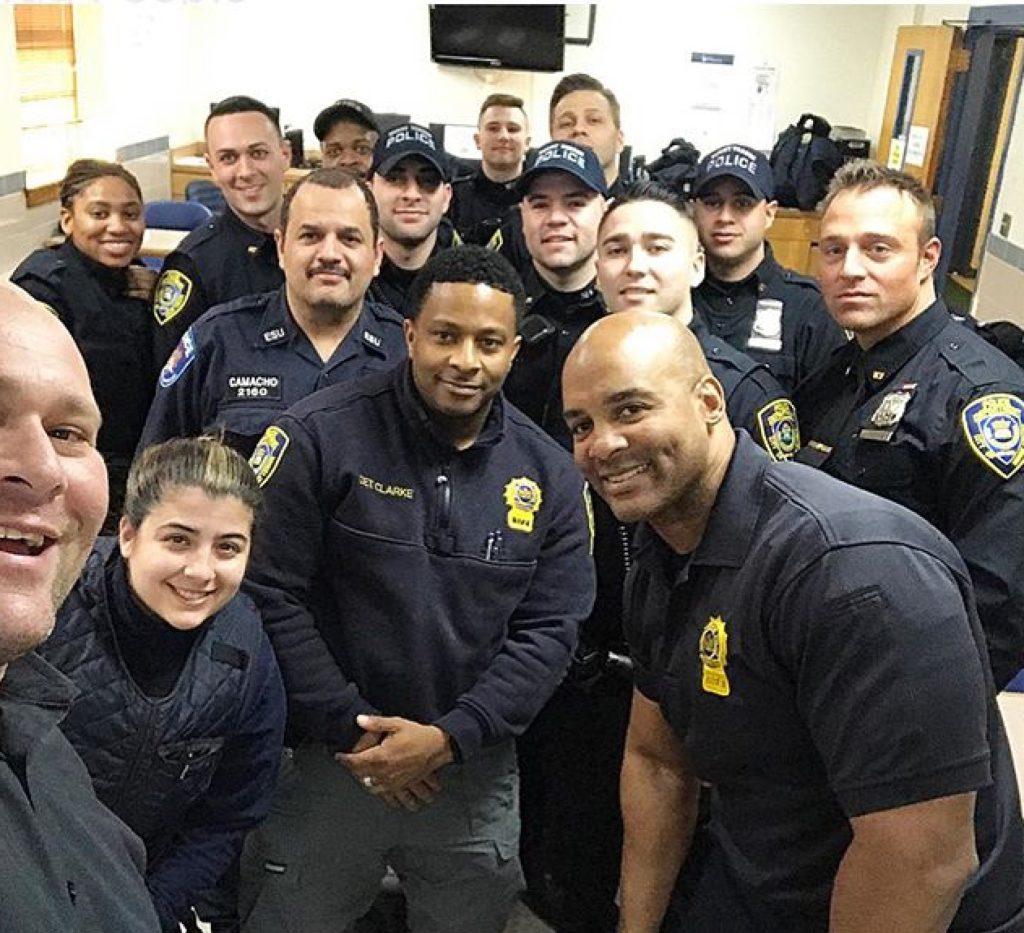
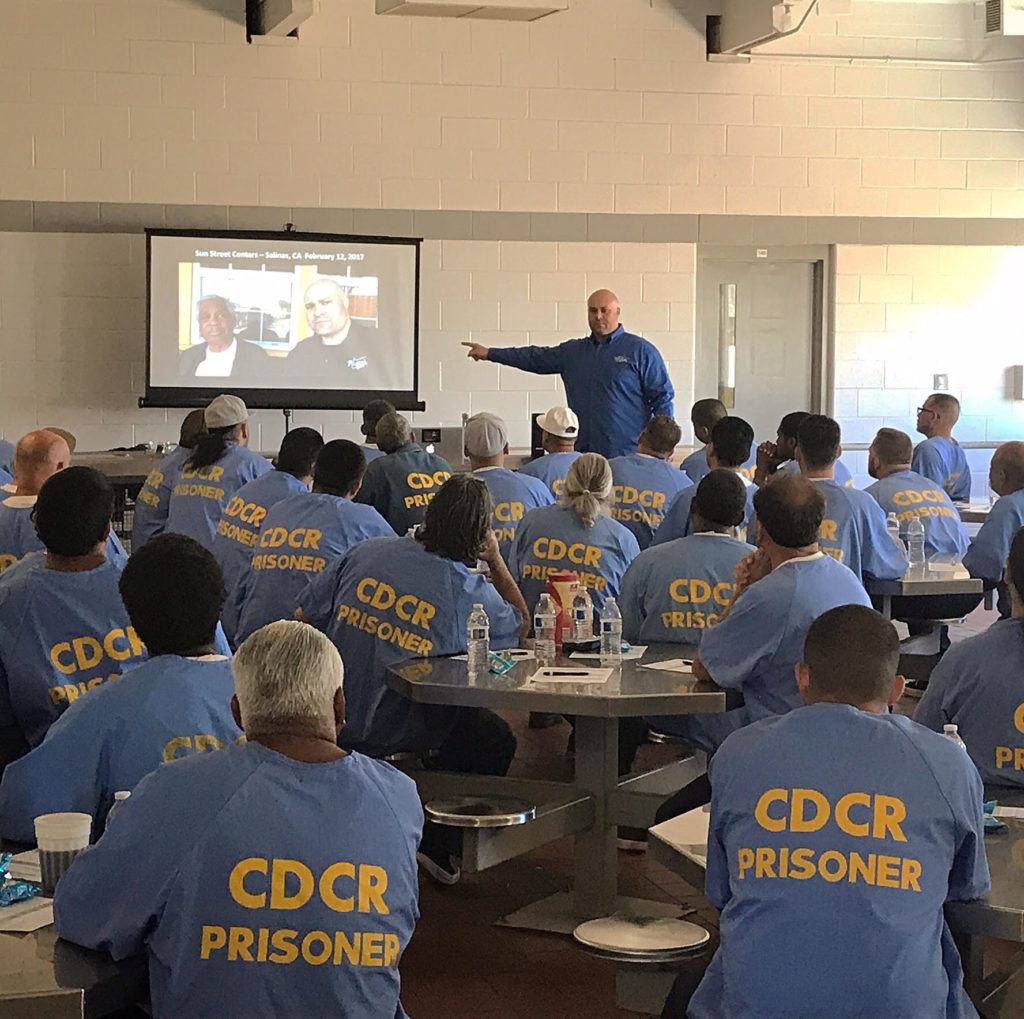
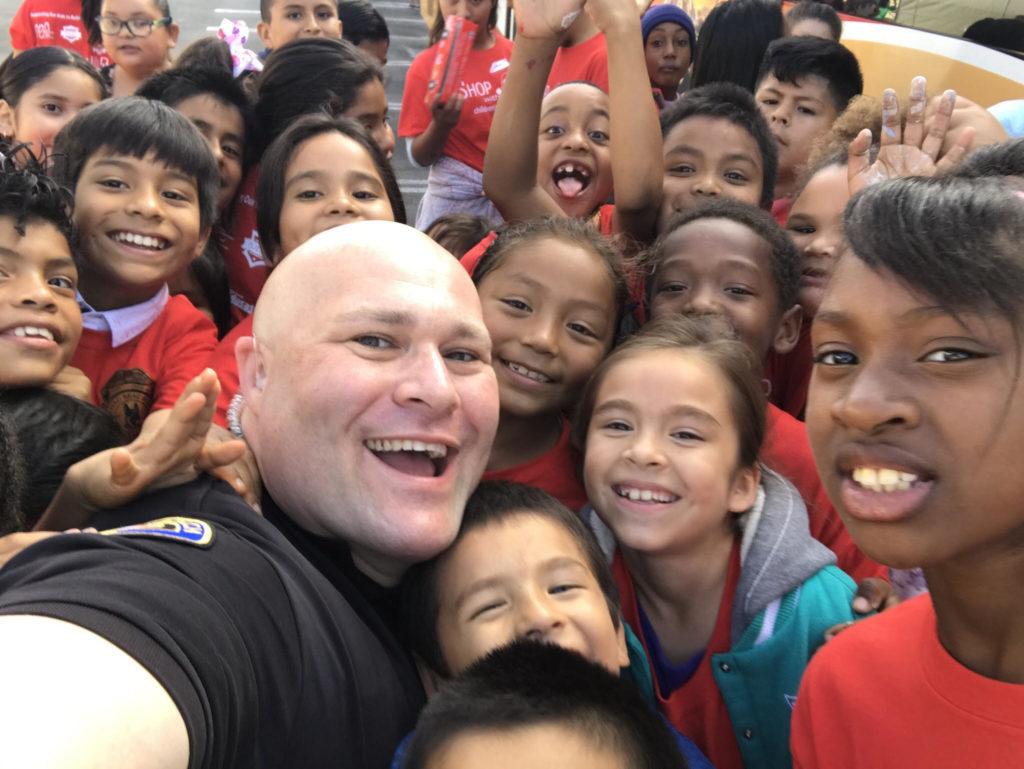
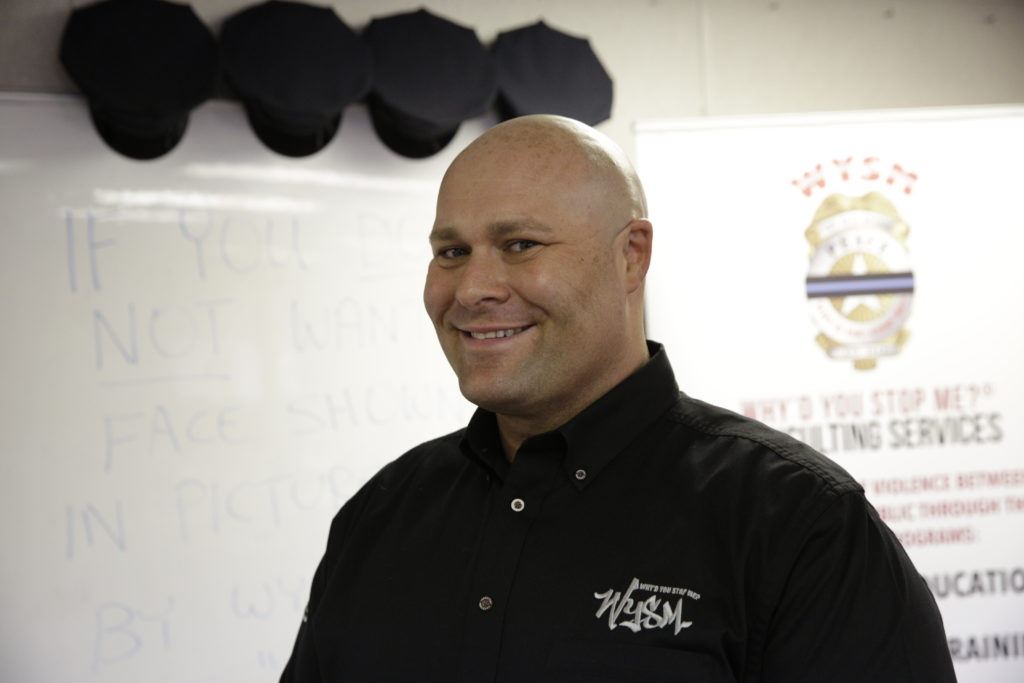
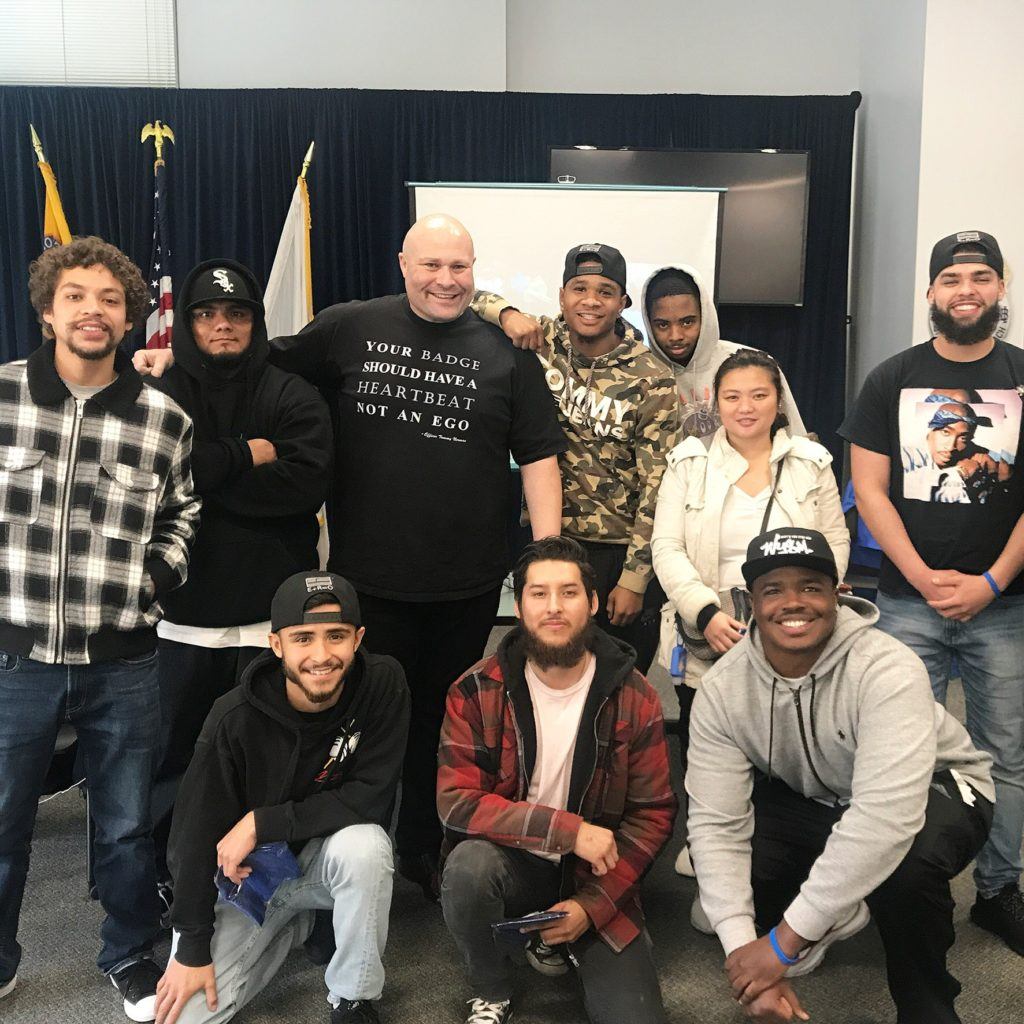
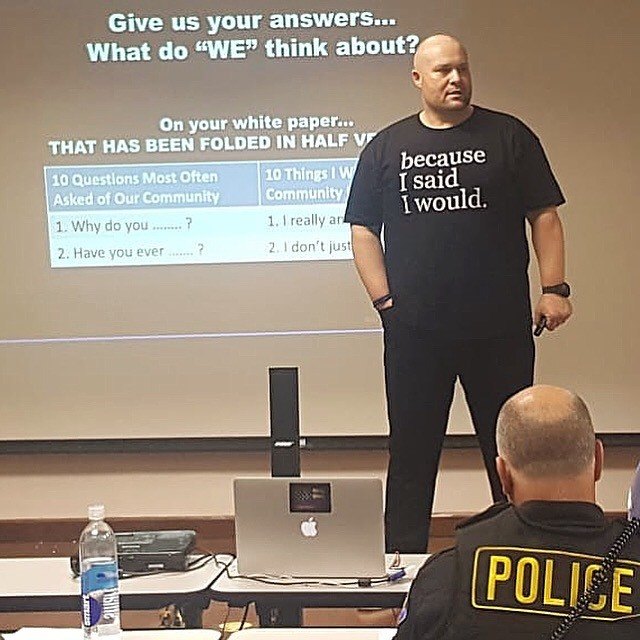
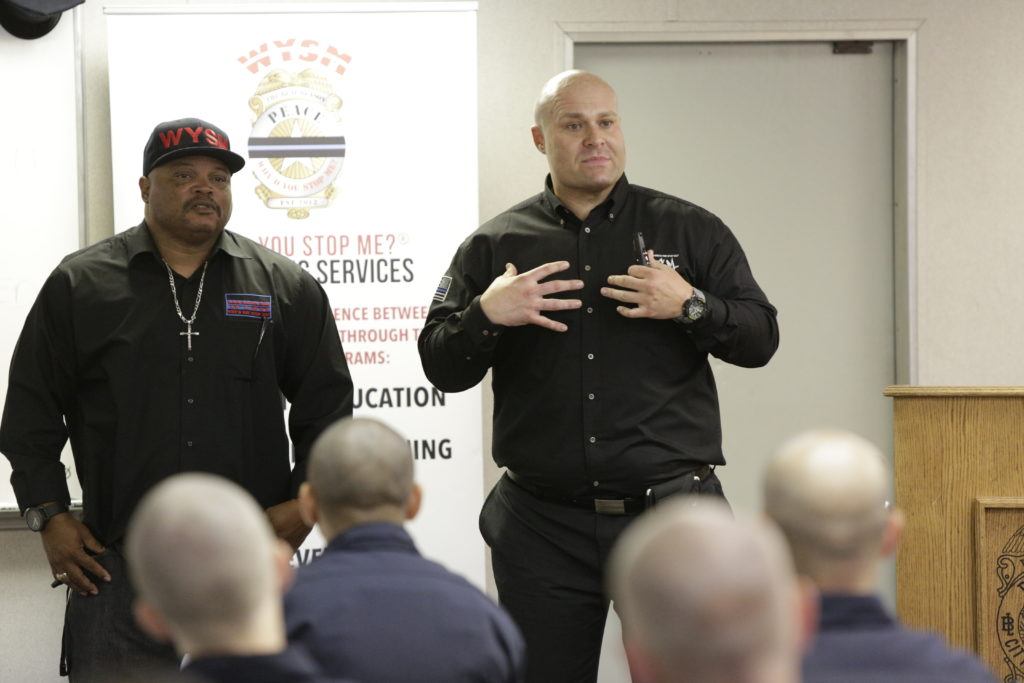
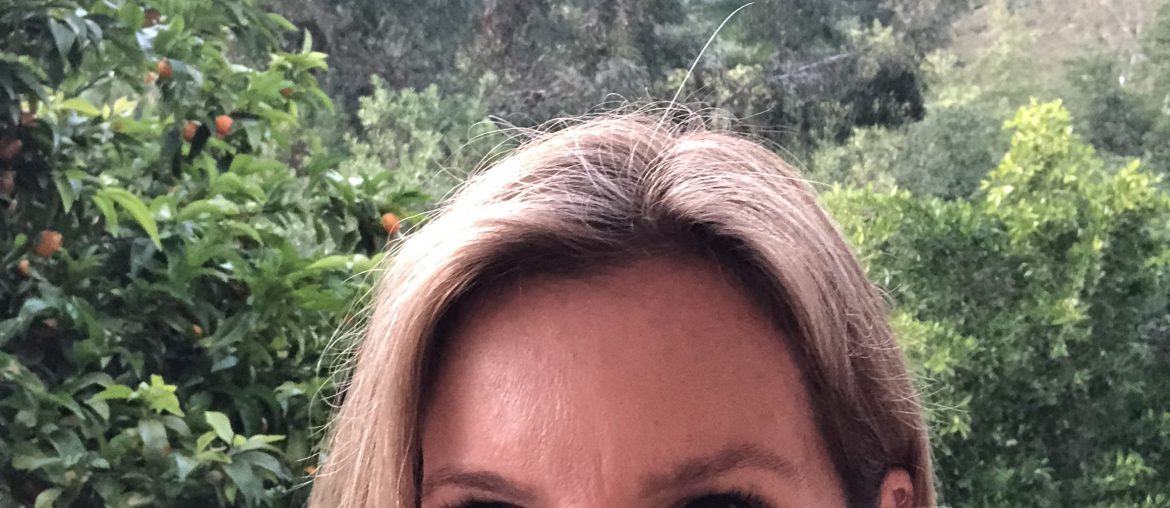
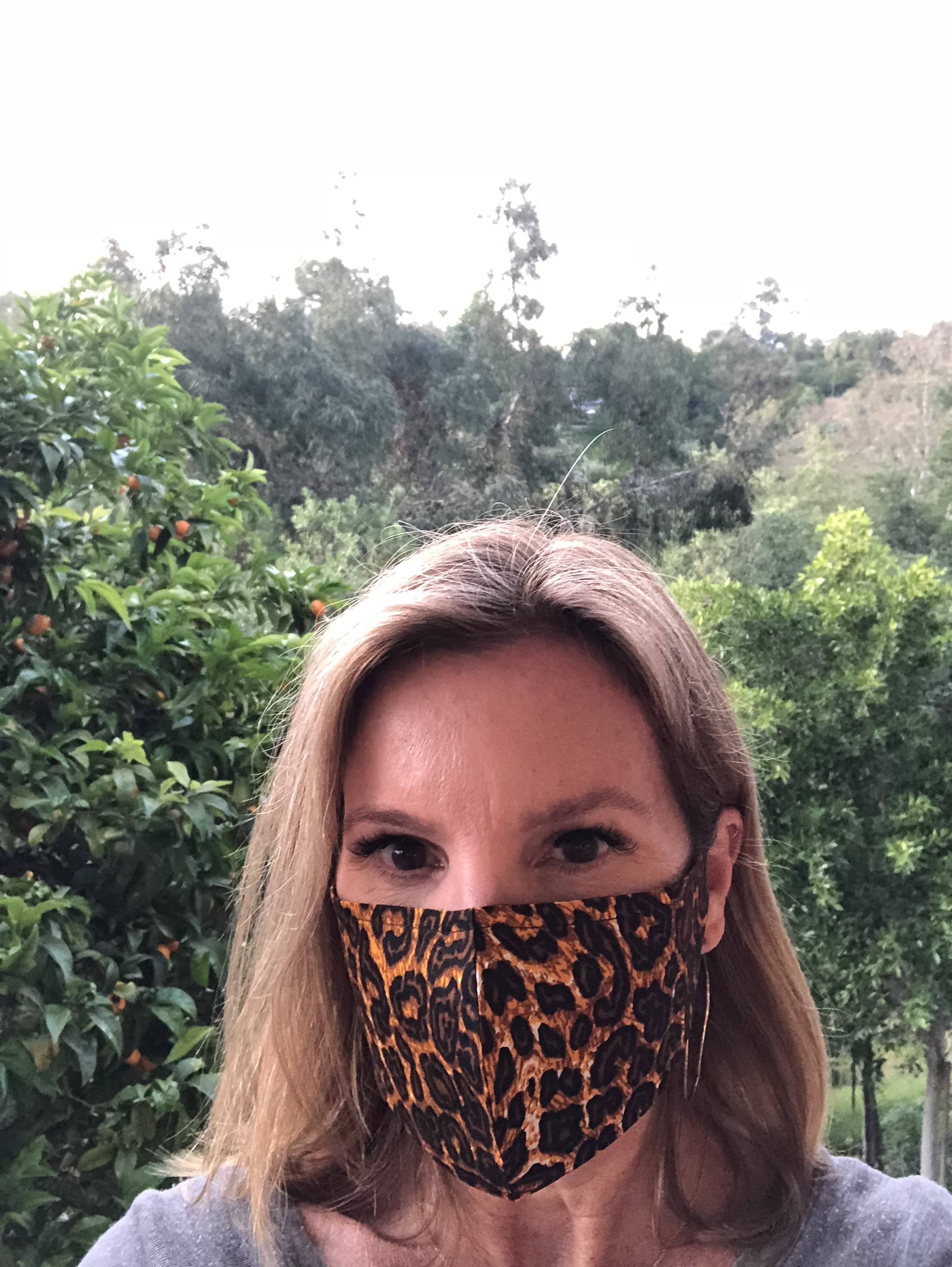
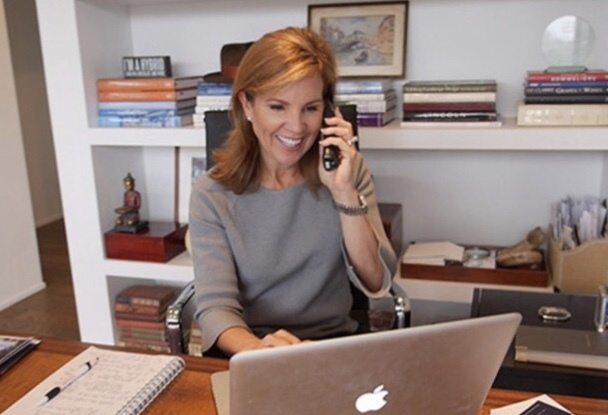
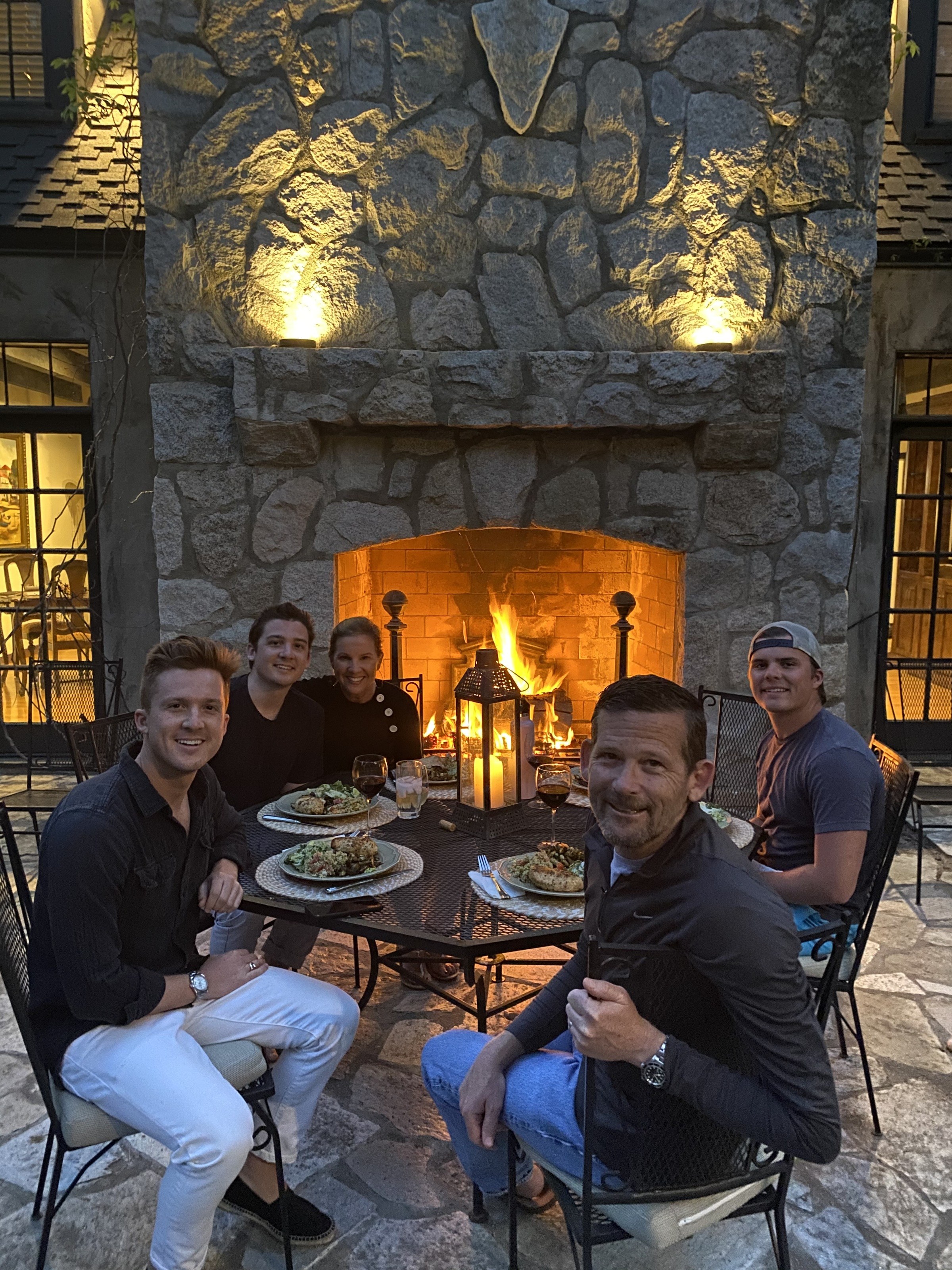
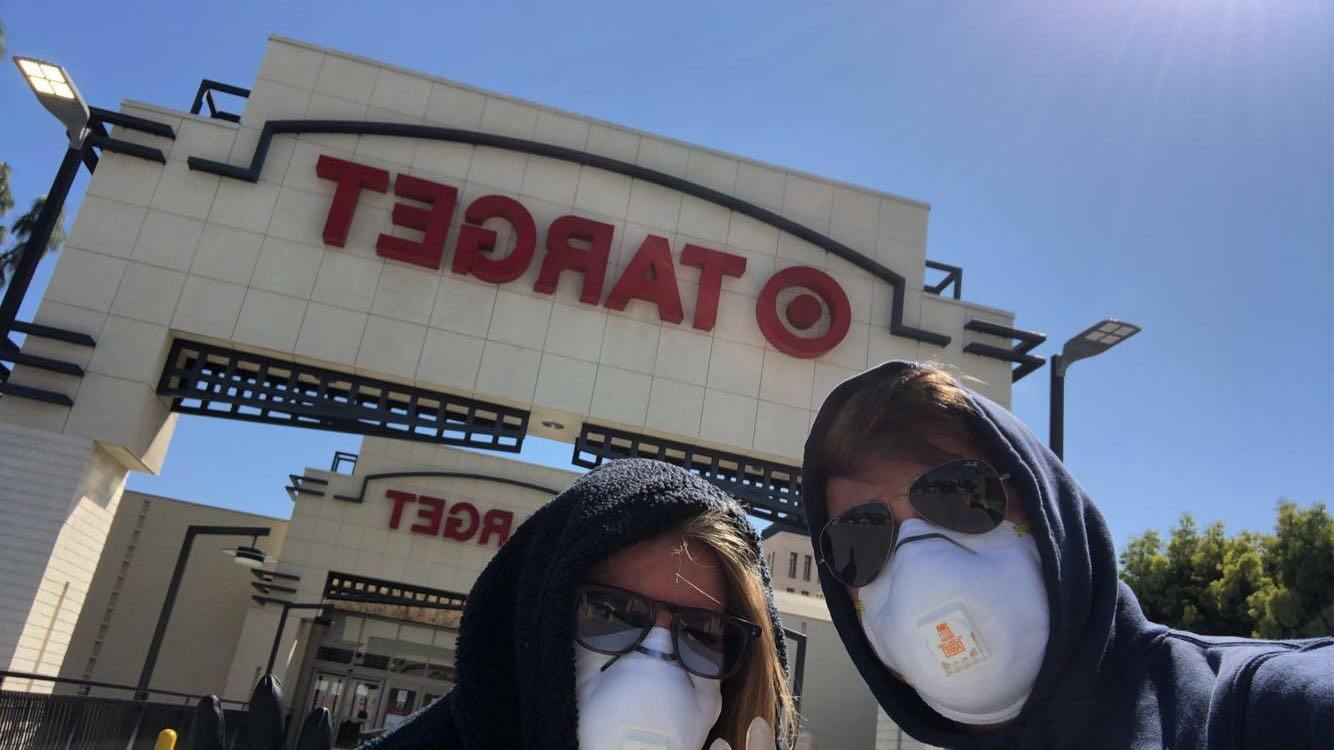

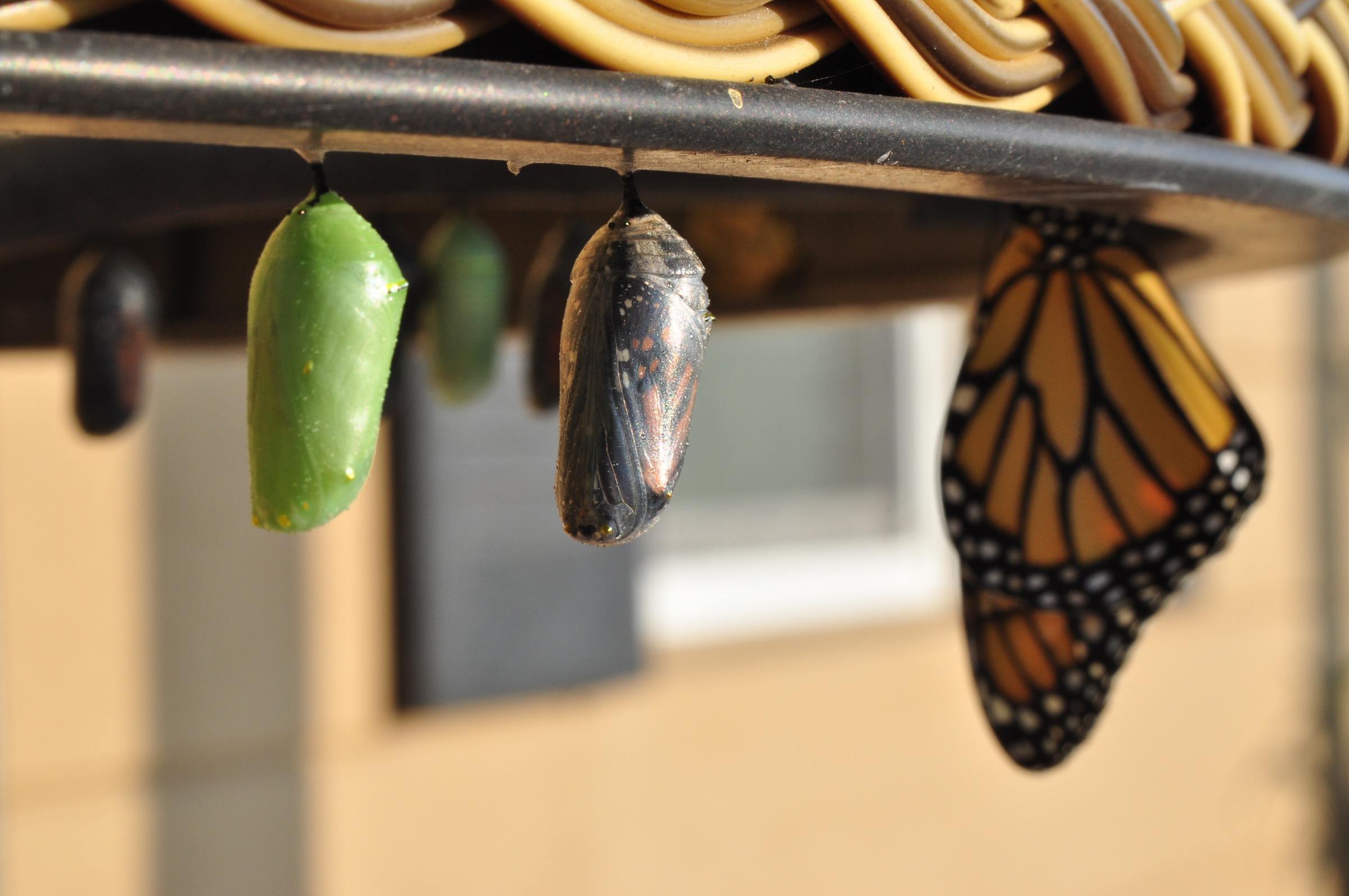


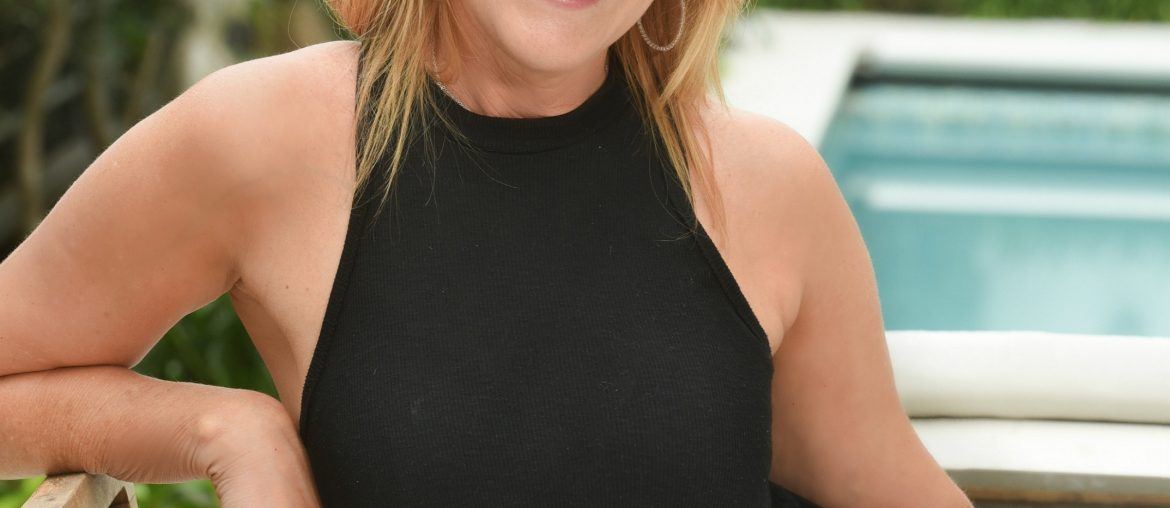
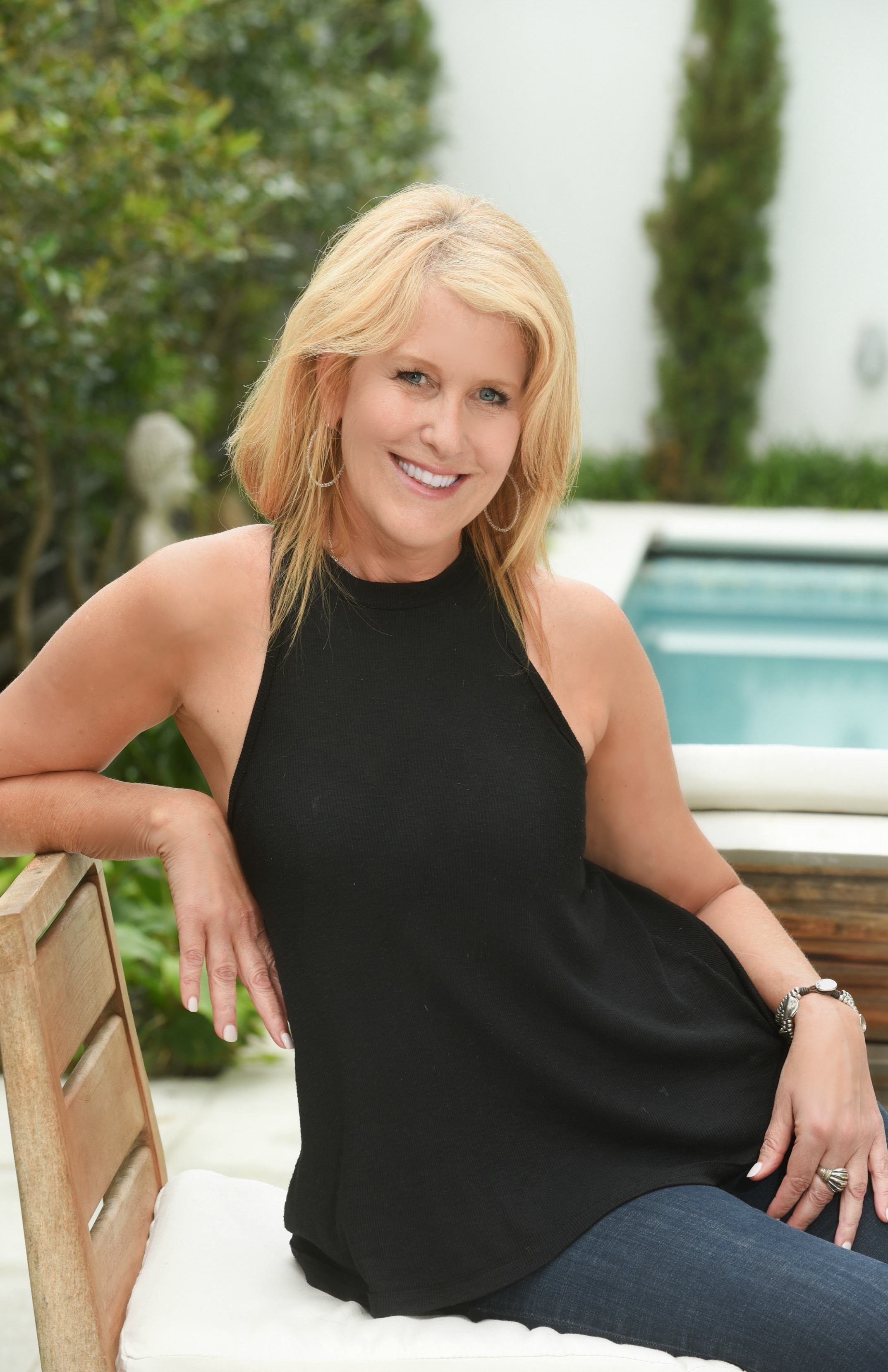
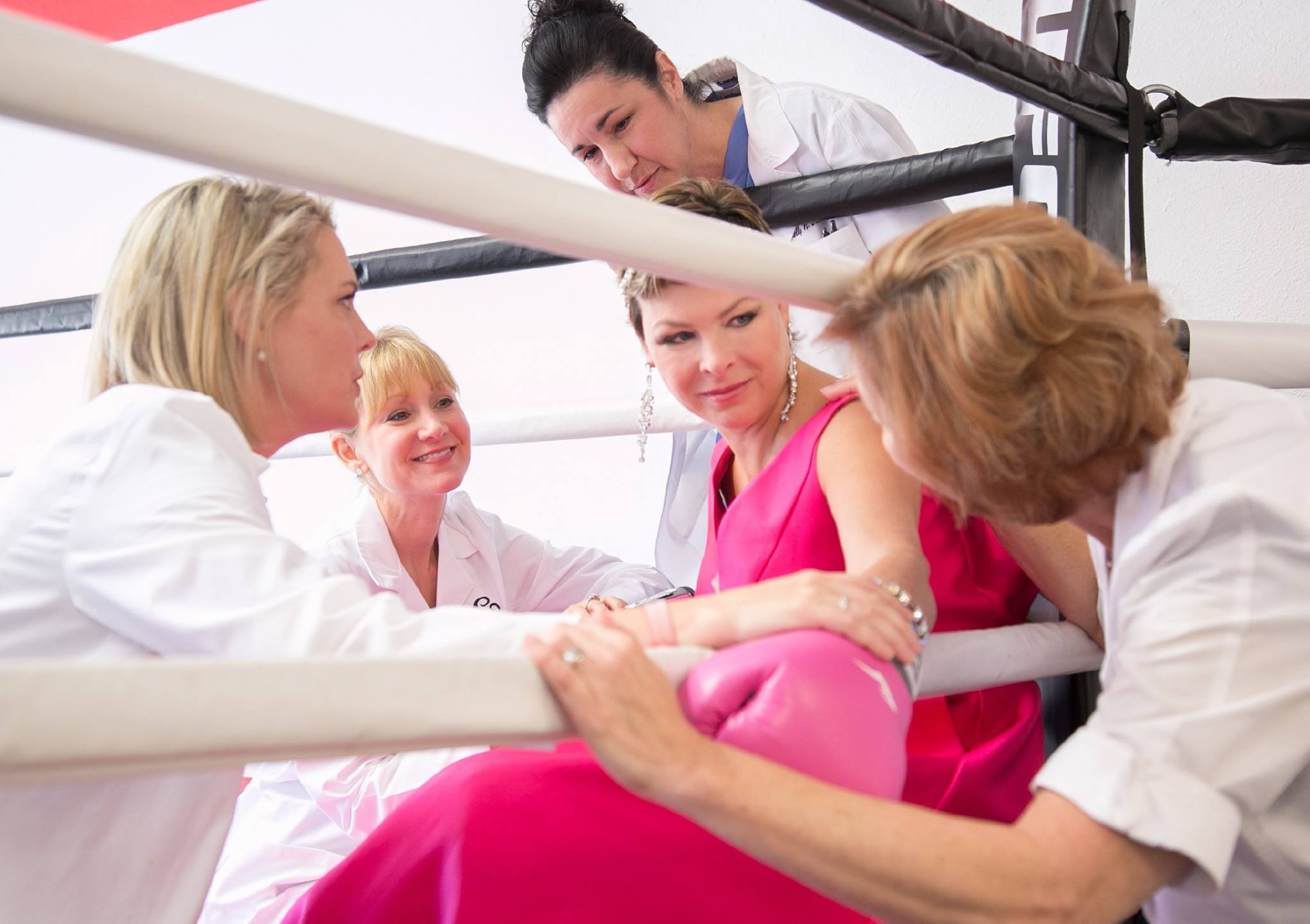
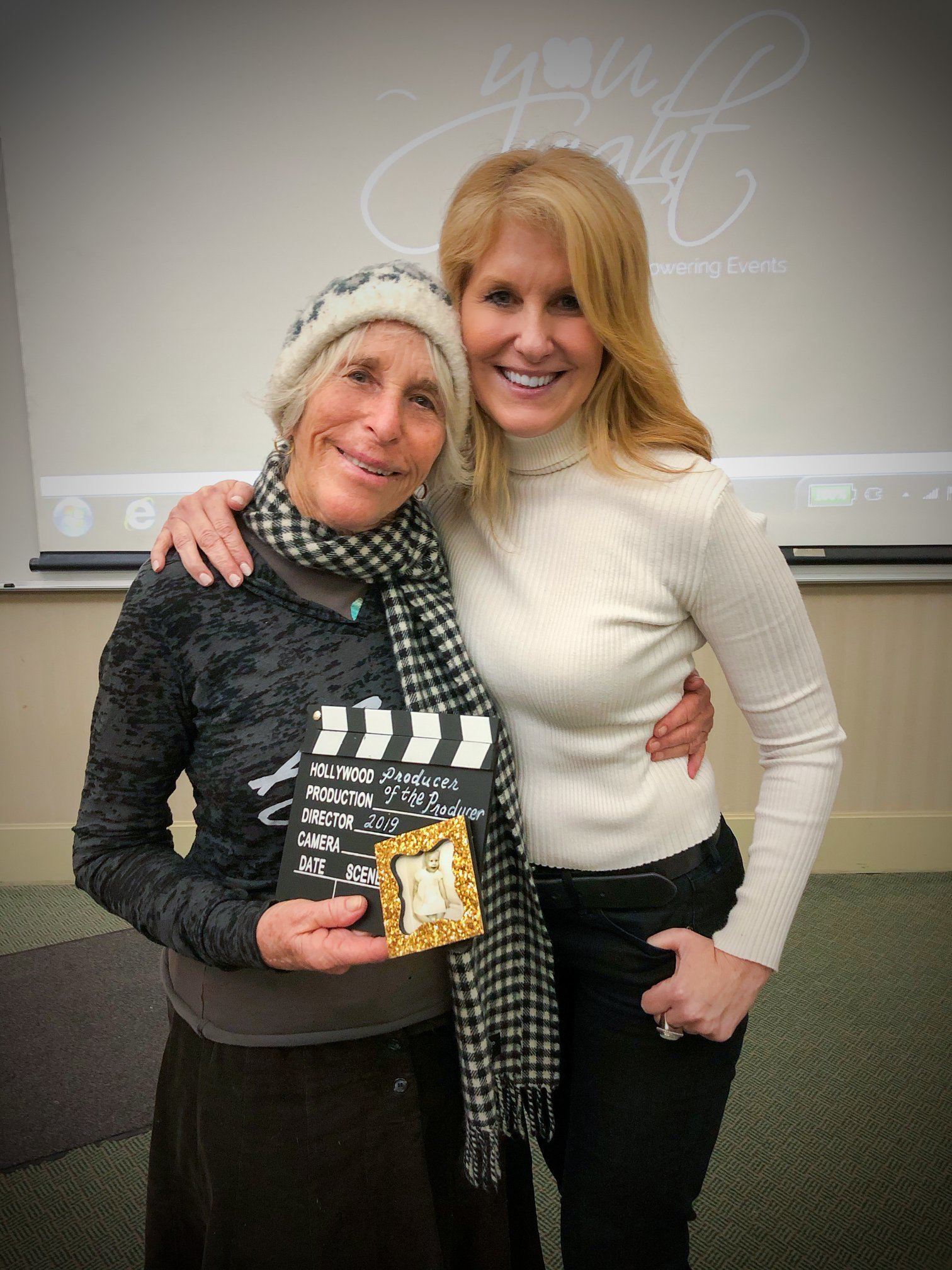
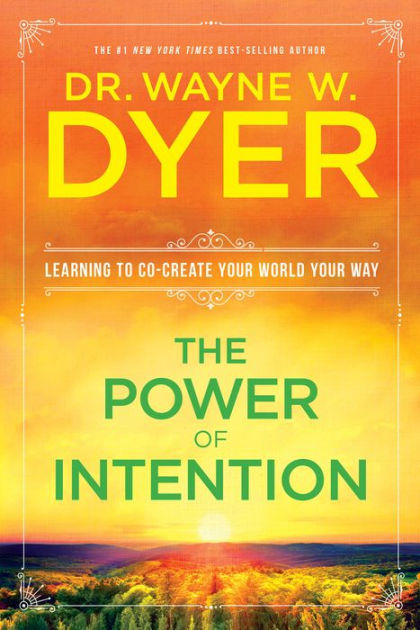
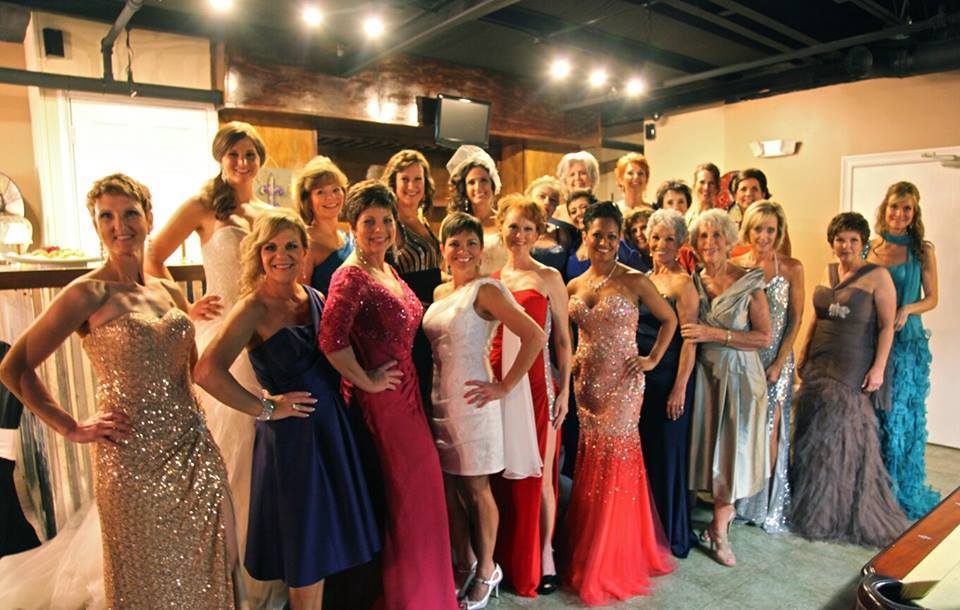
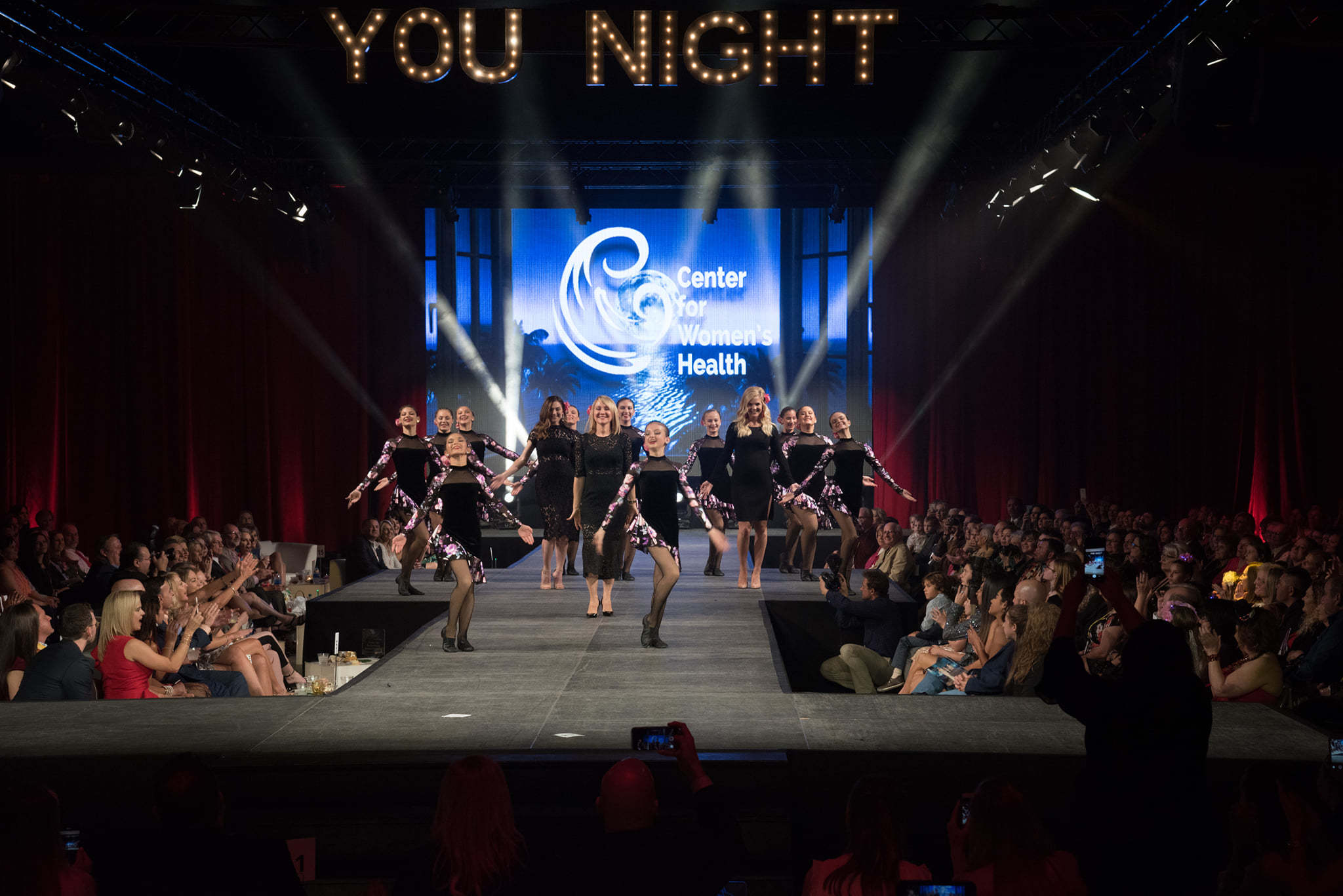
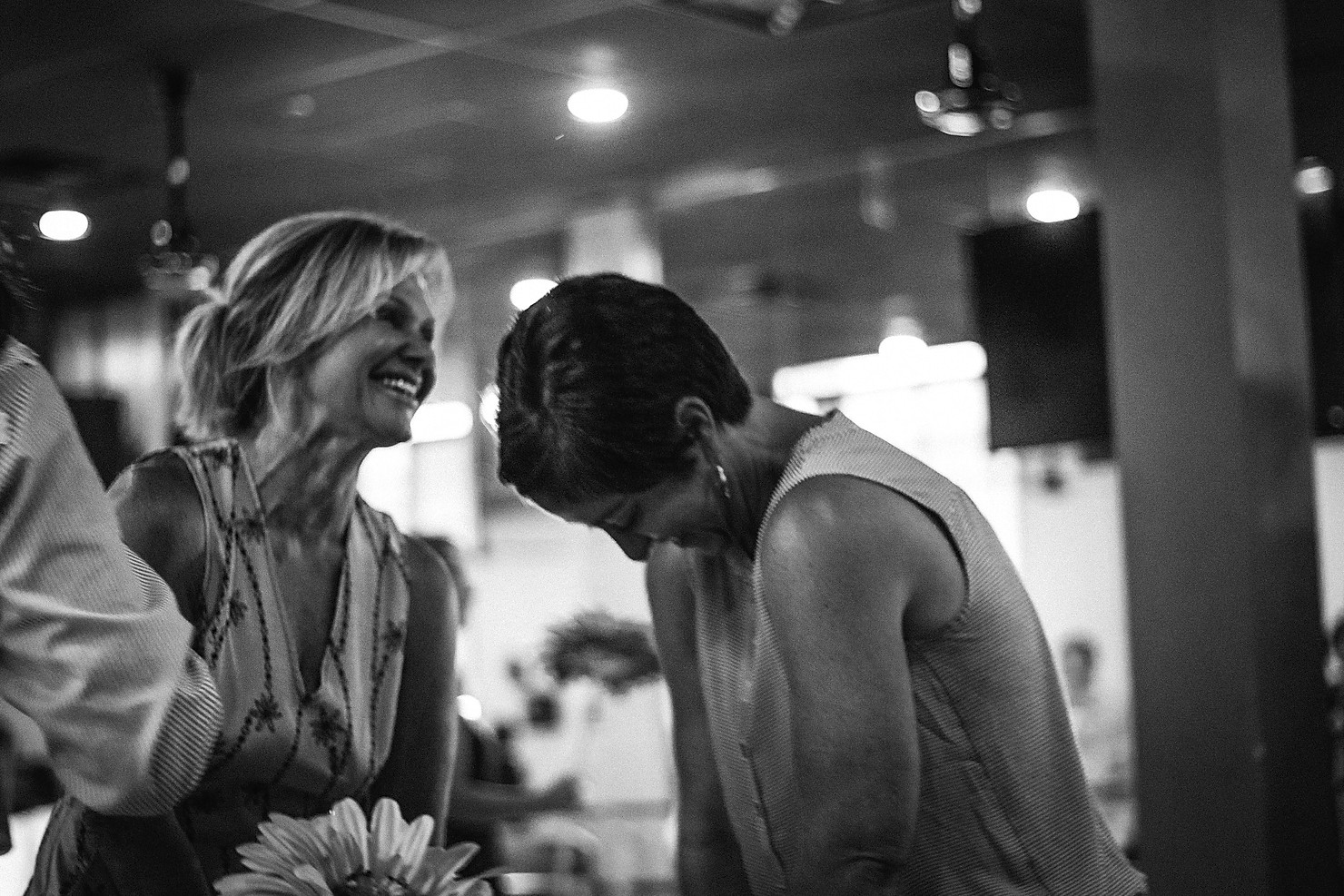
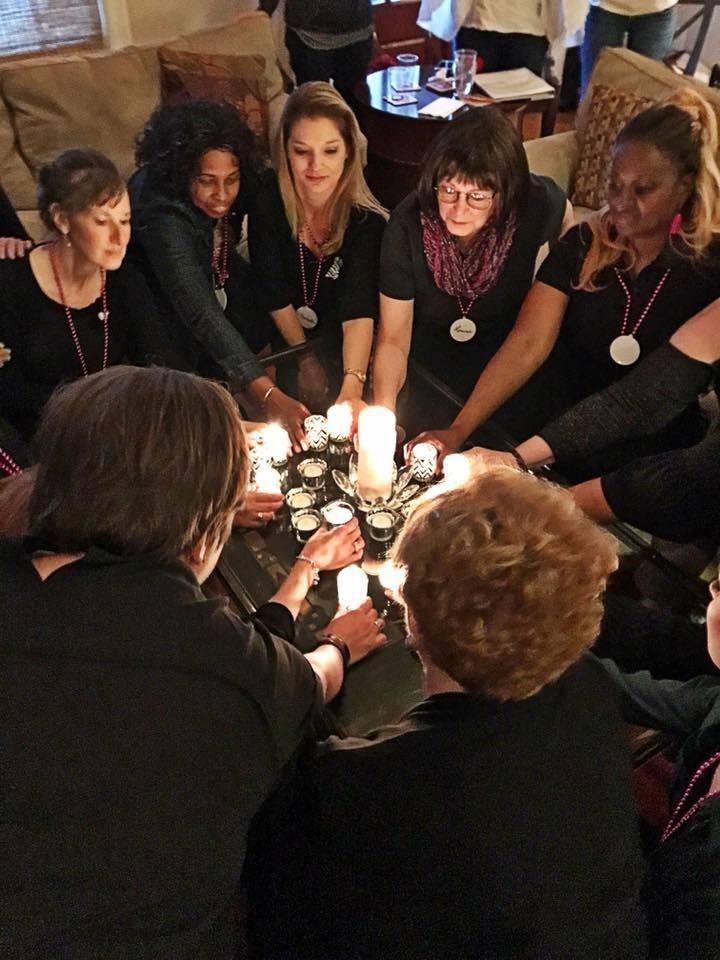
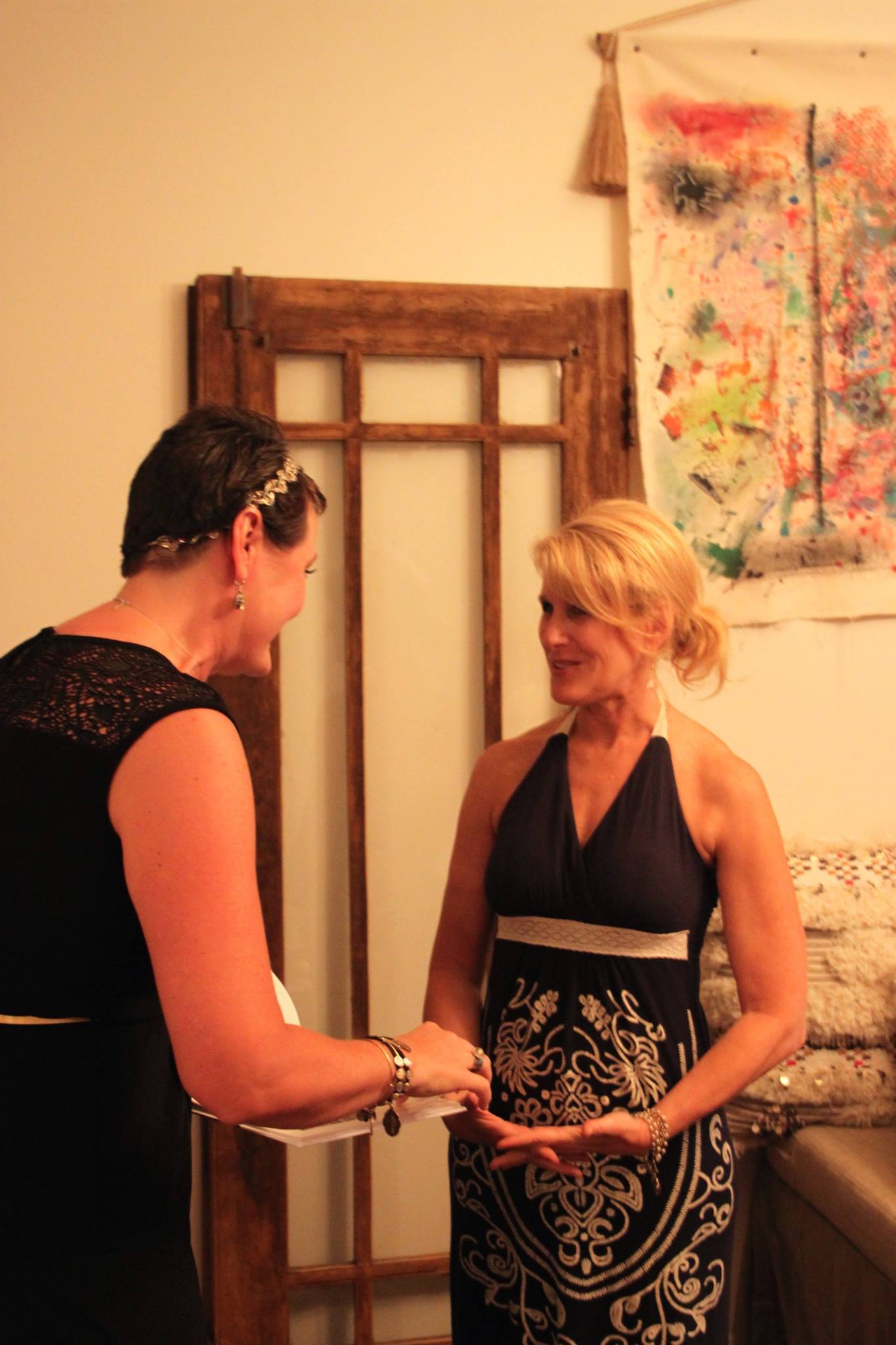
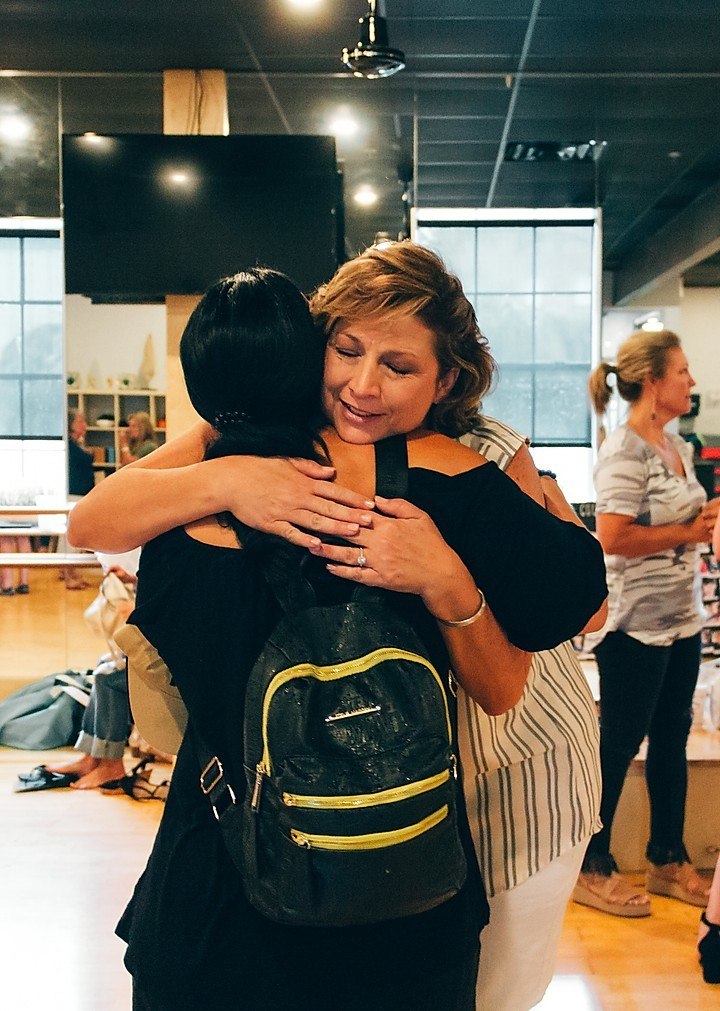
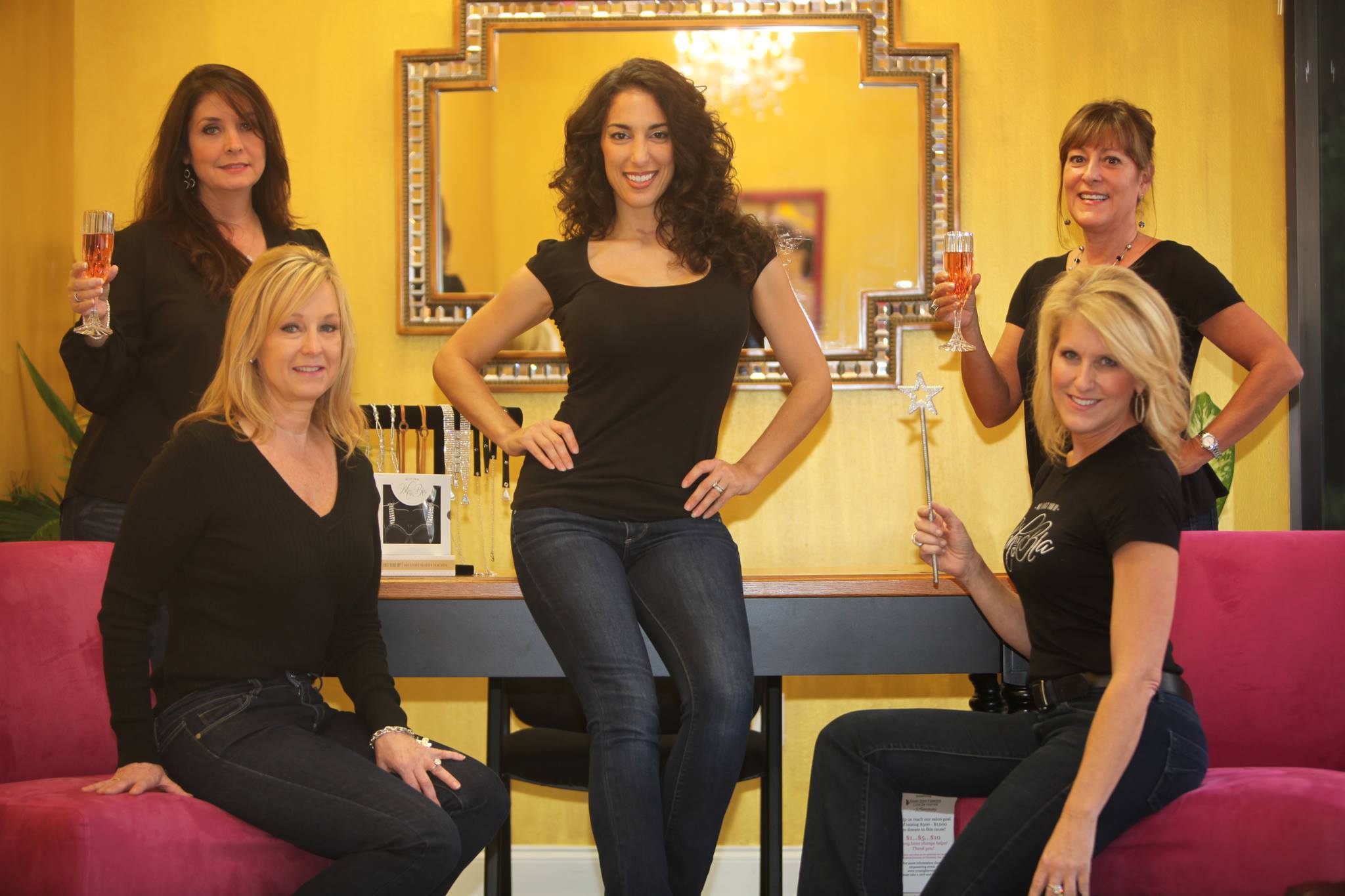 We sort of realized that our empowerment experience is a two year experience, the first year is giving them back their own self-esteem and their life and their attitude. And then pulling out you find out so many things about them like they’re amazing skills, and these are women are not defined by cancer.
We sort of realized that our empowerment experience is a two year experience, the first year is giving them back their own self-esteem and their life and their attitude. And then pulling out you find out so many things about them like they’re amazing skills, and these are women are not defined by cancer.